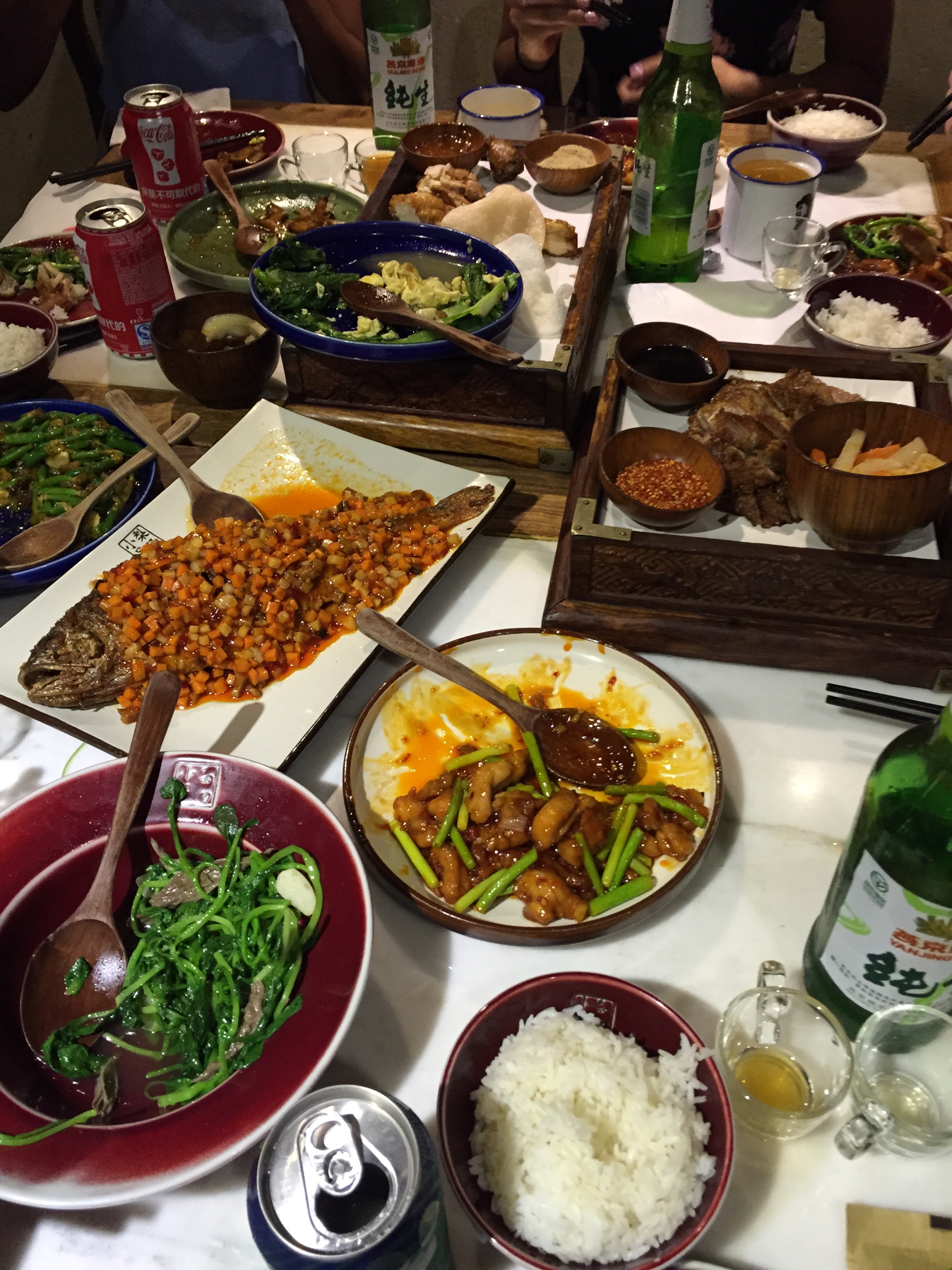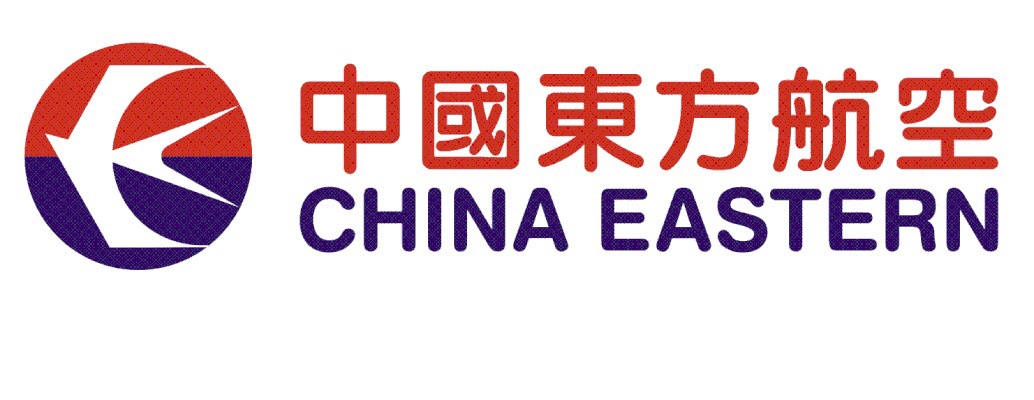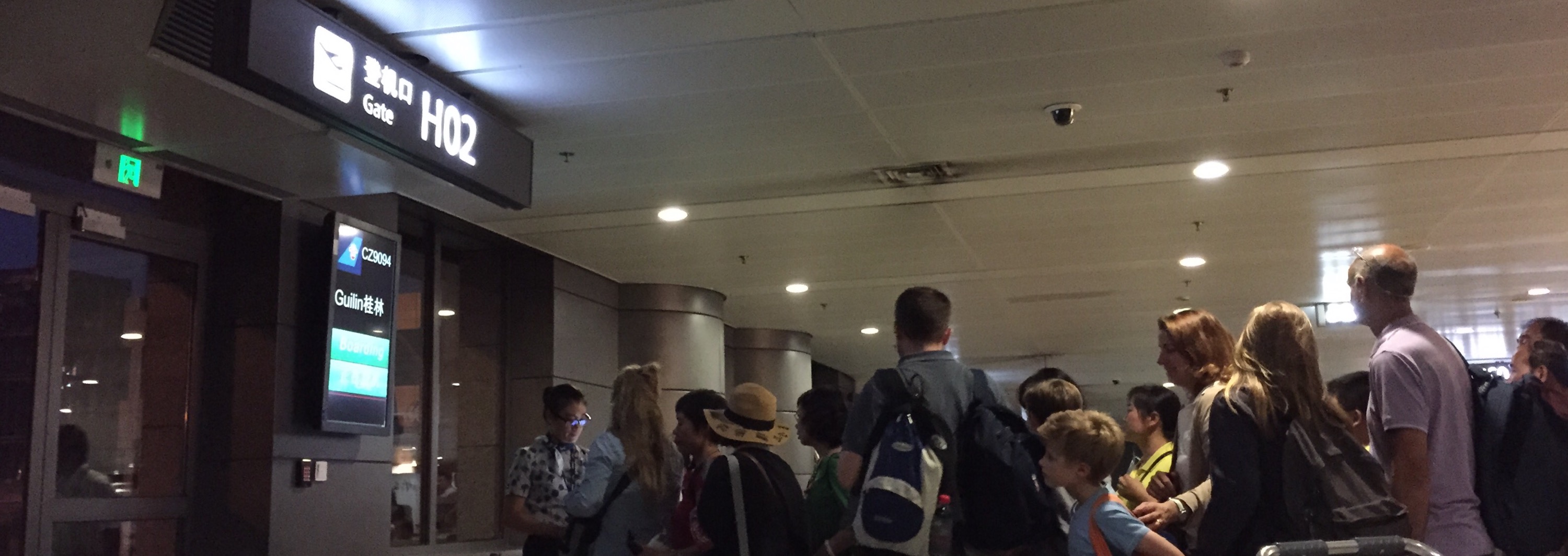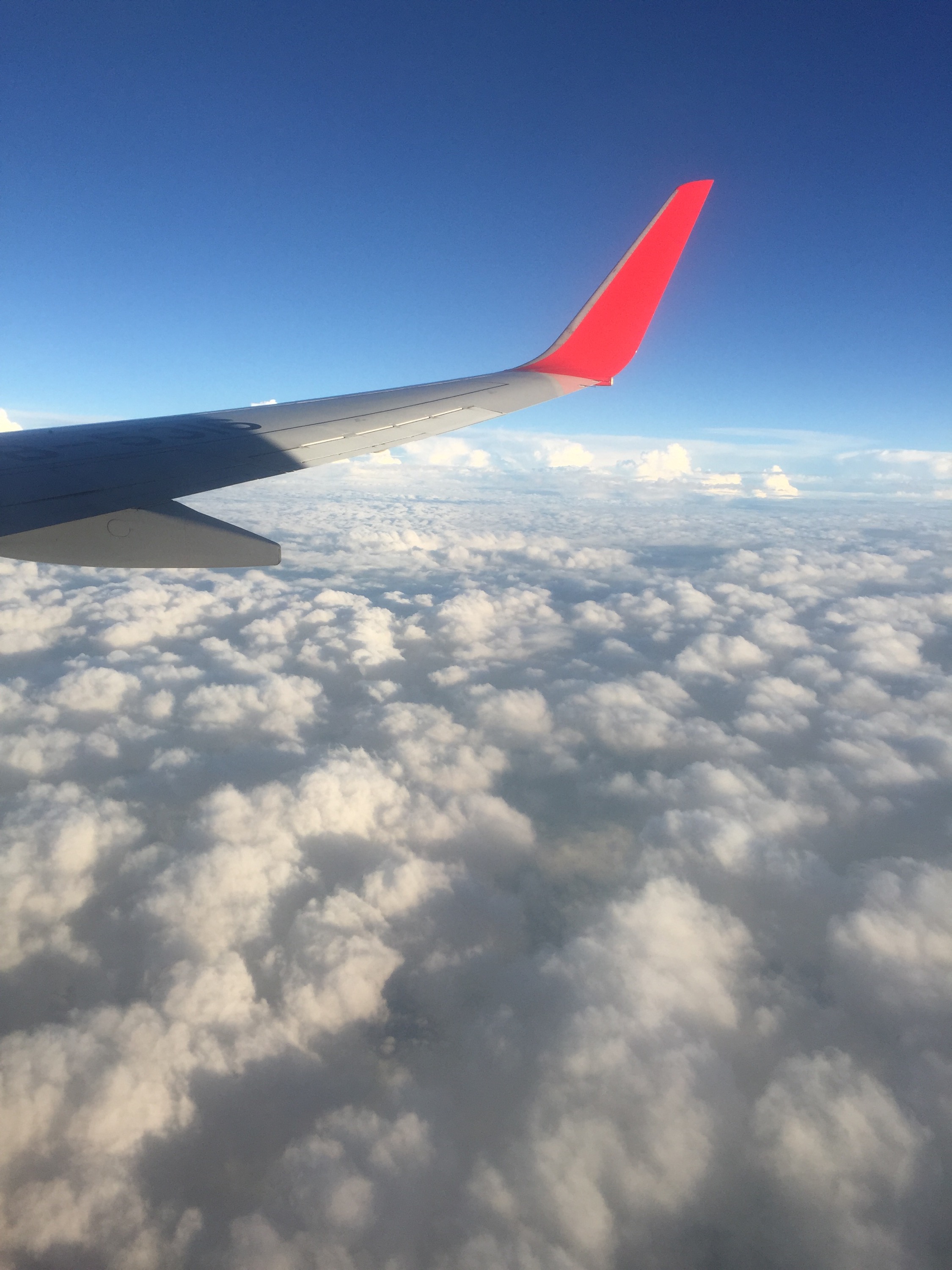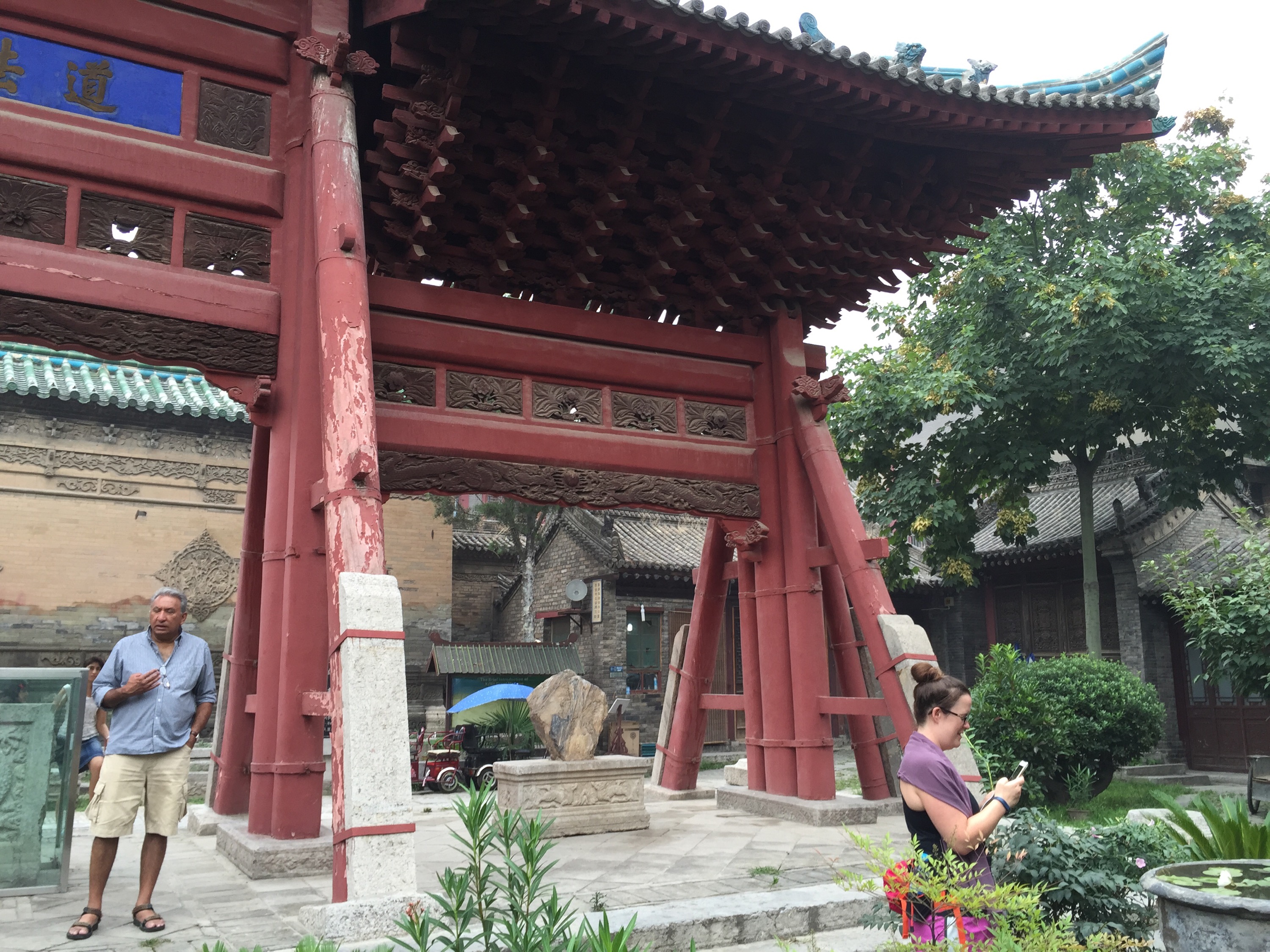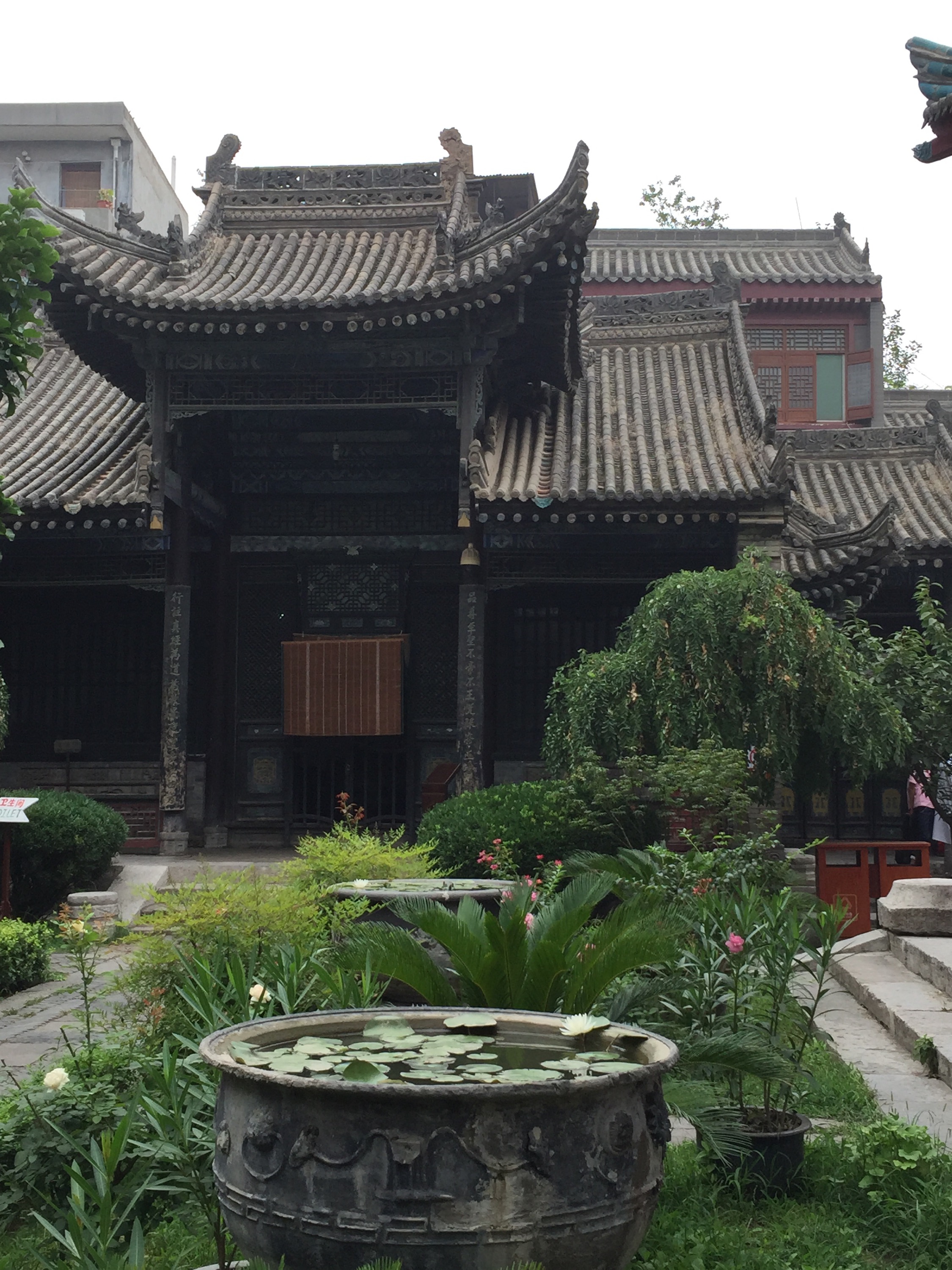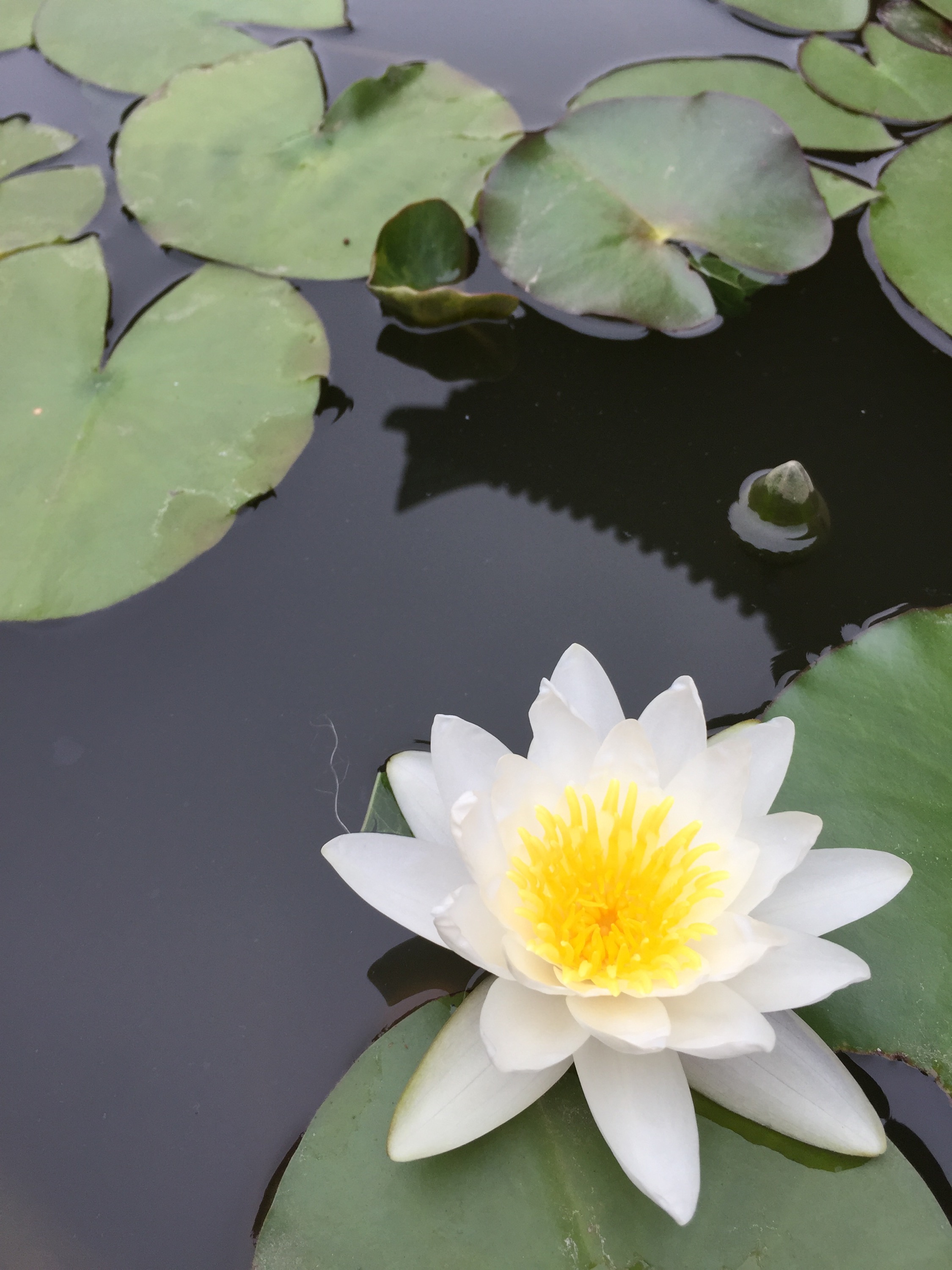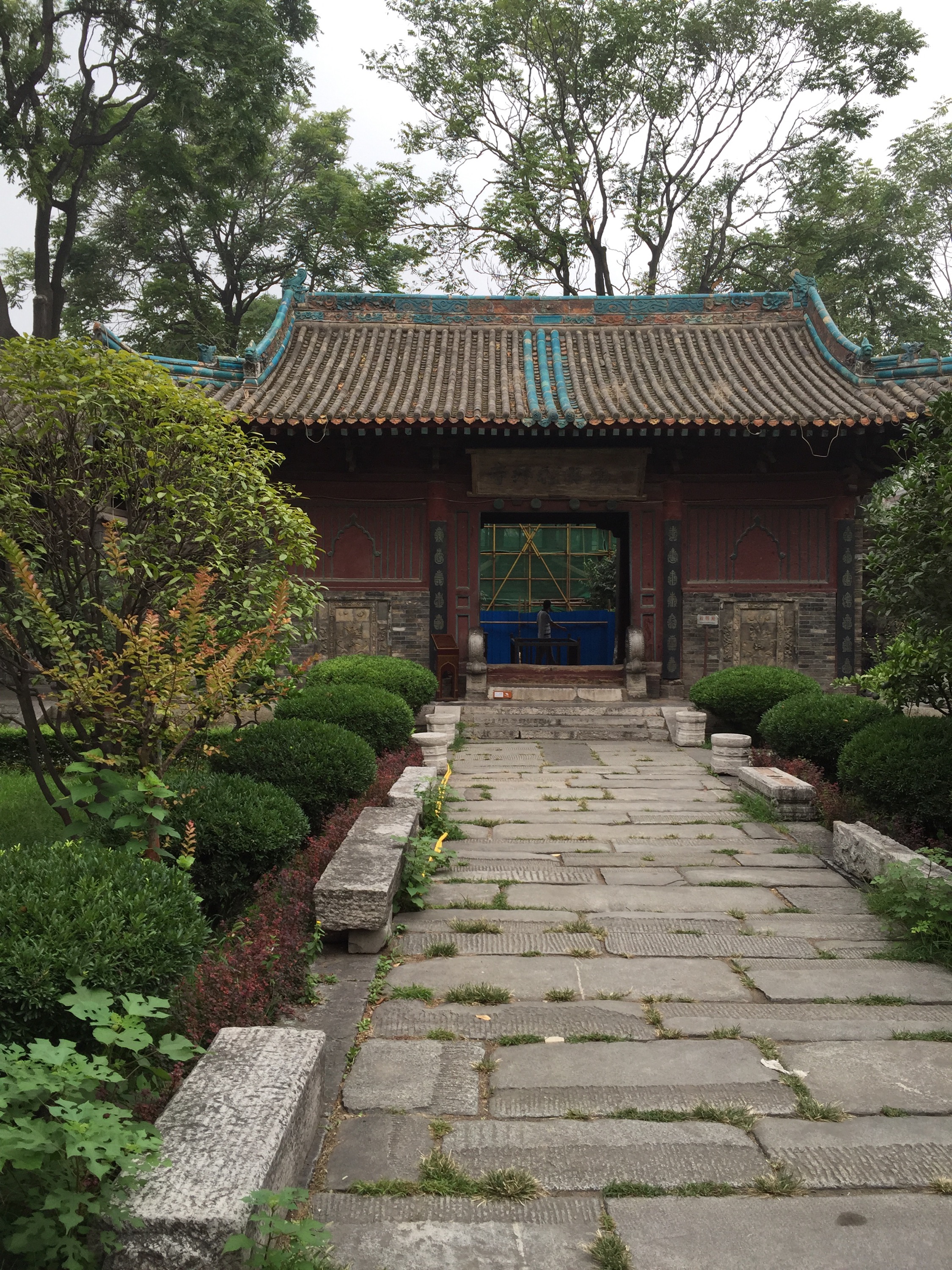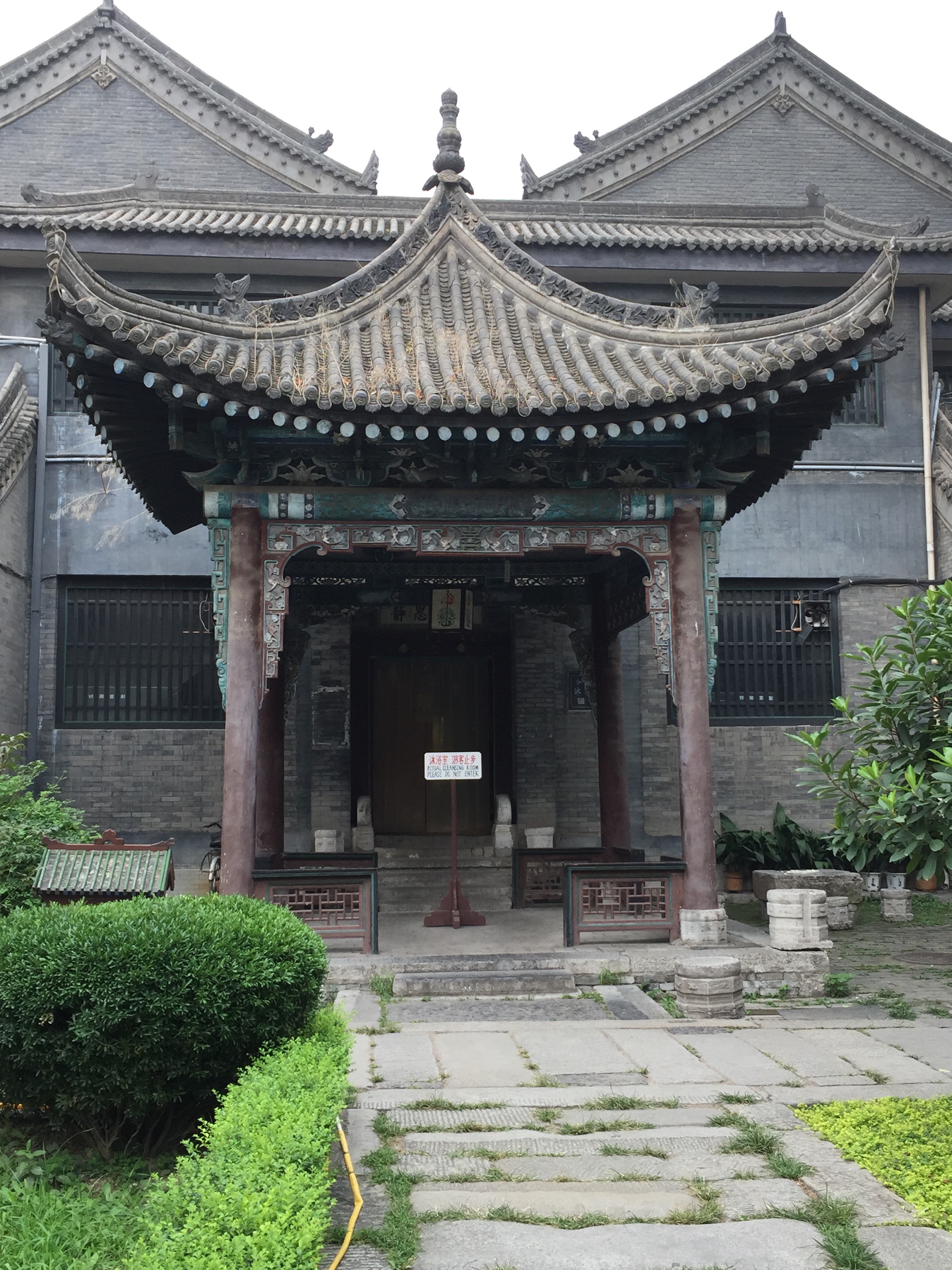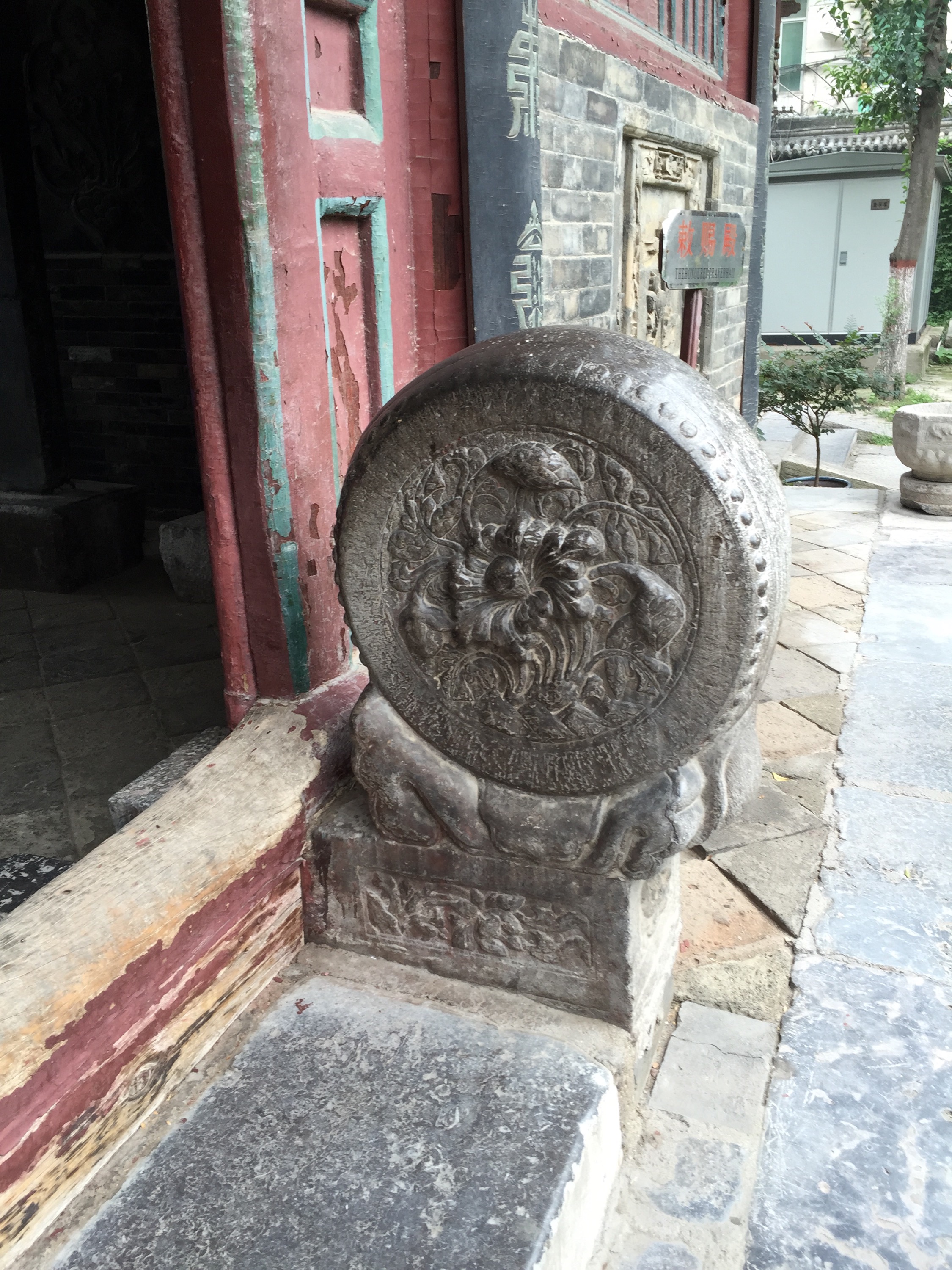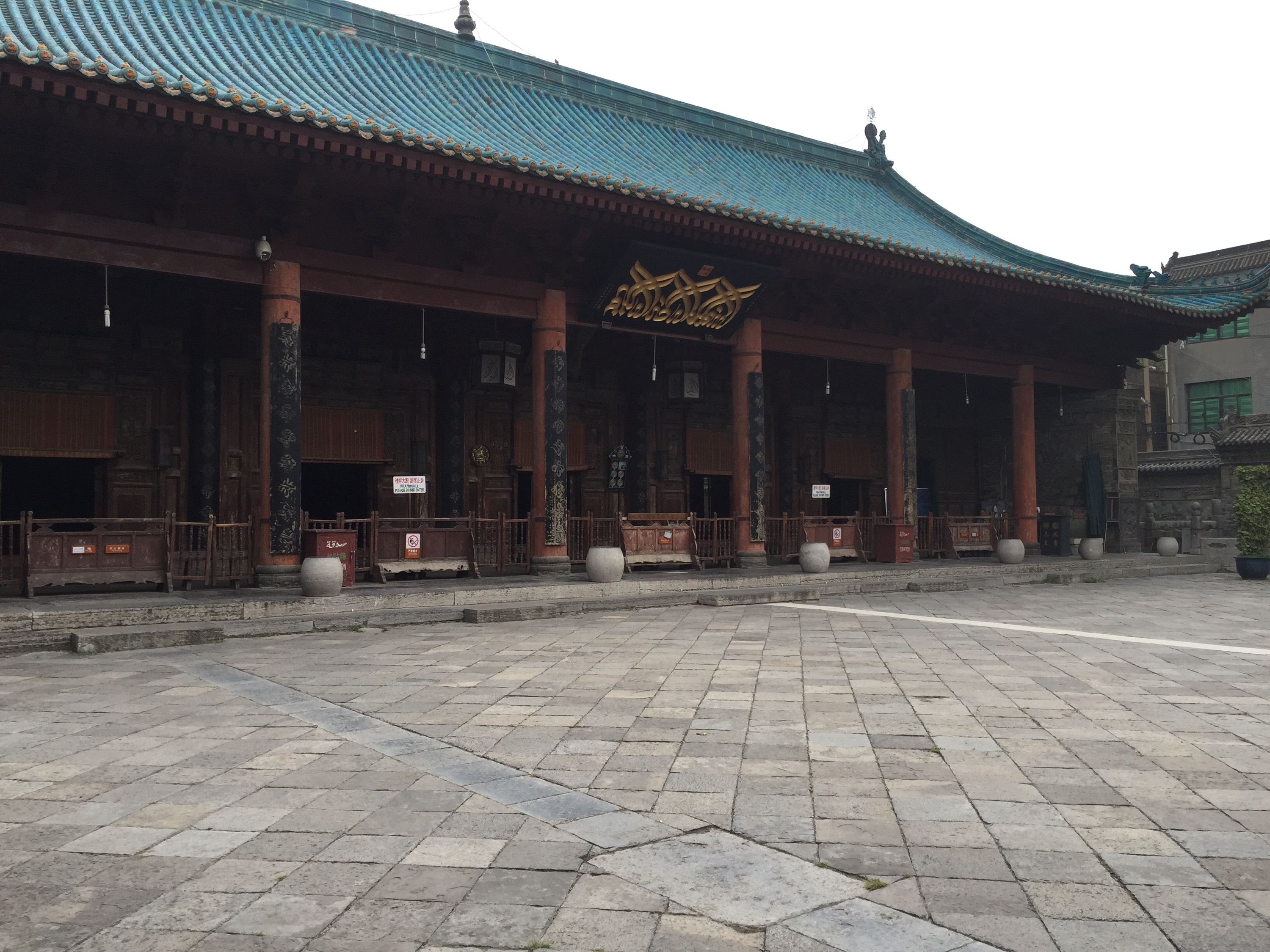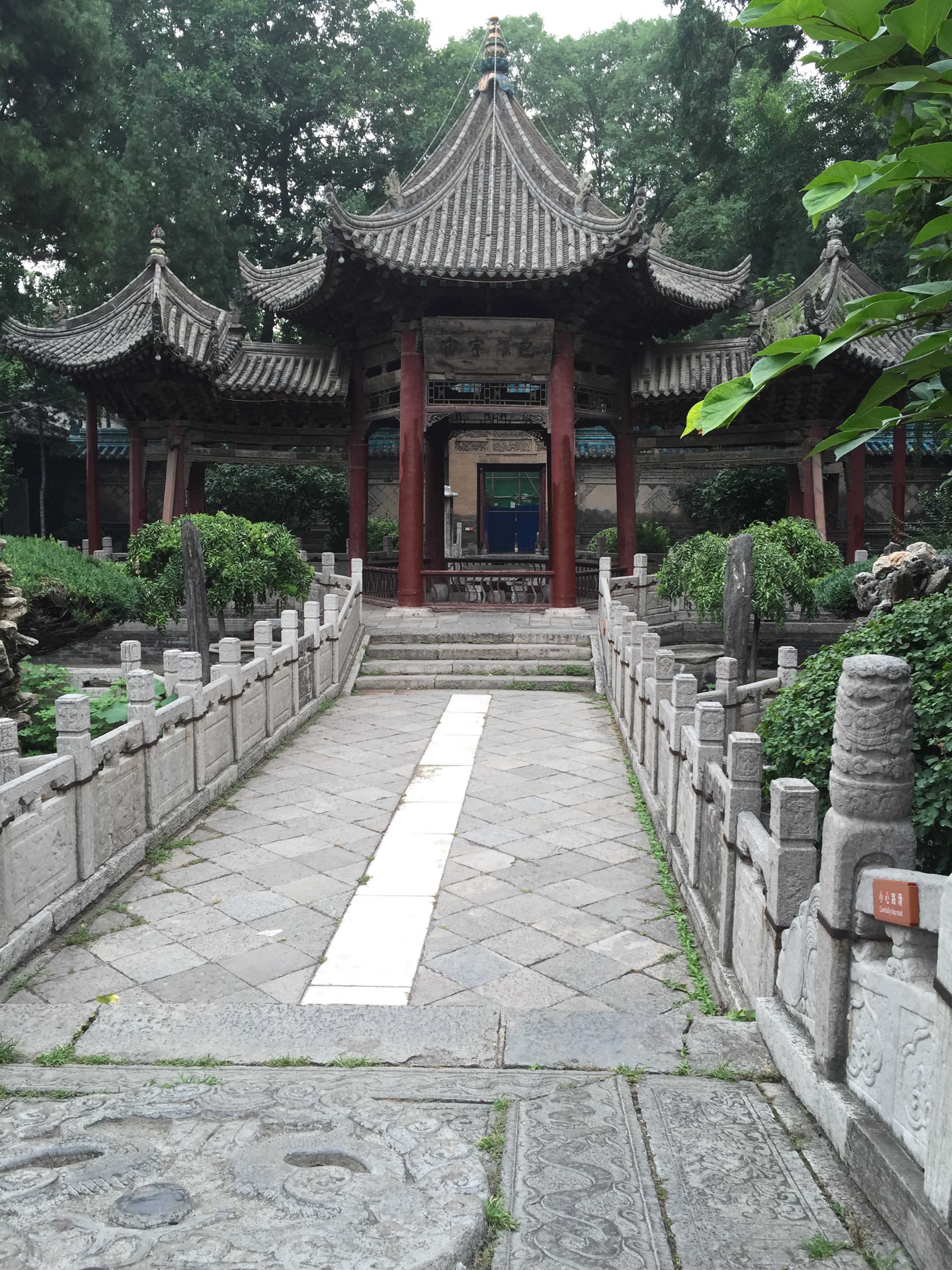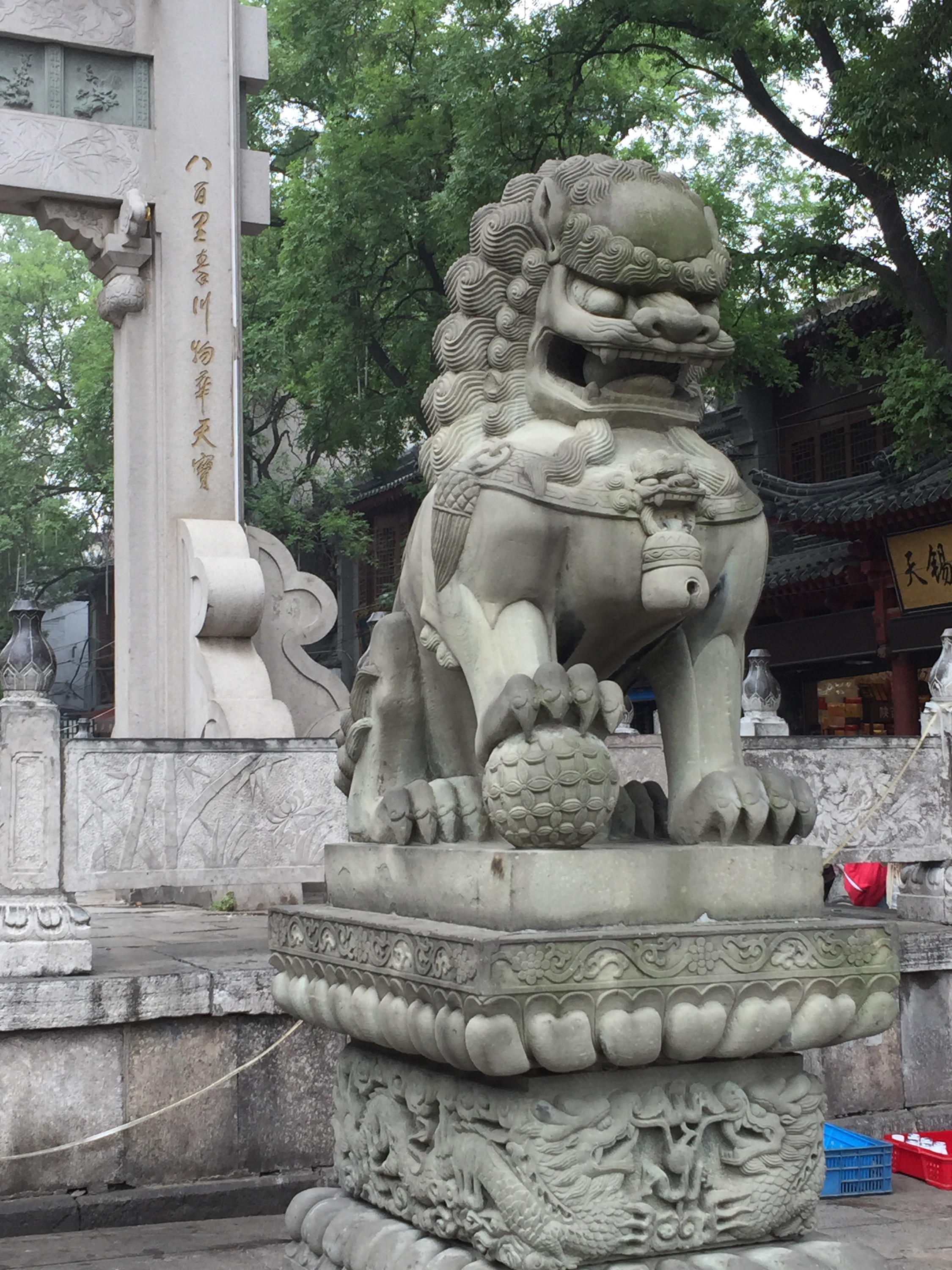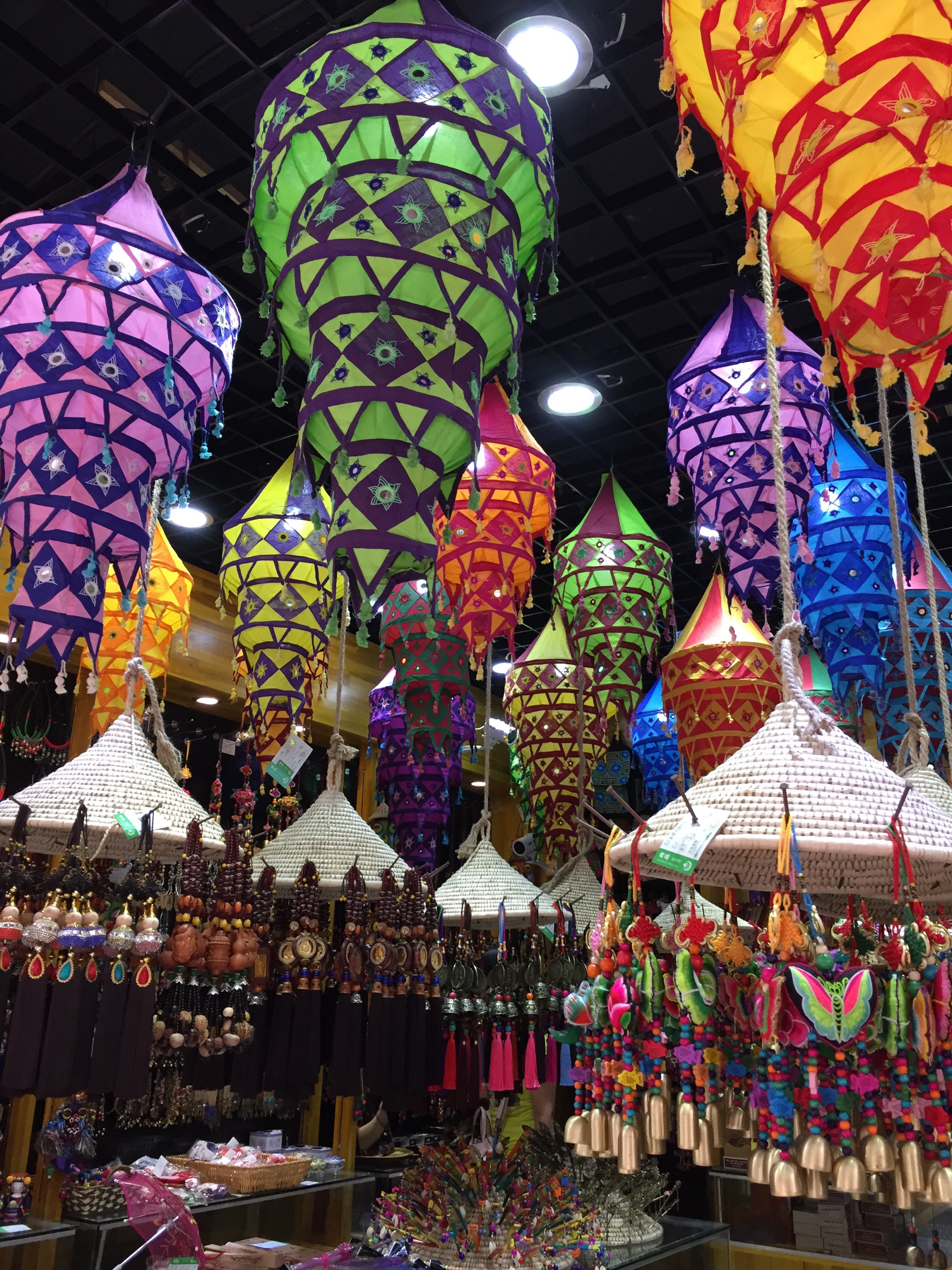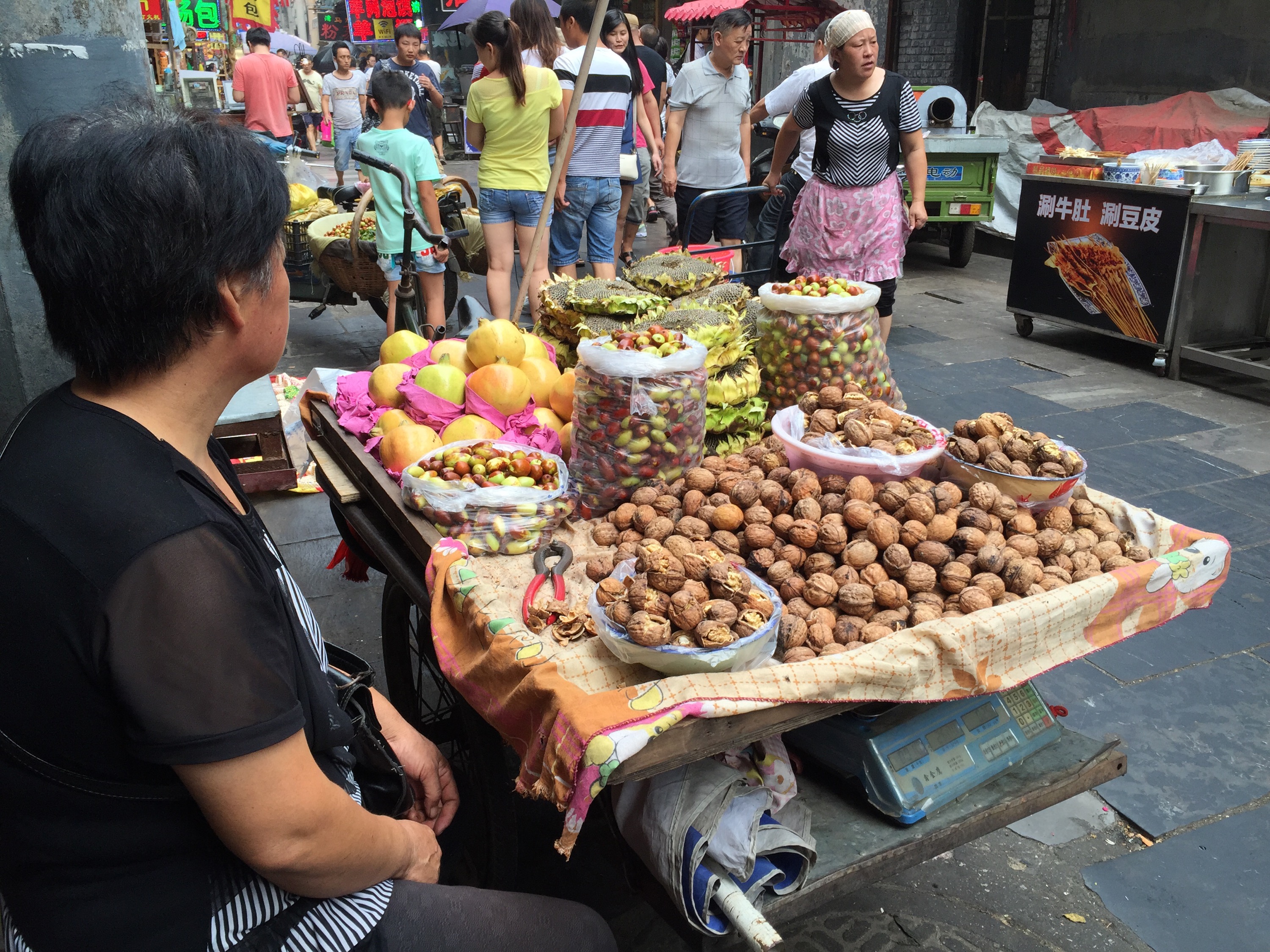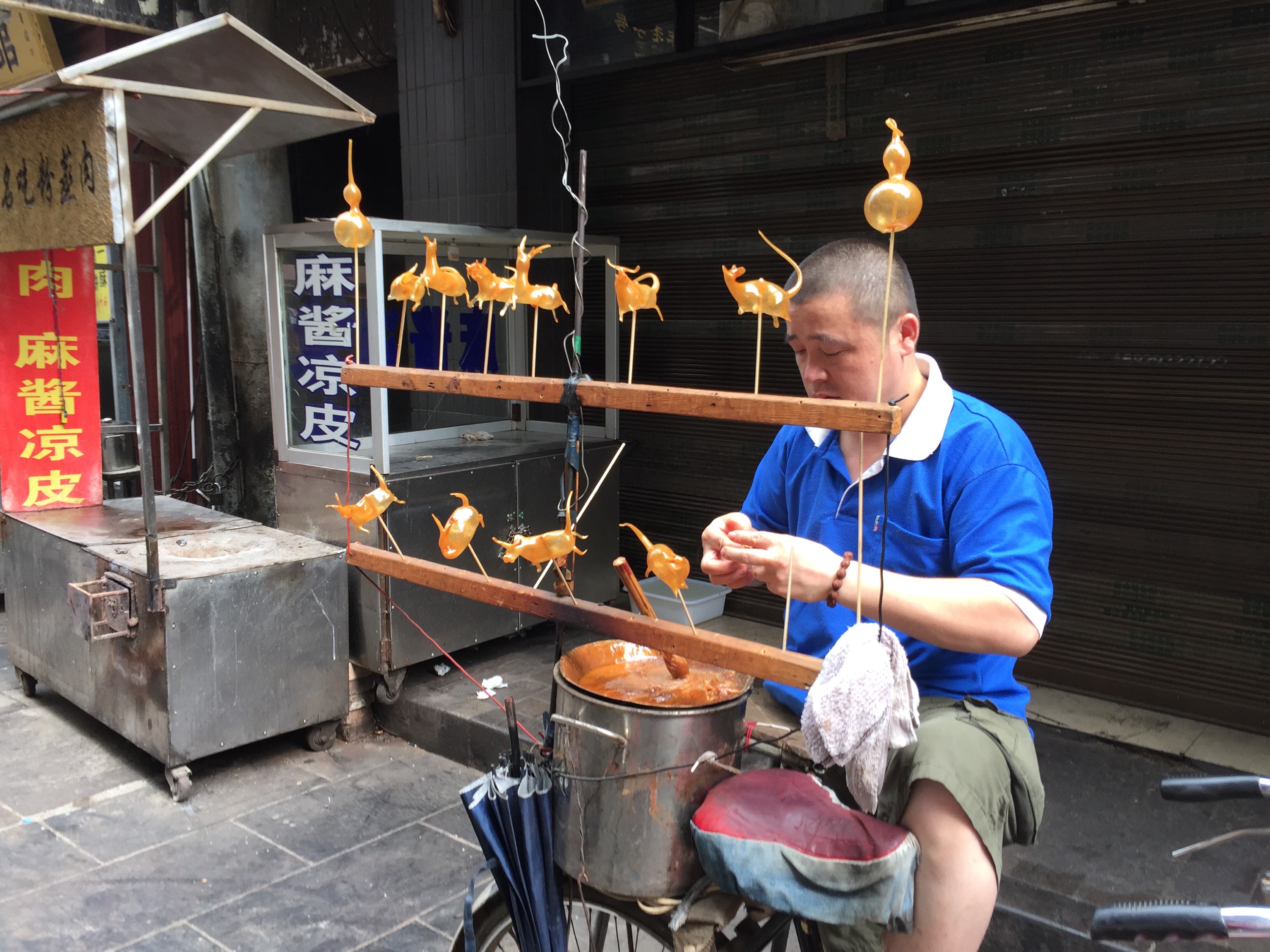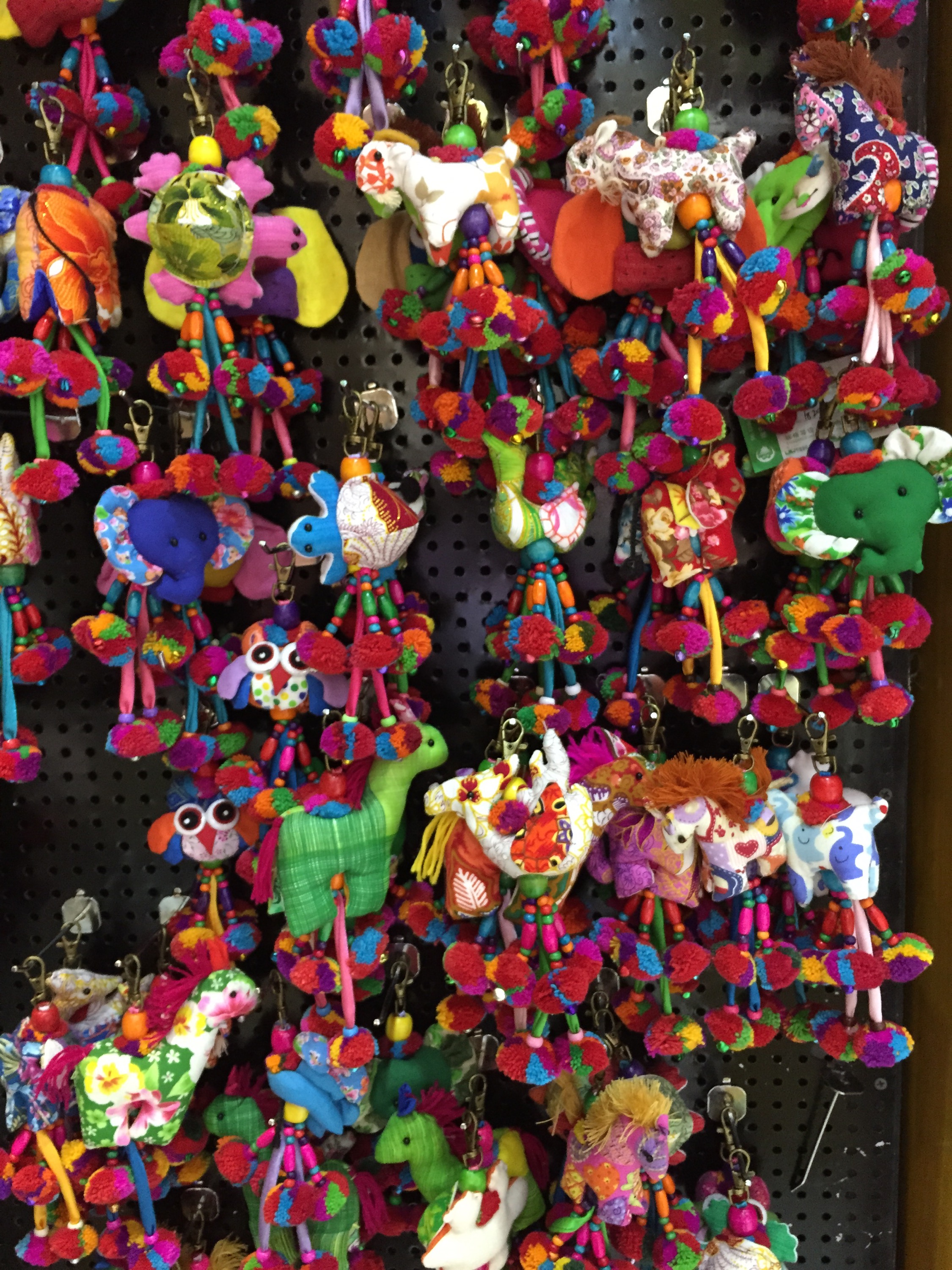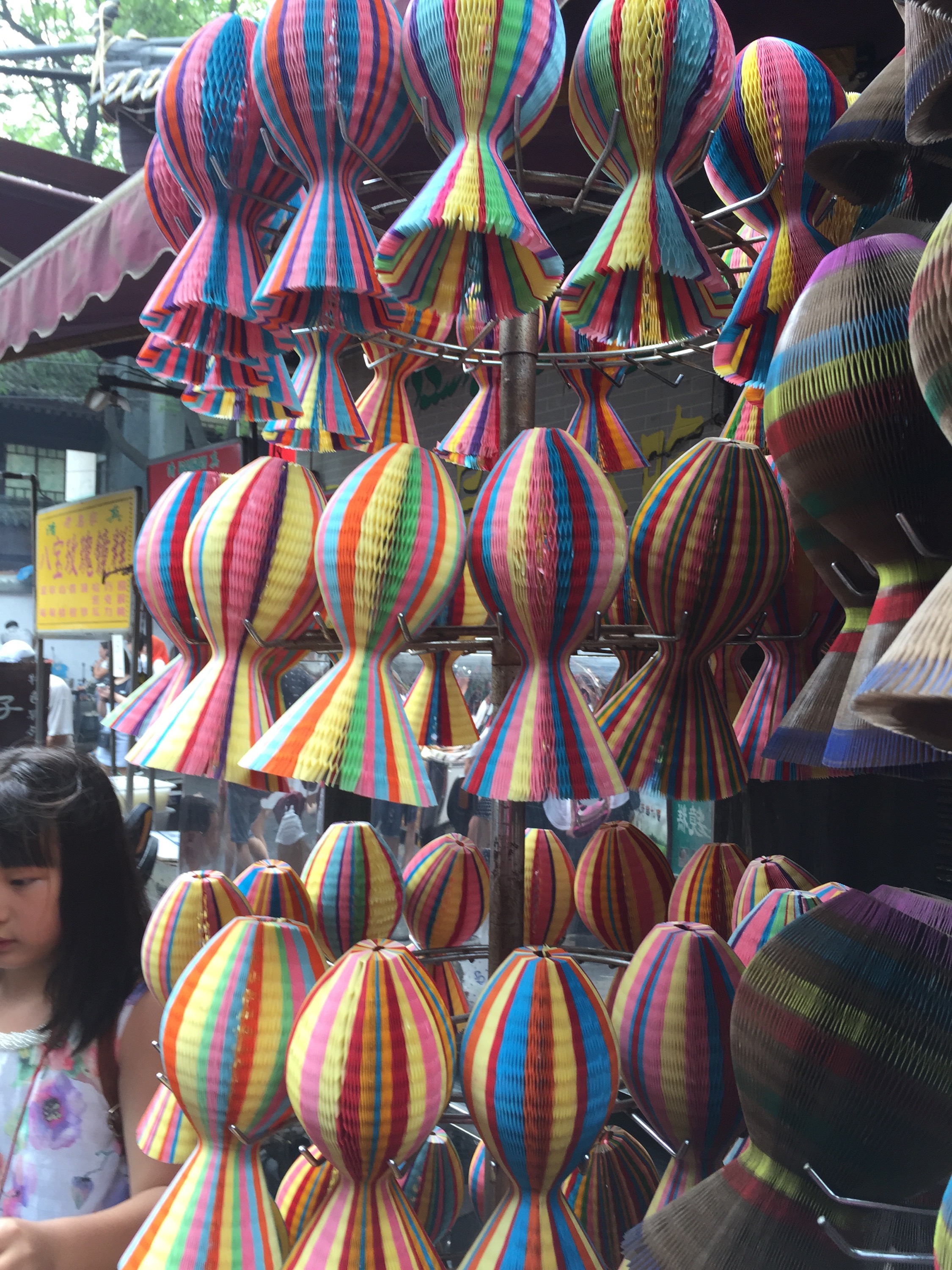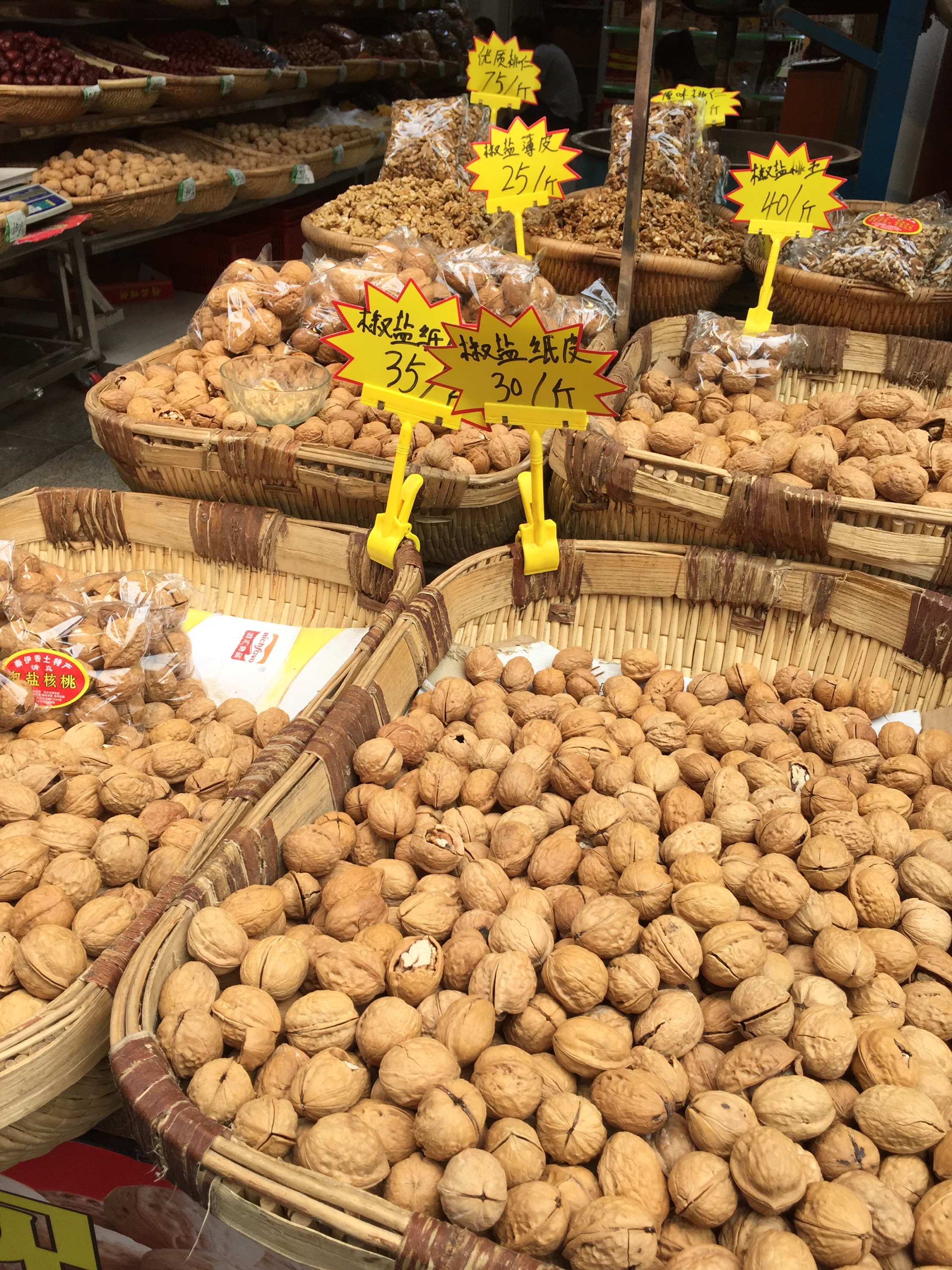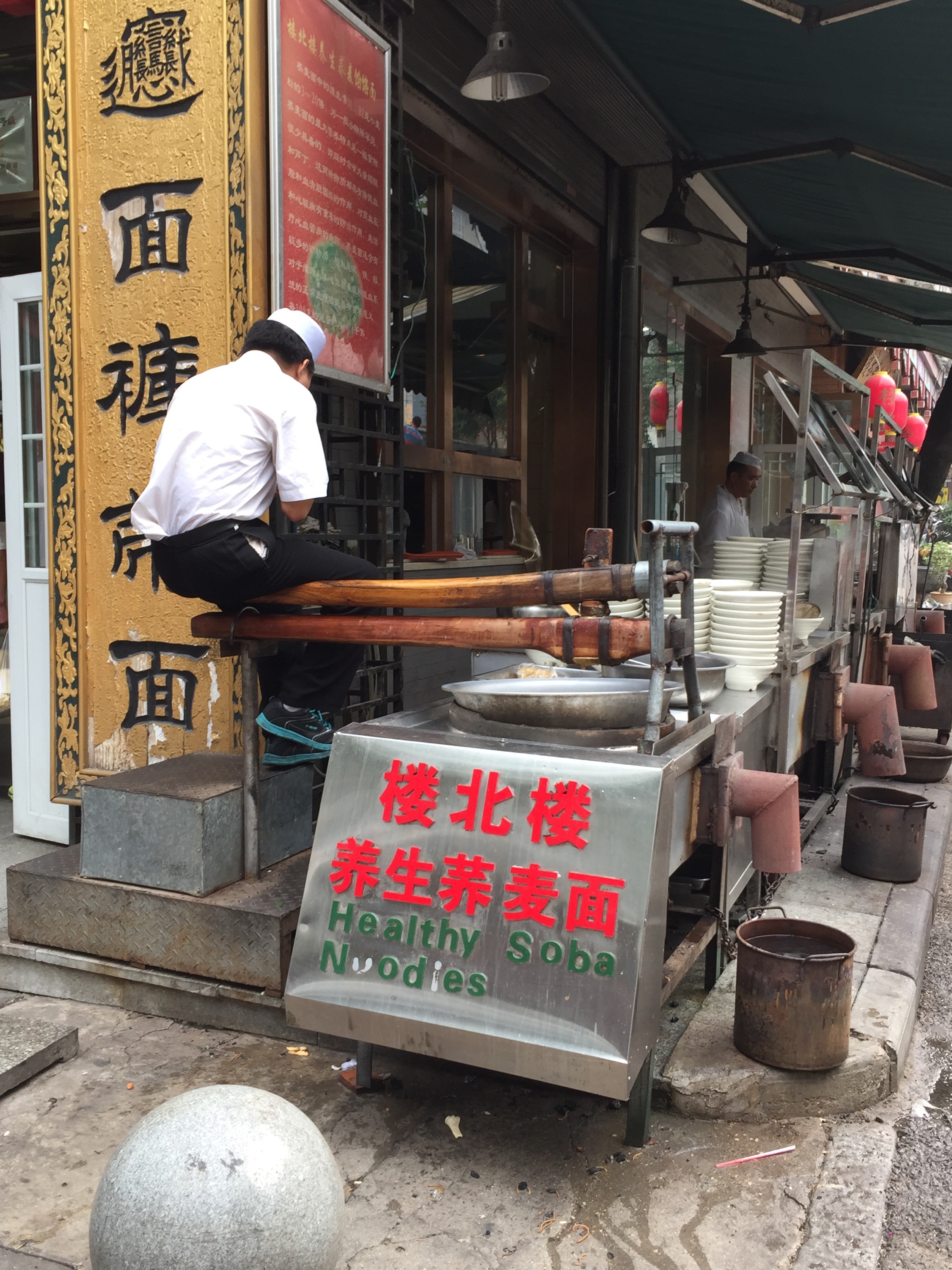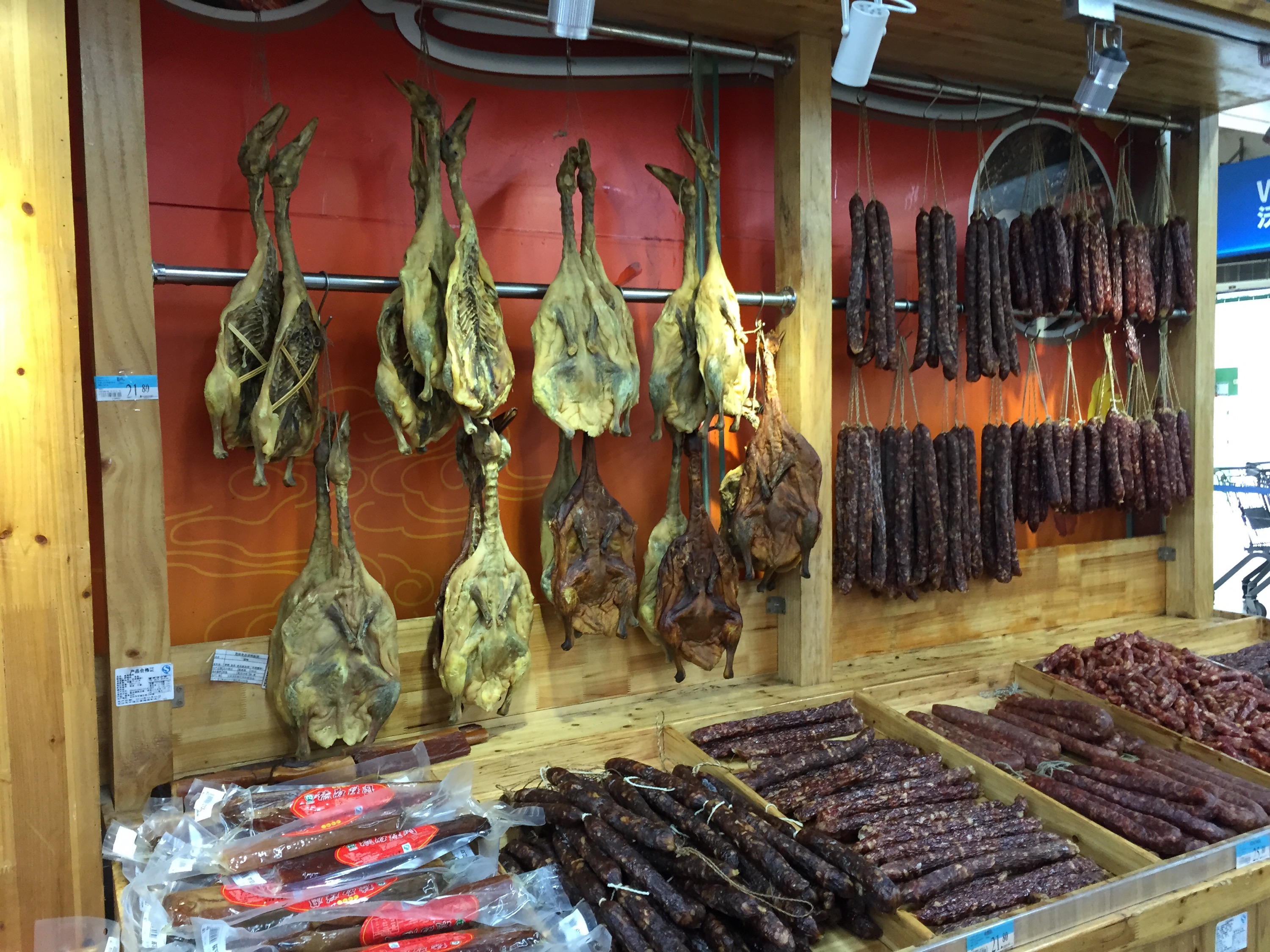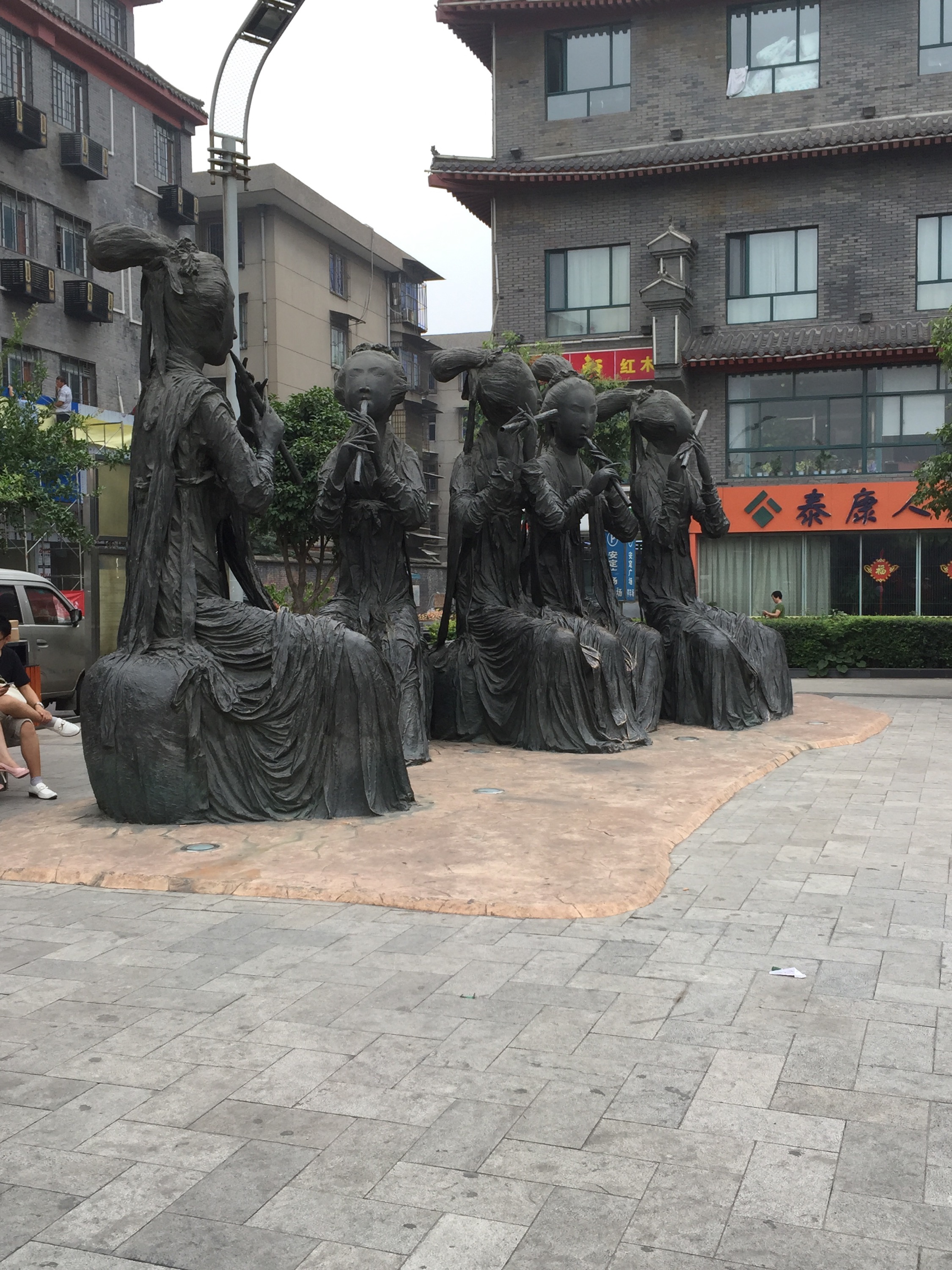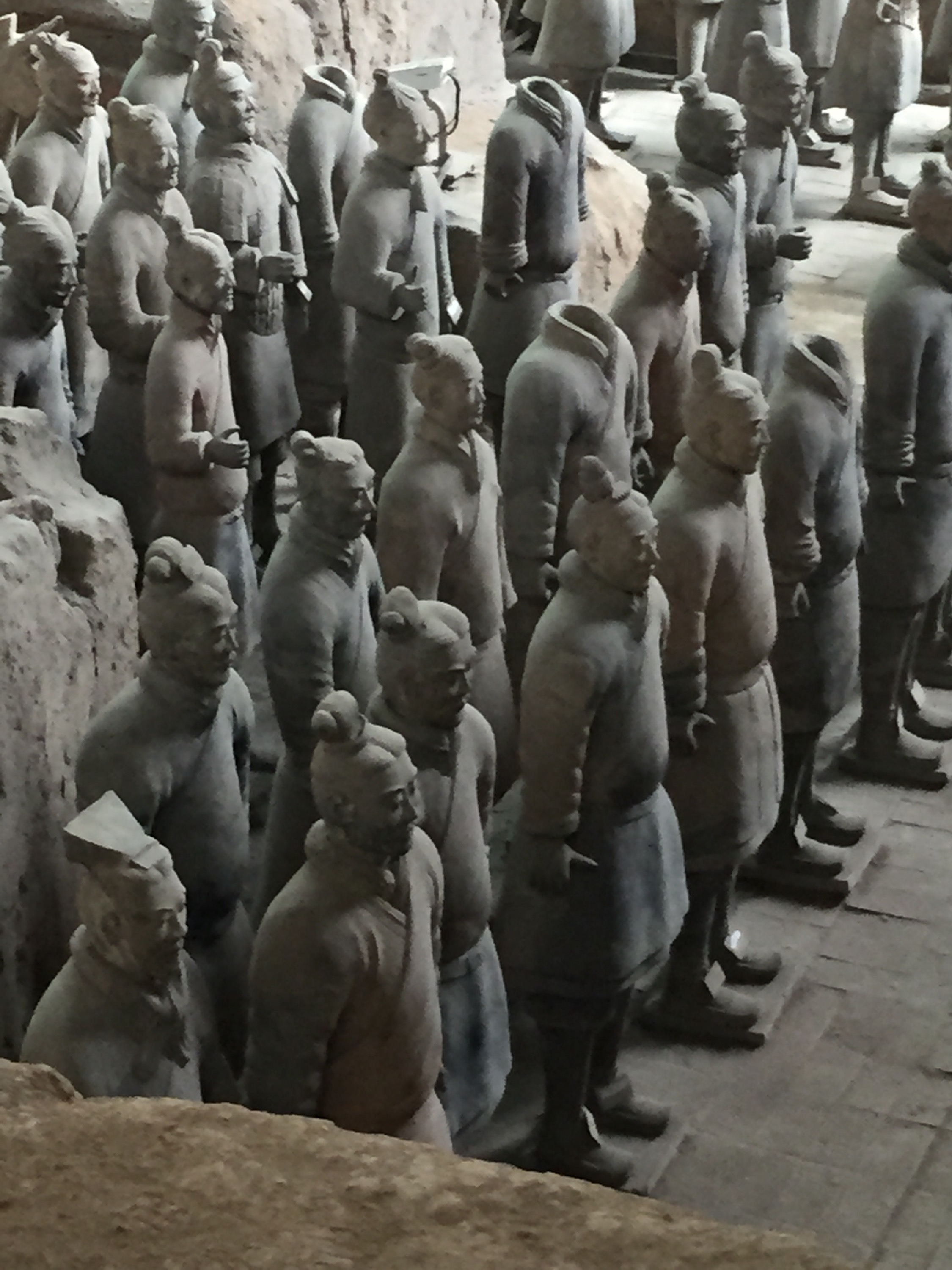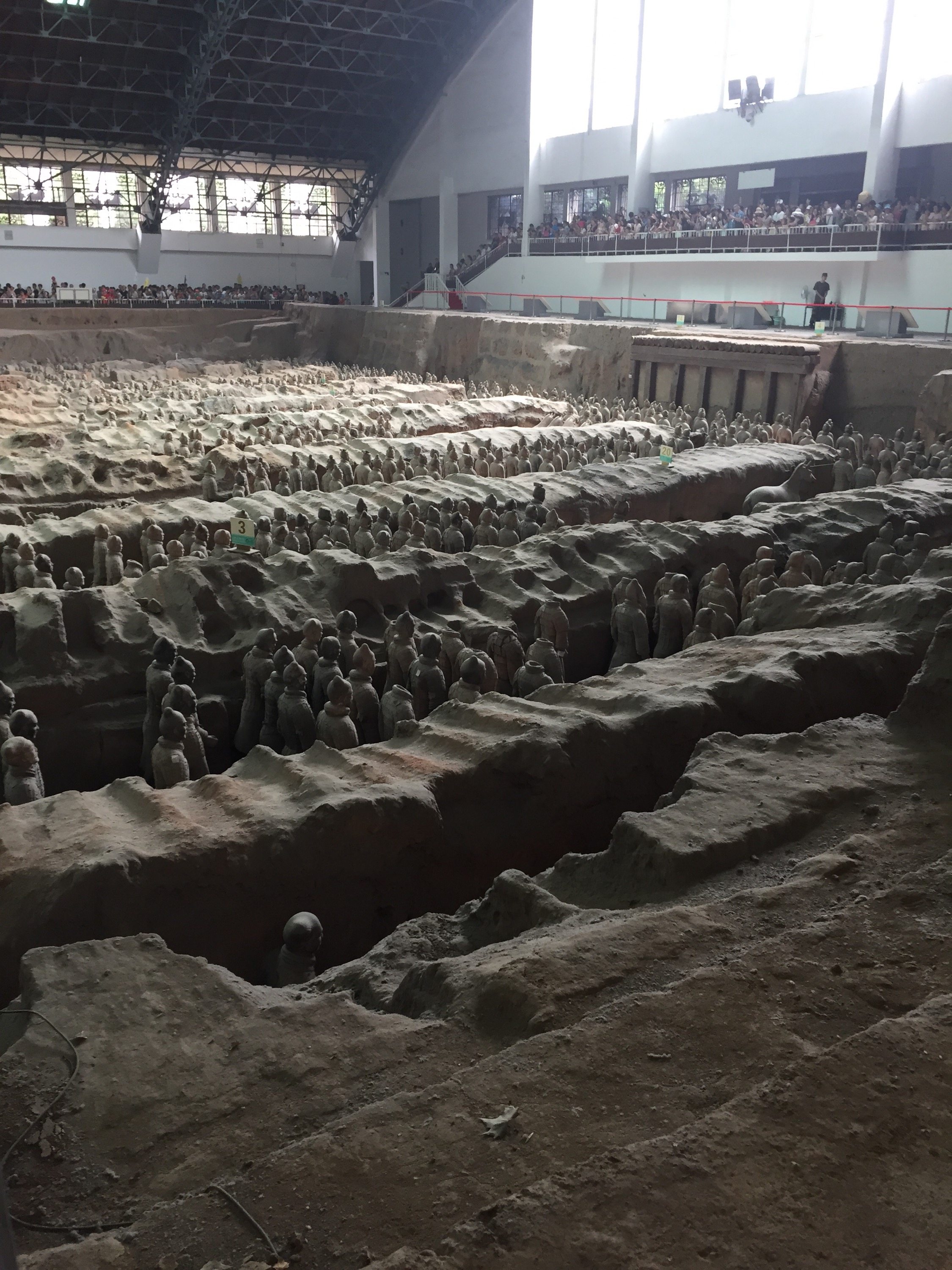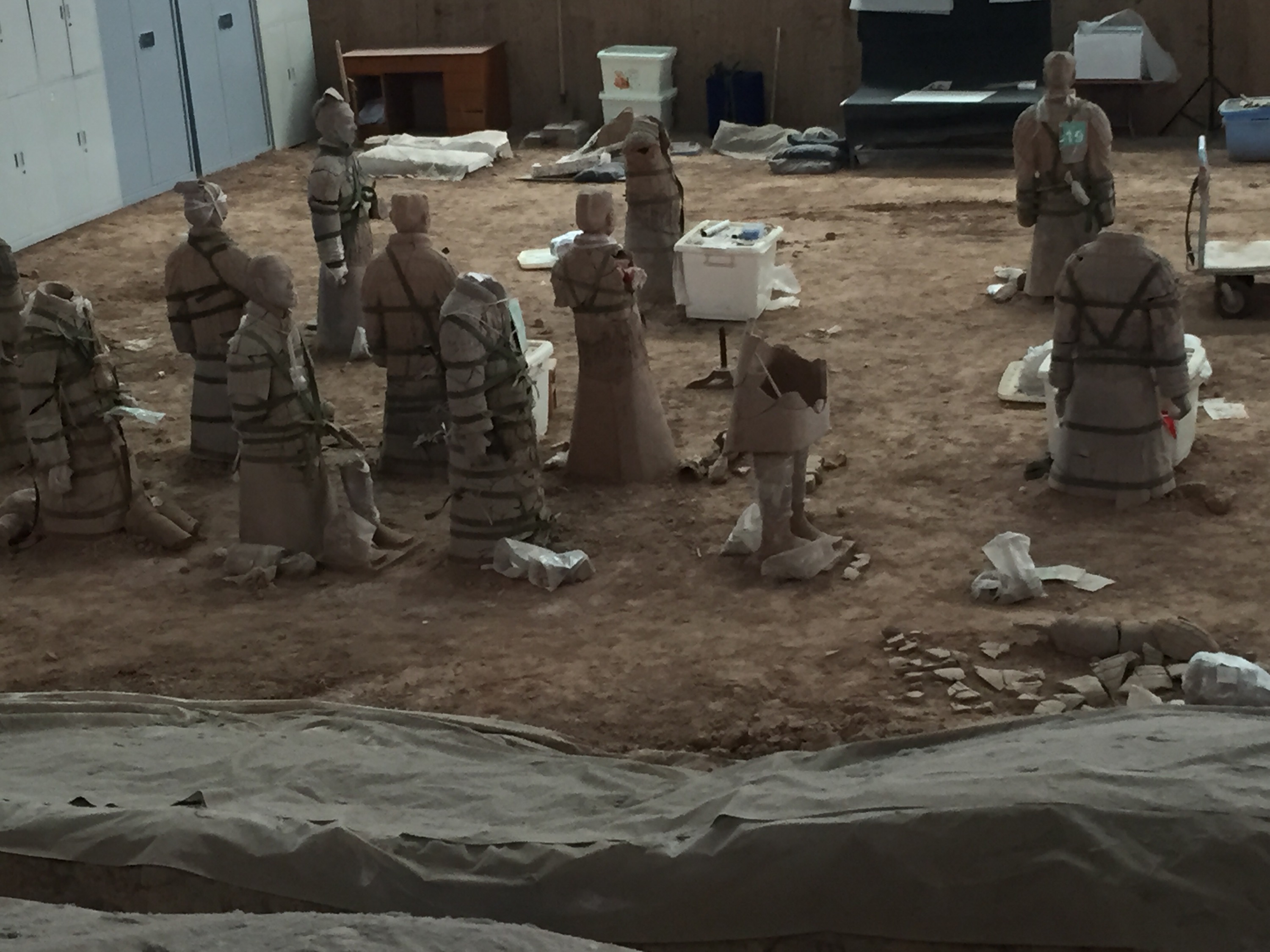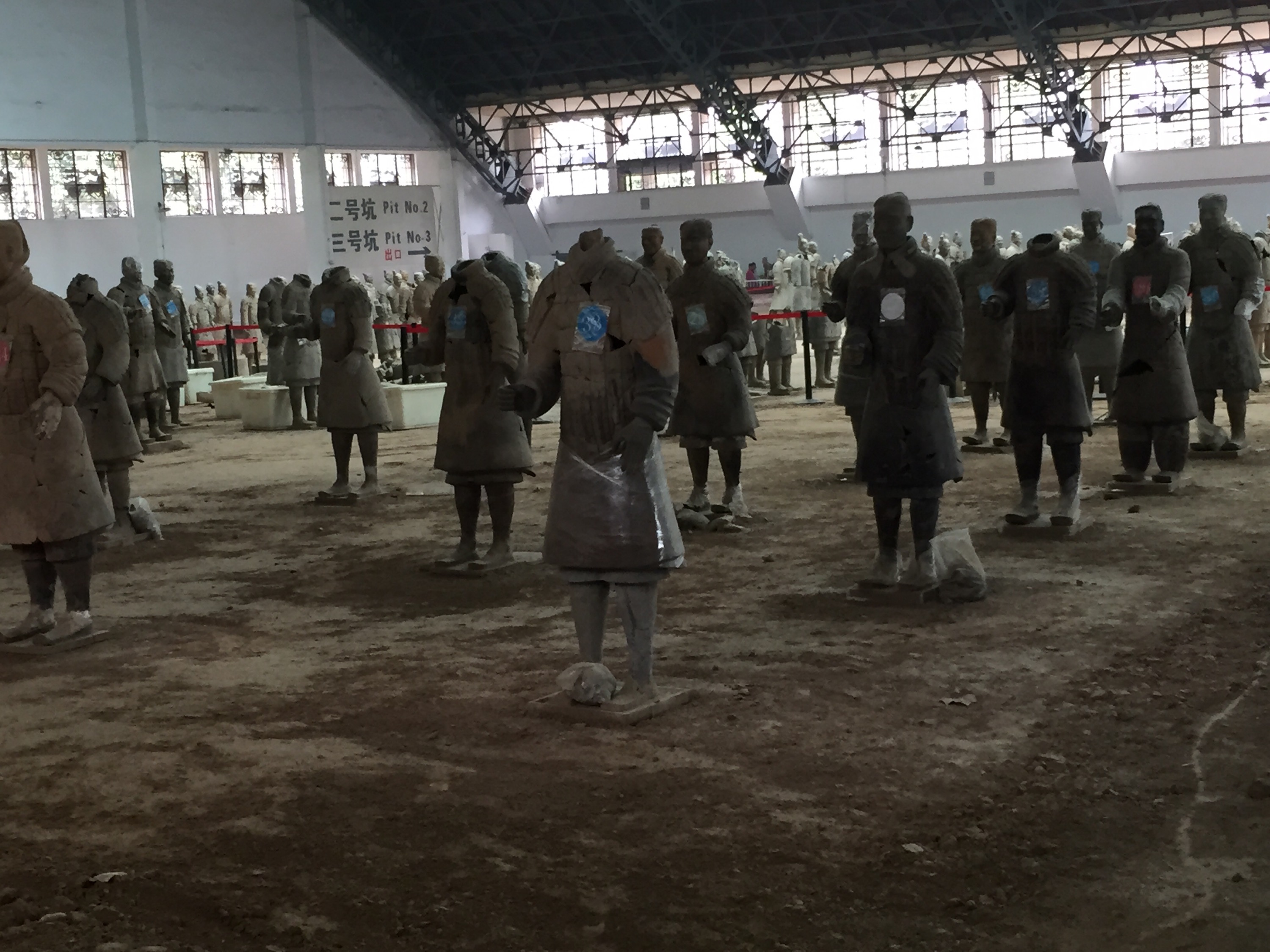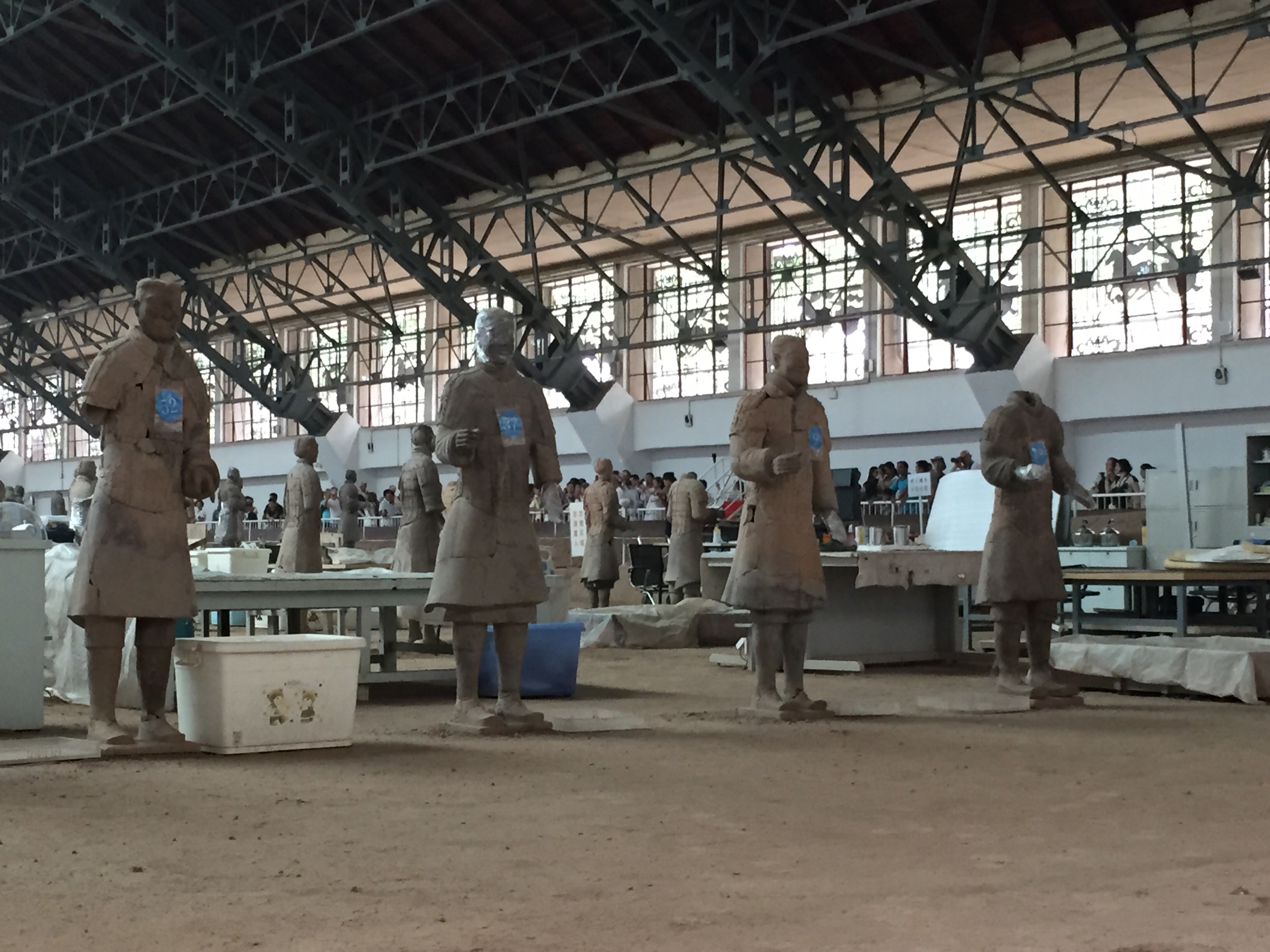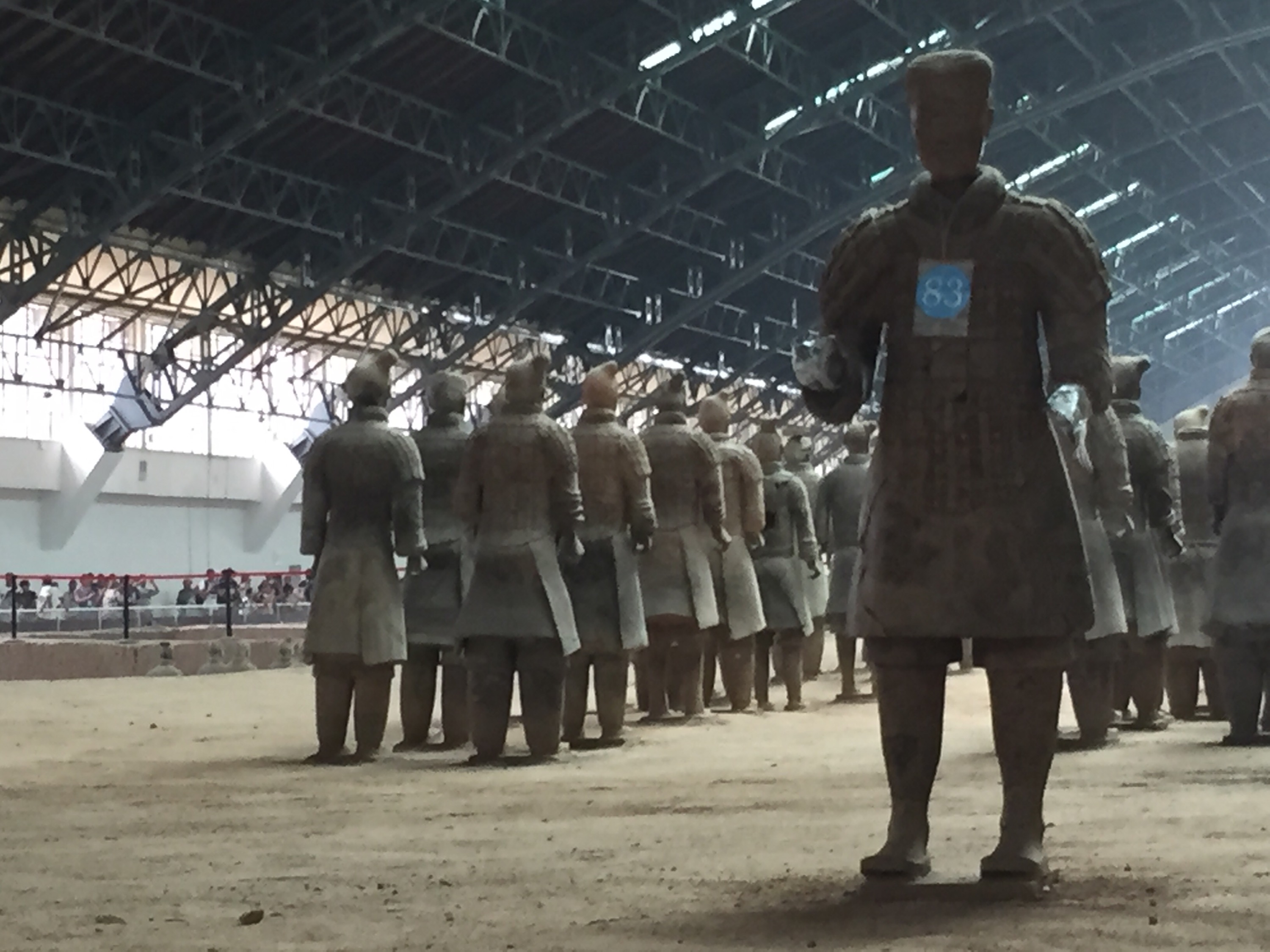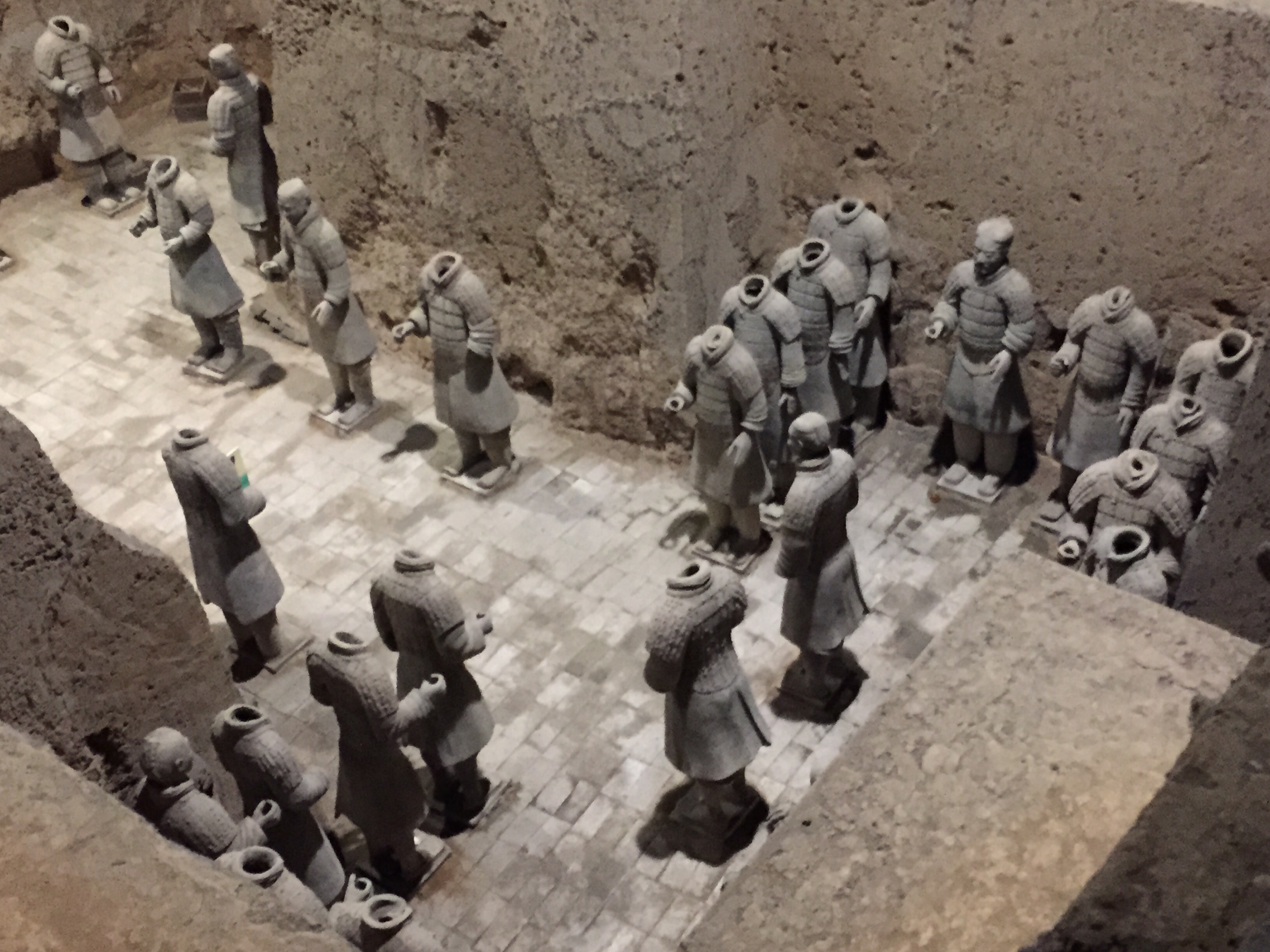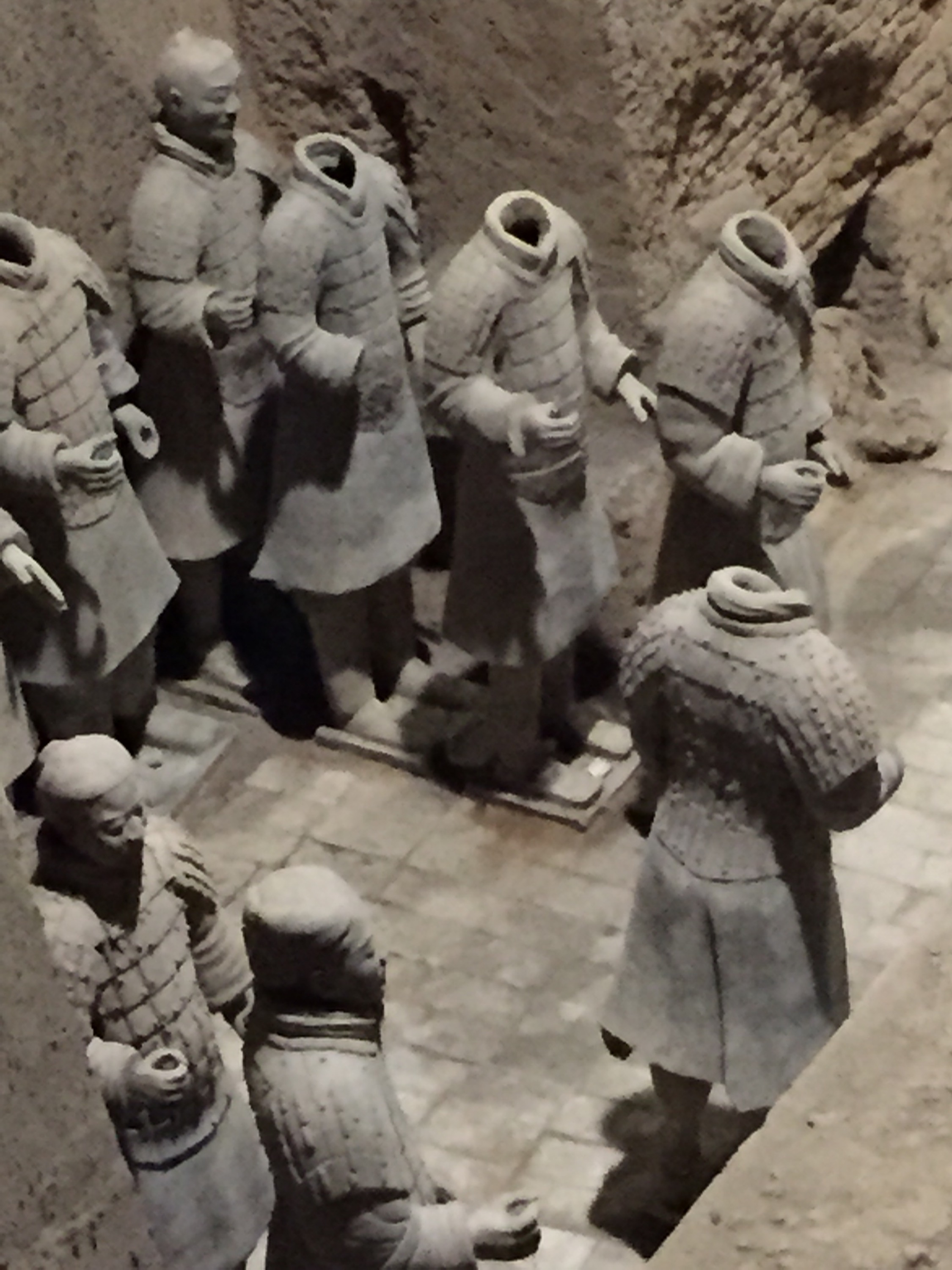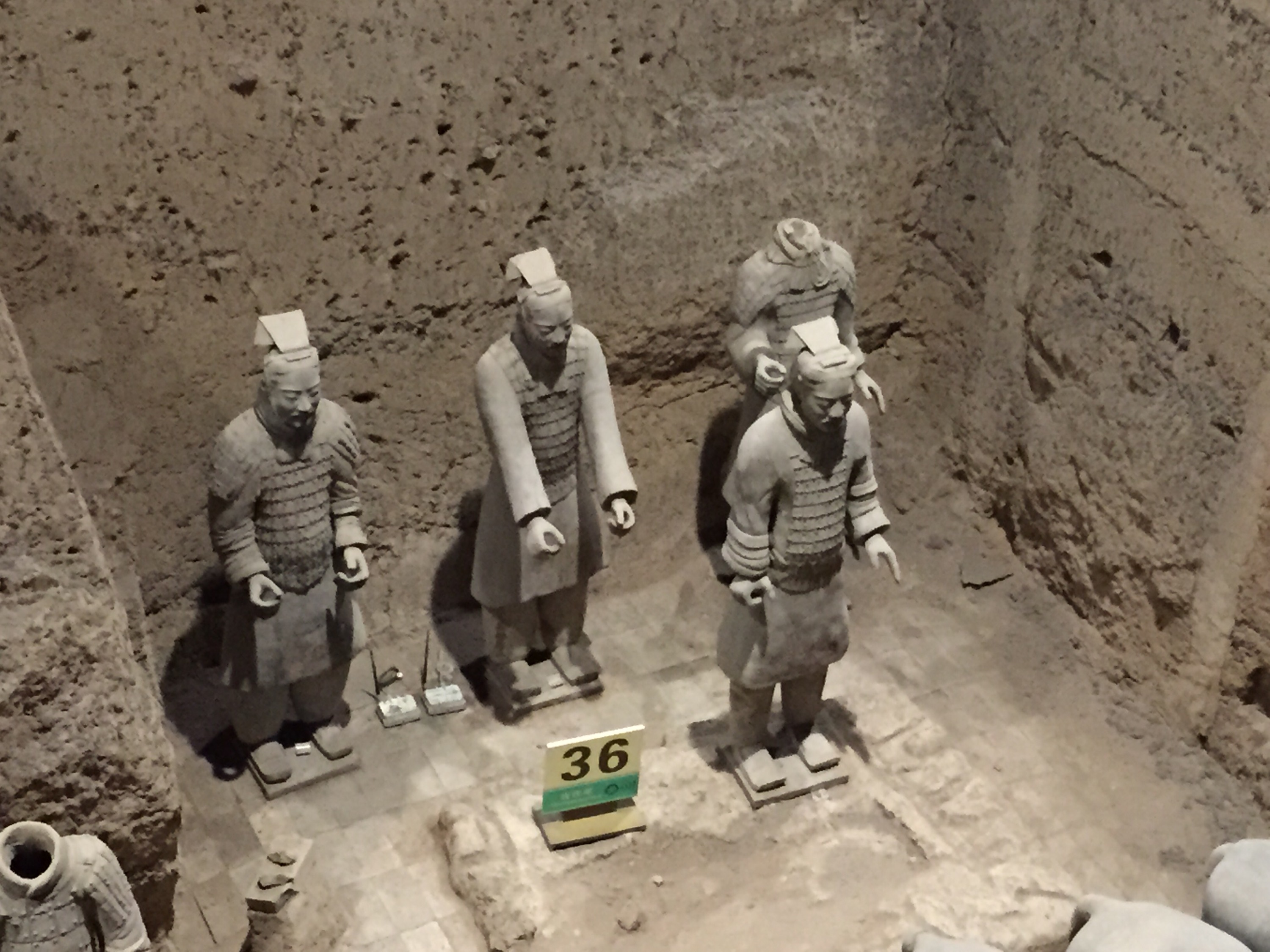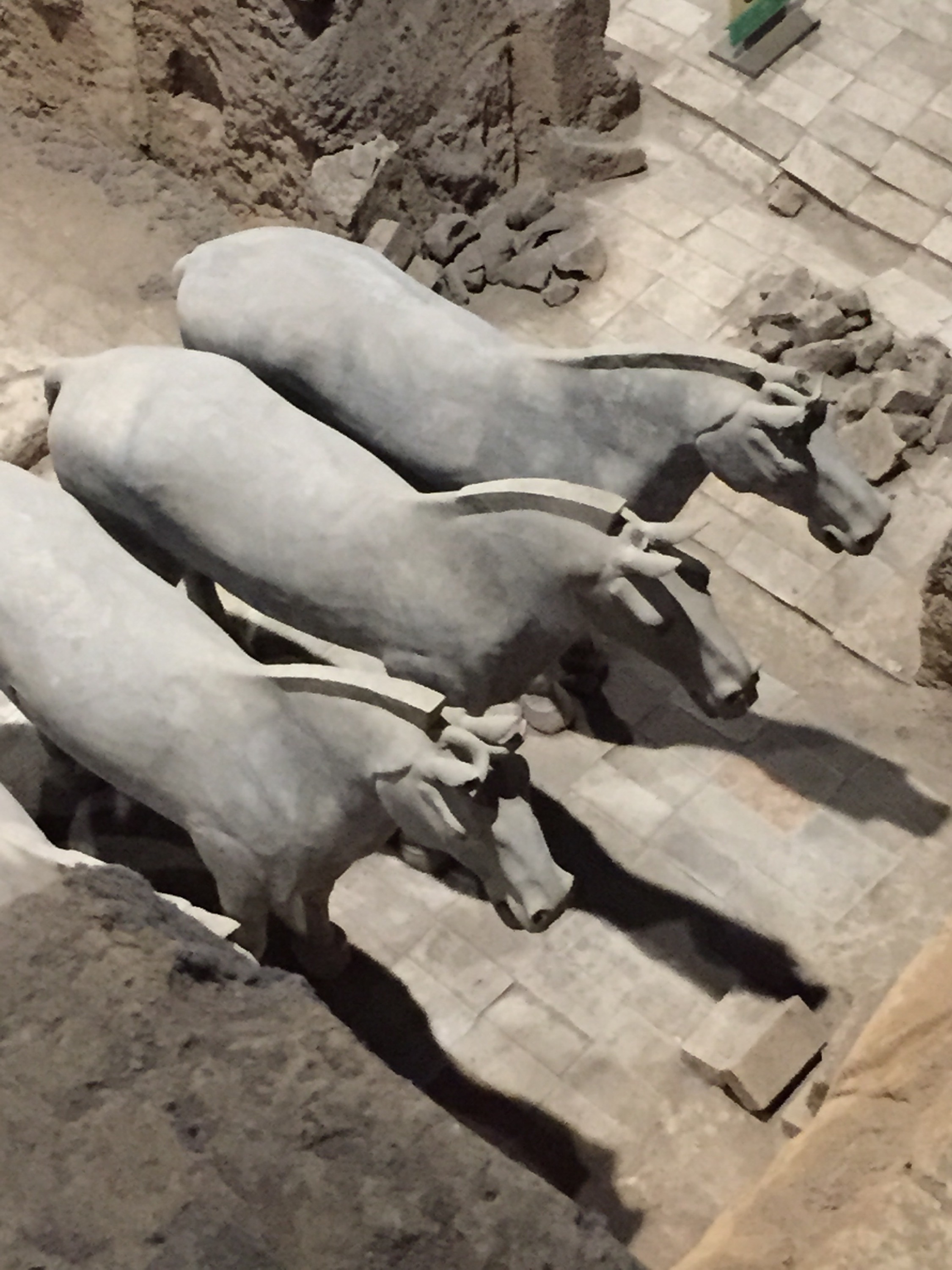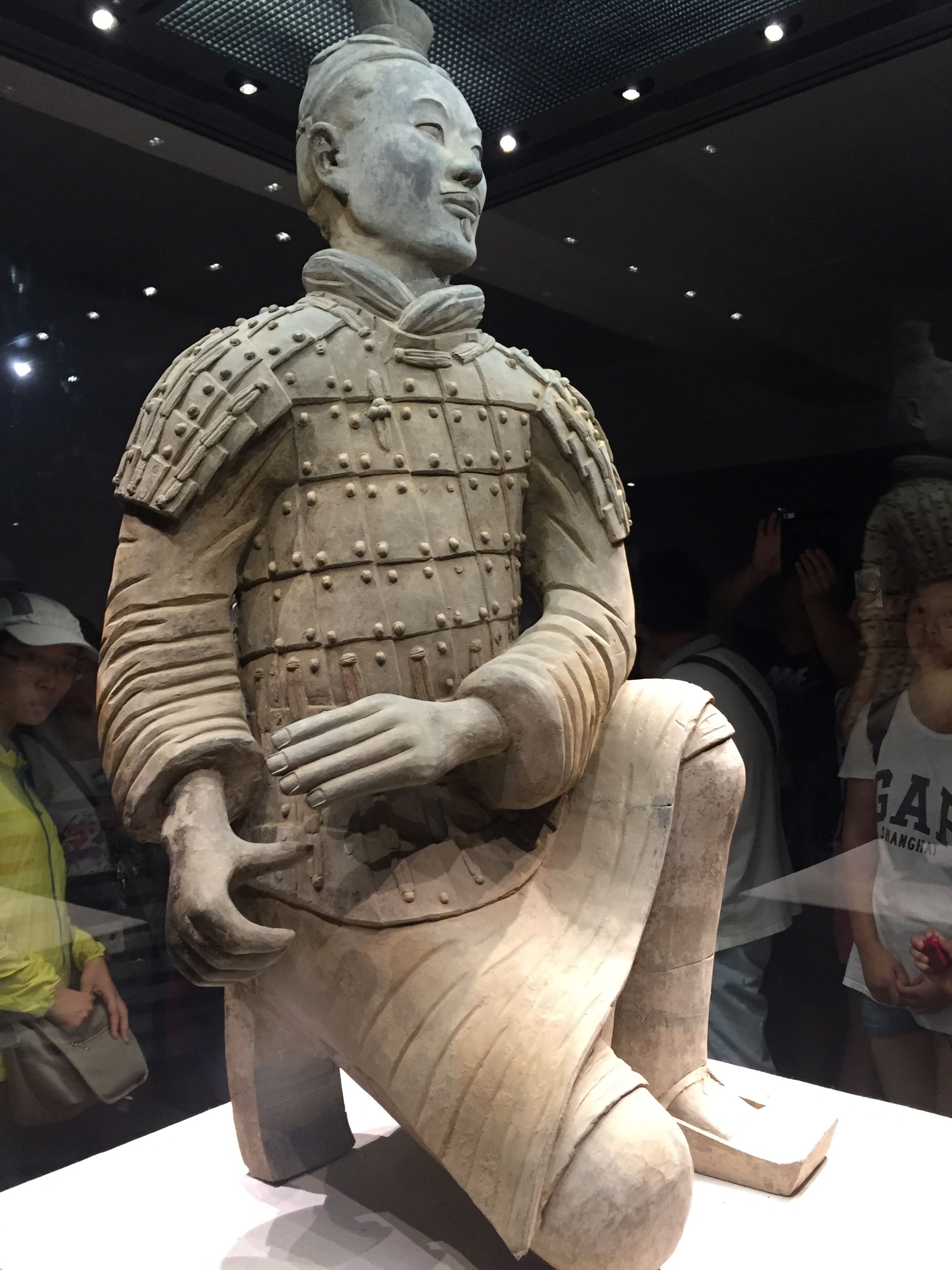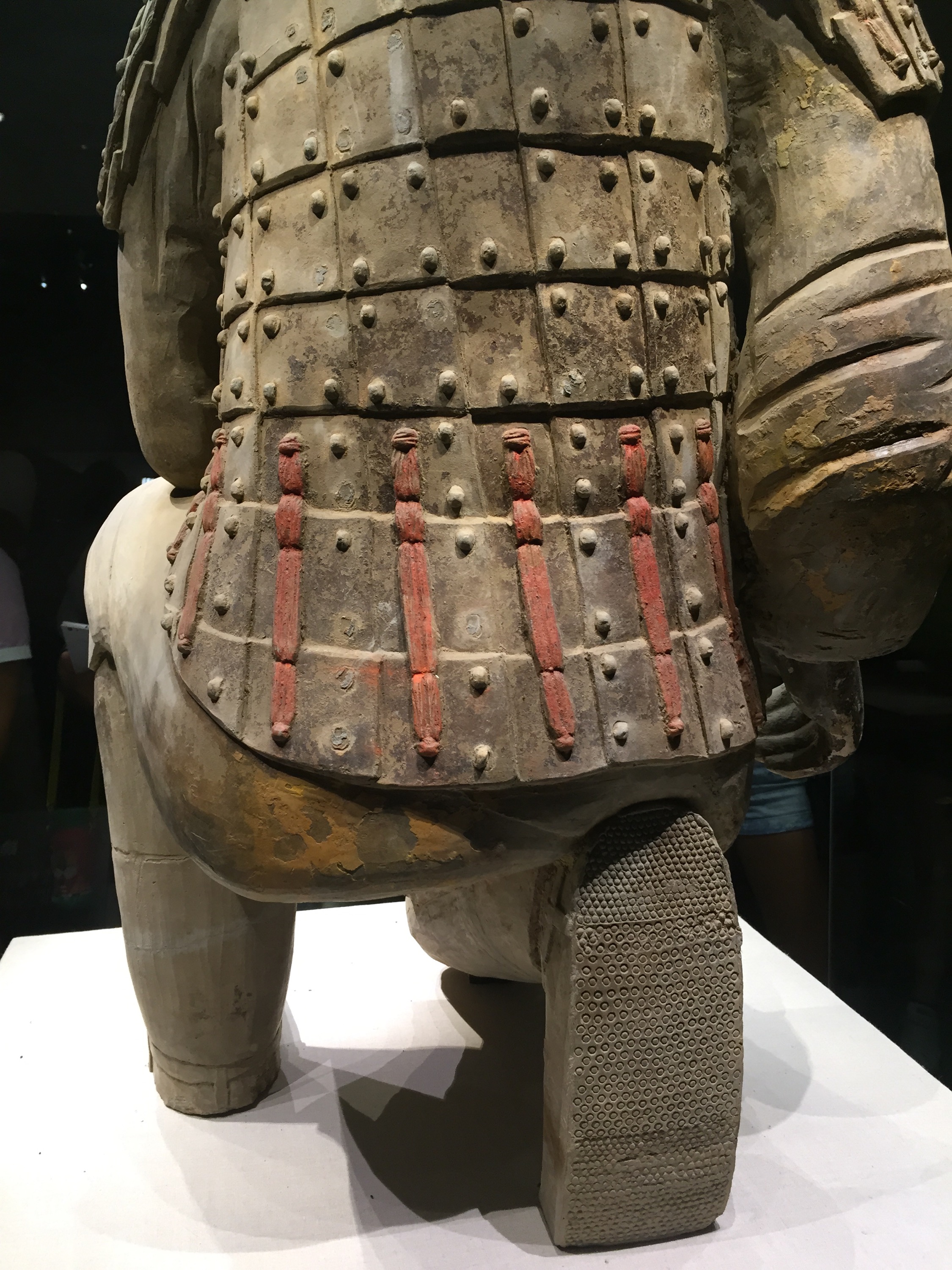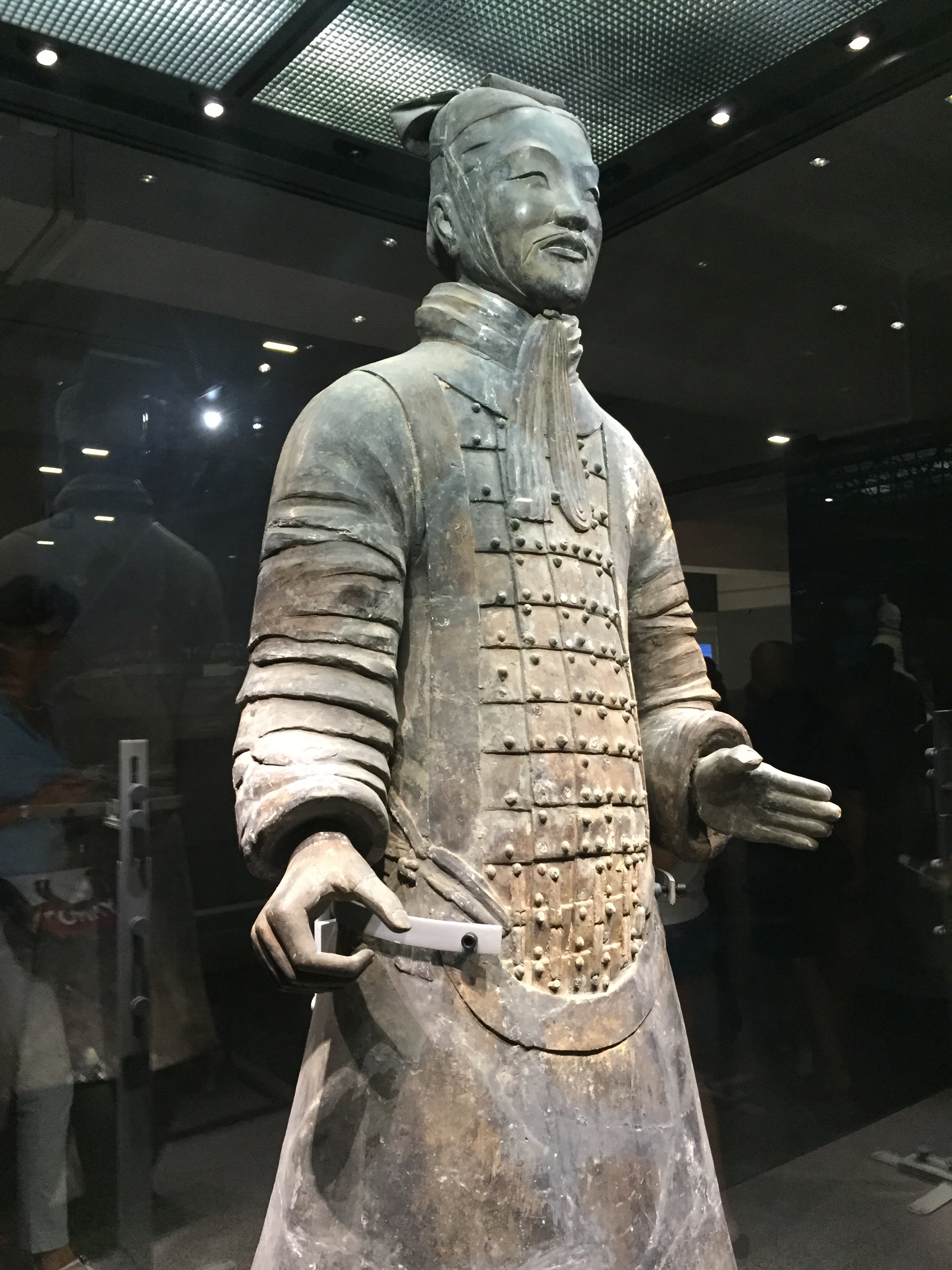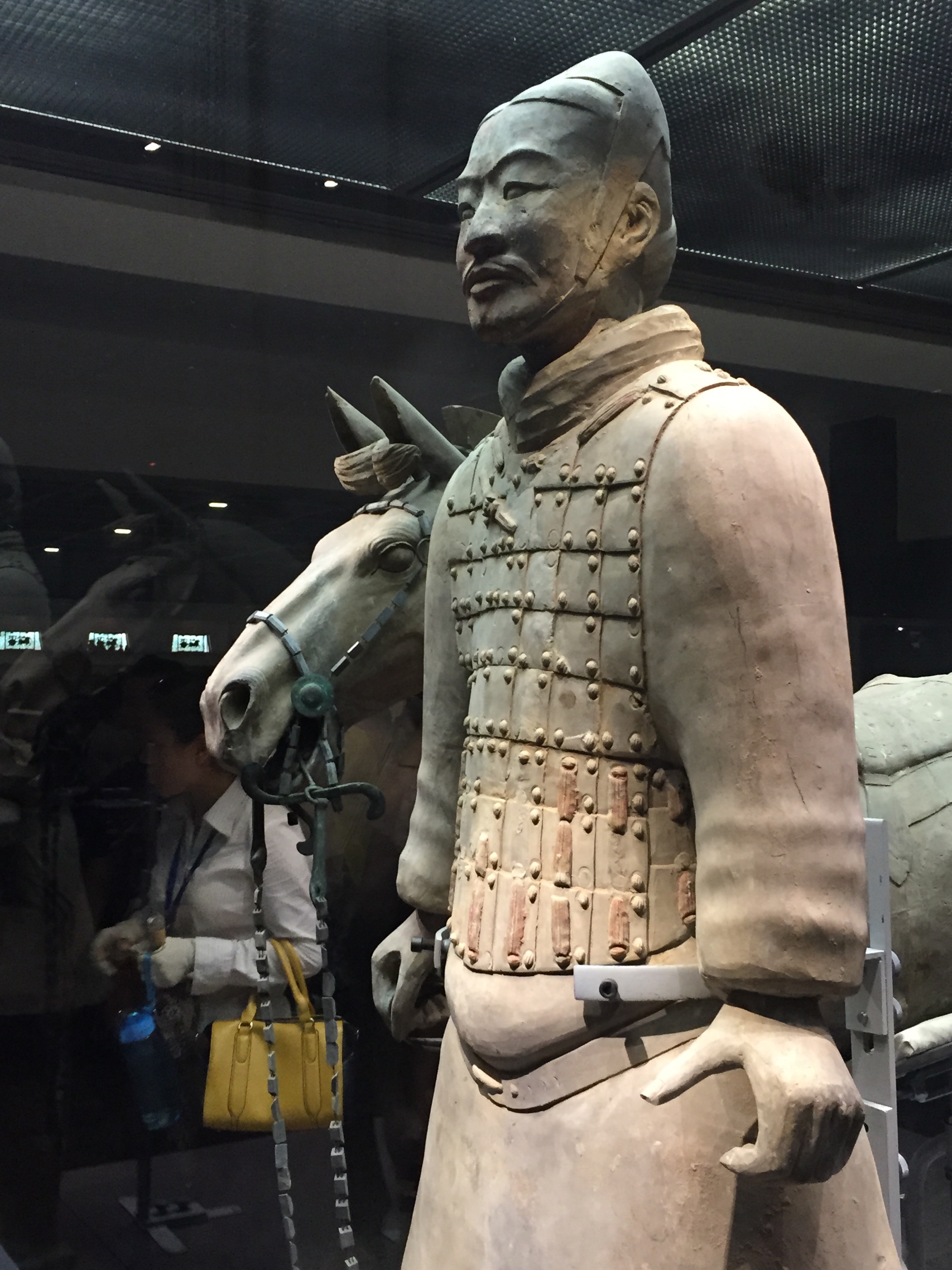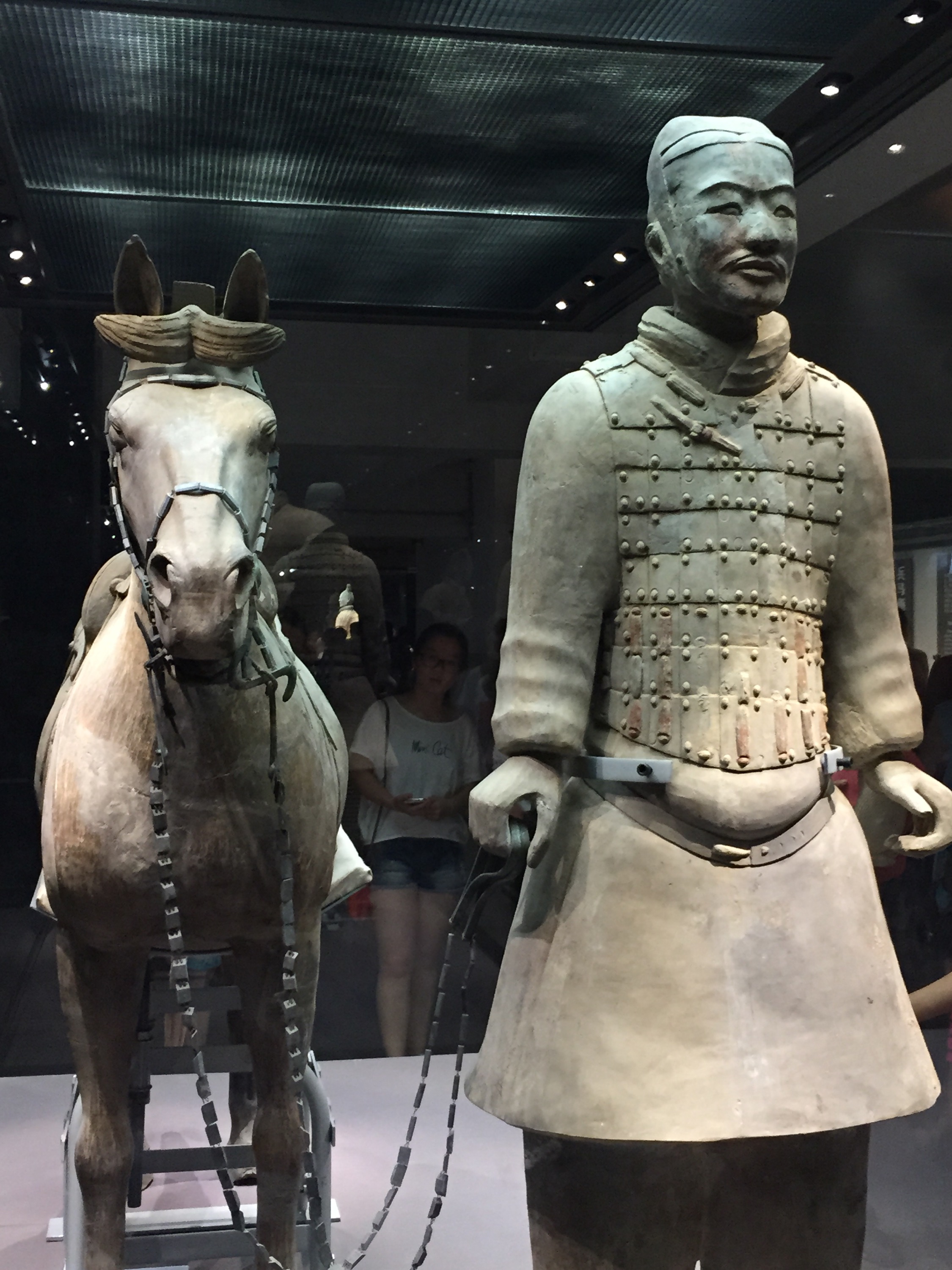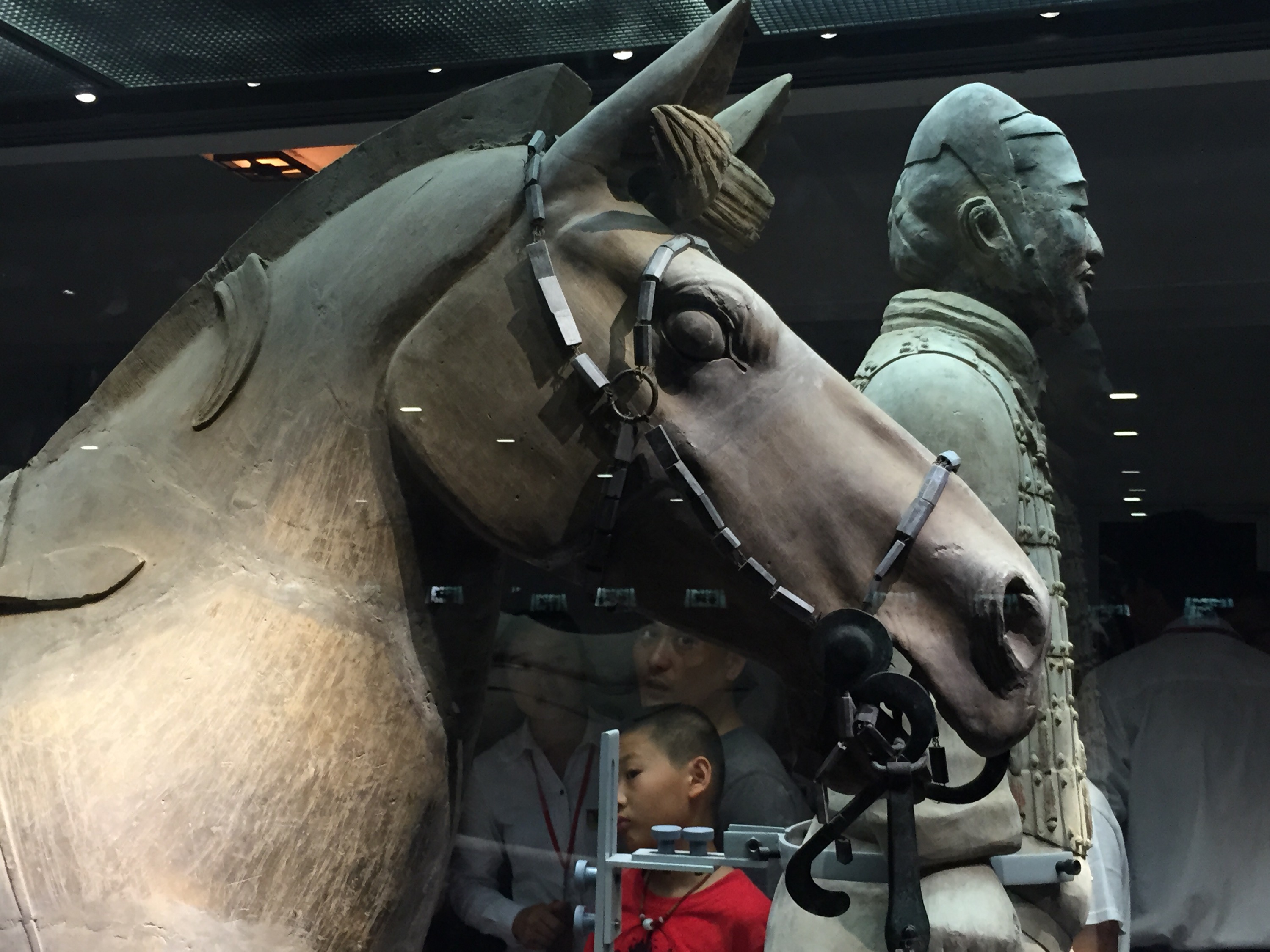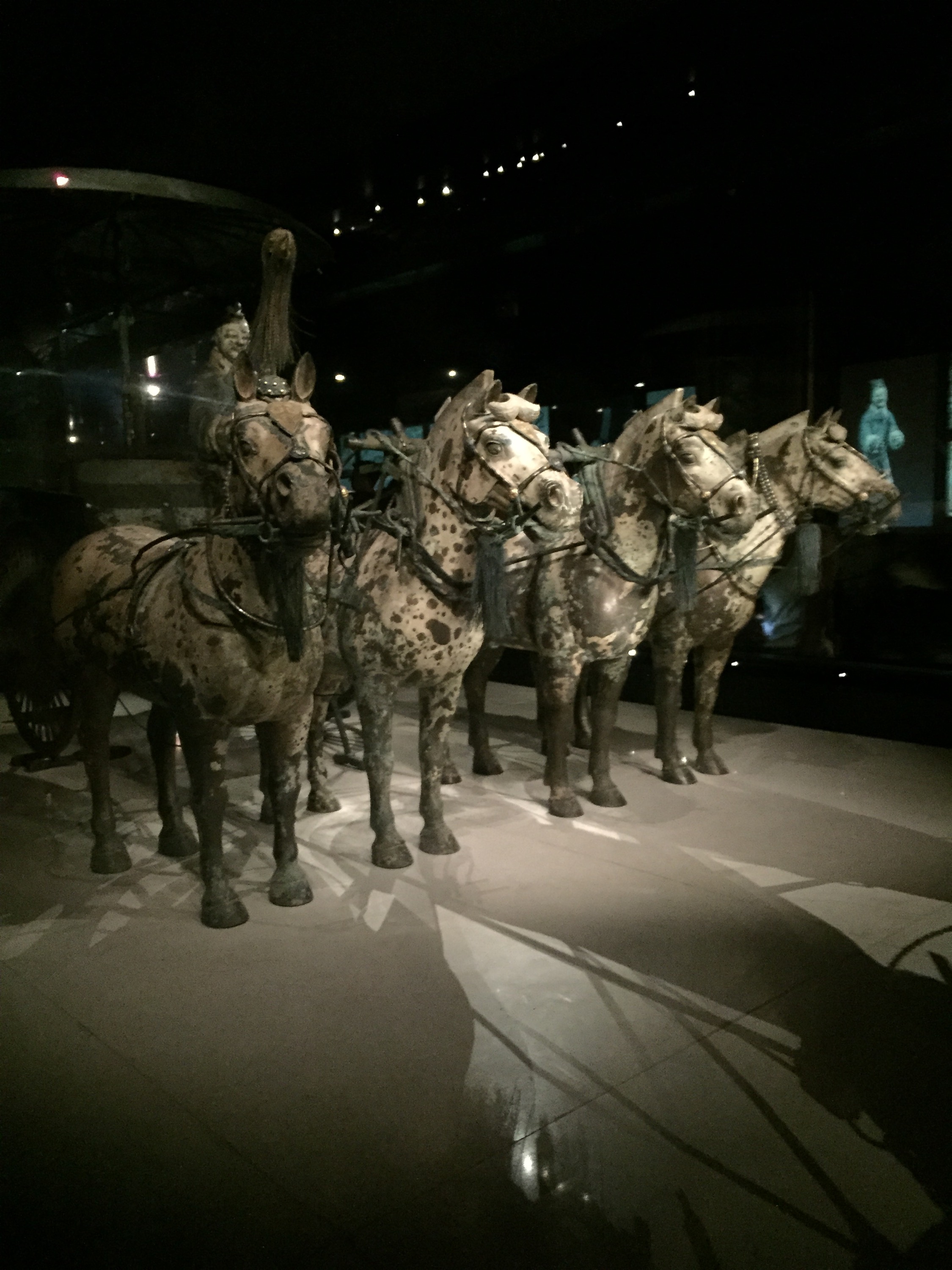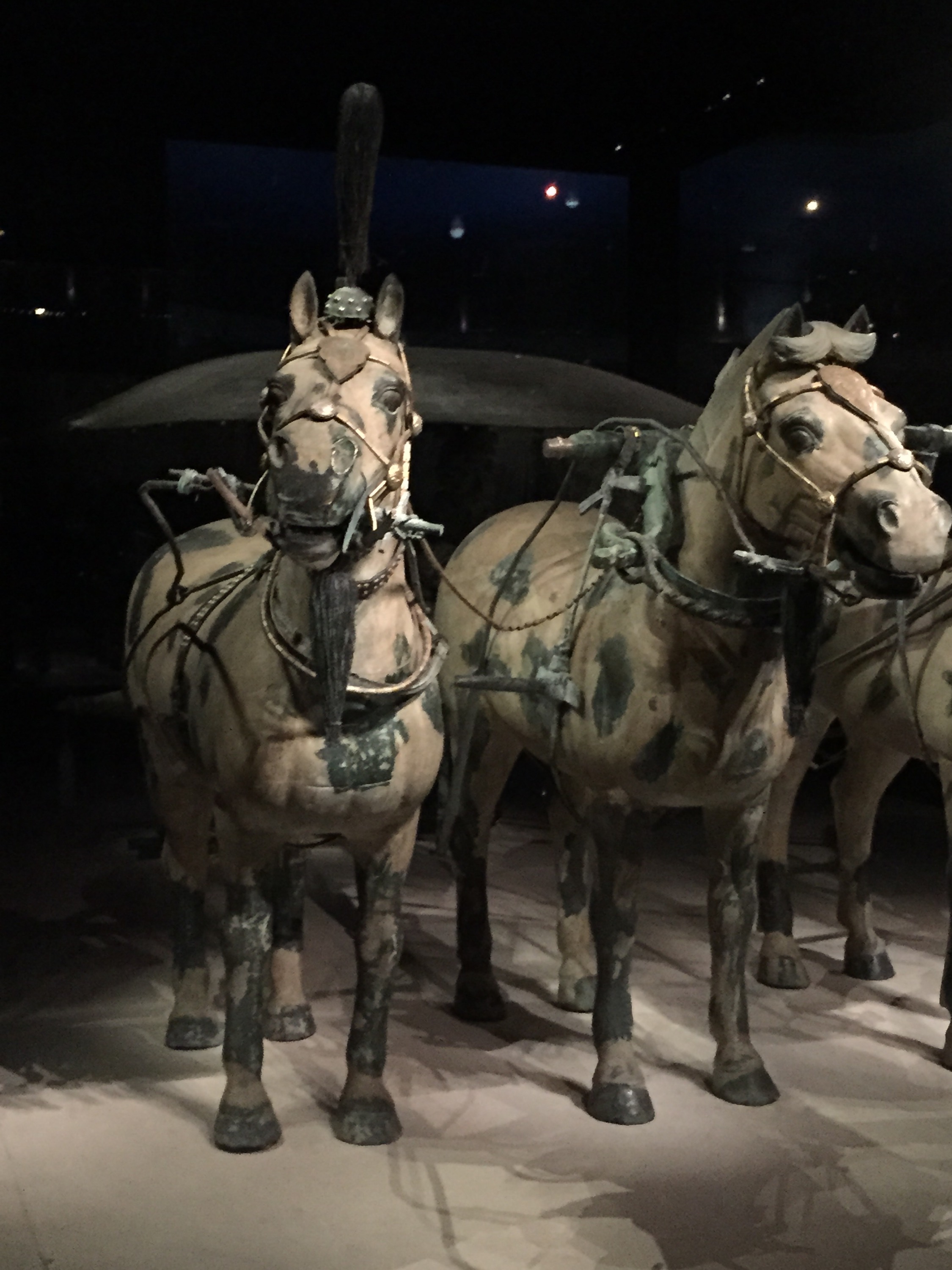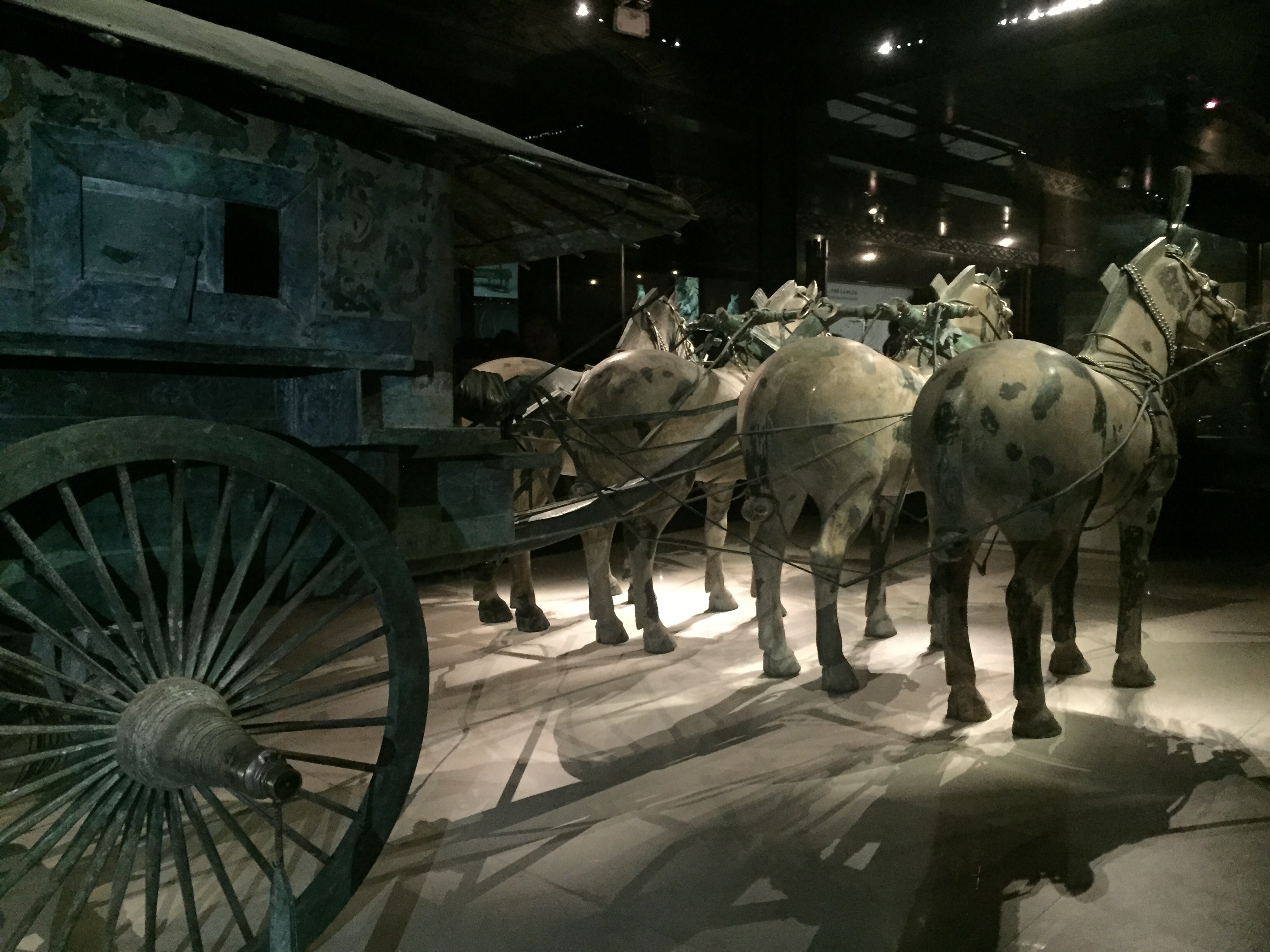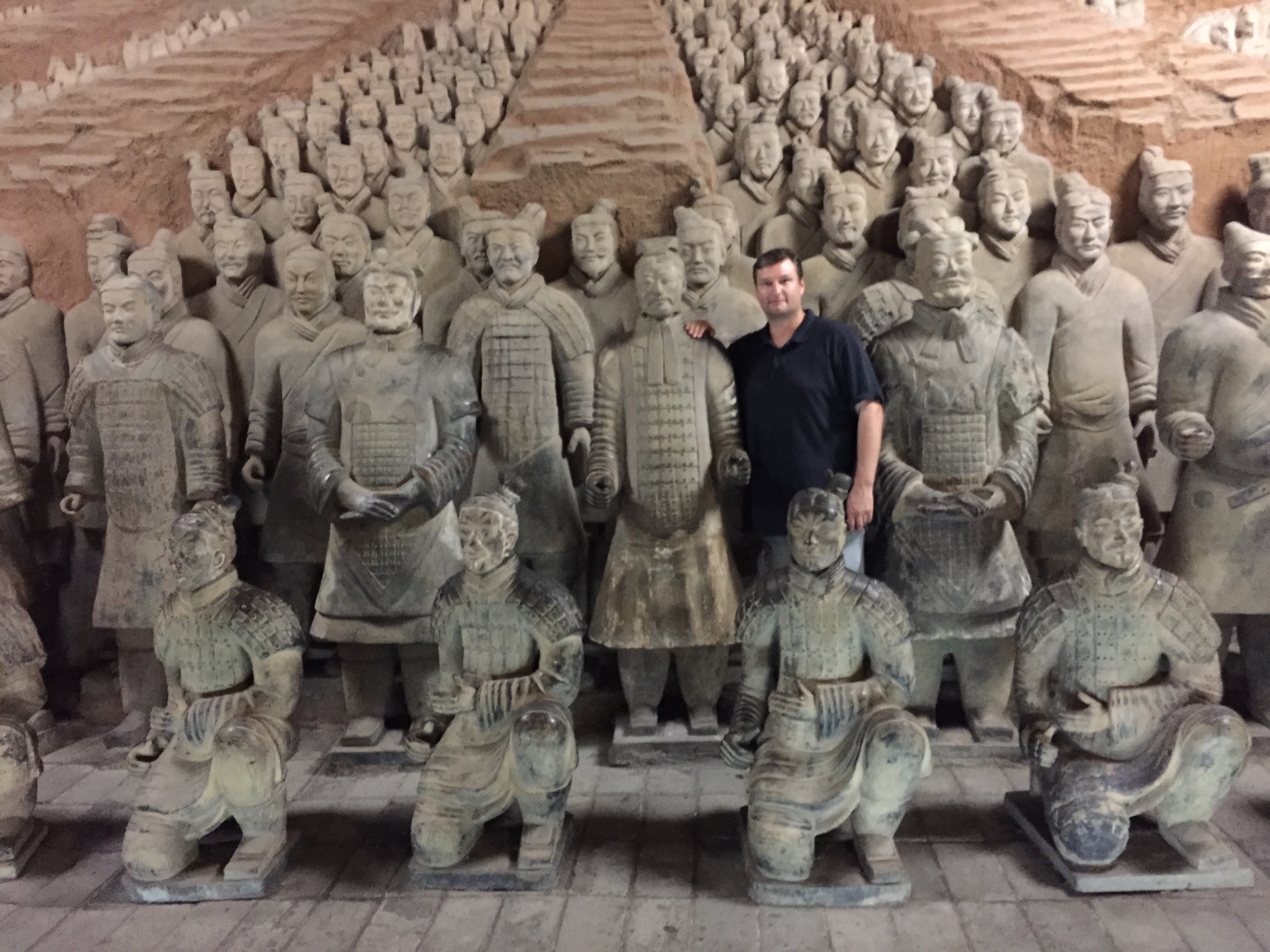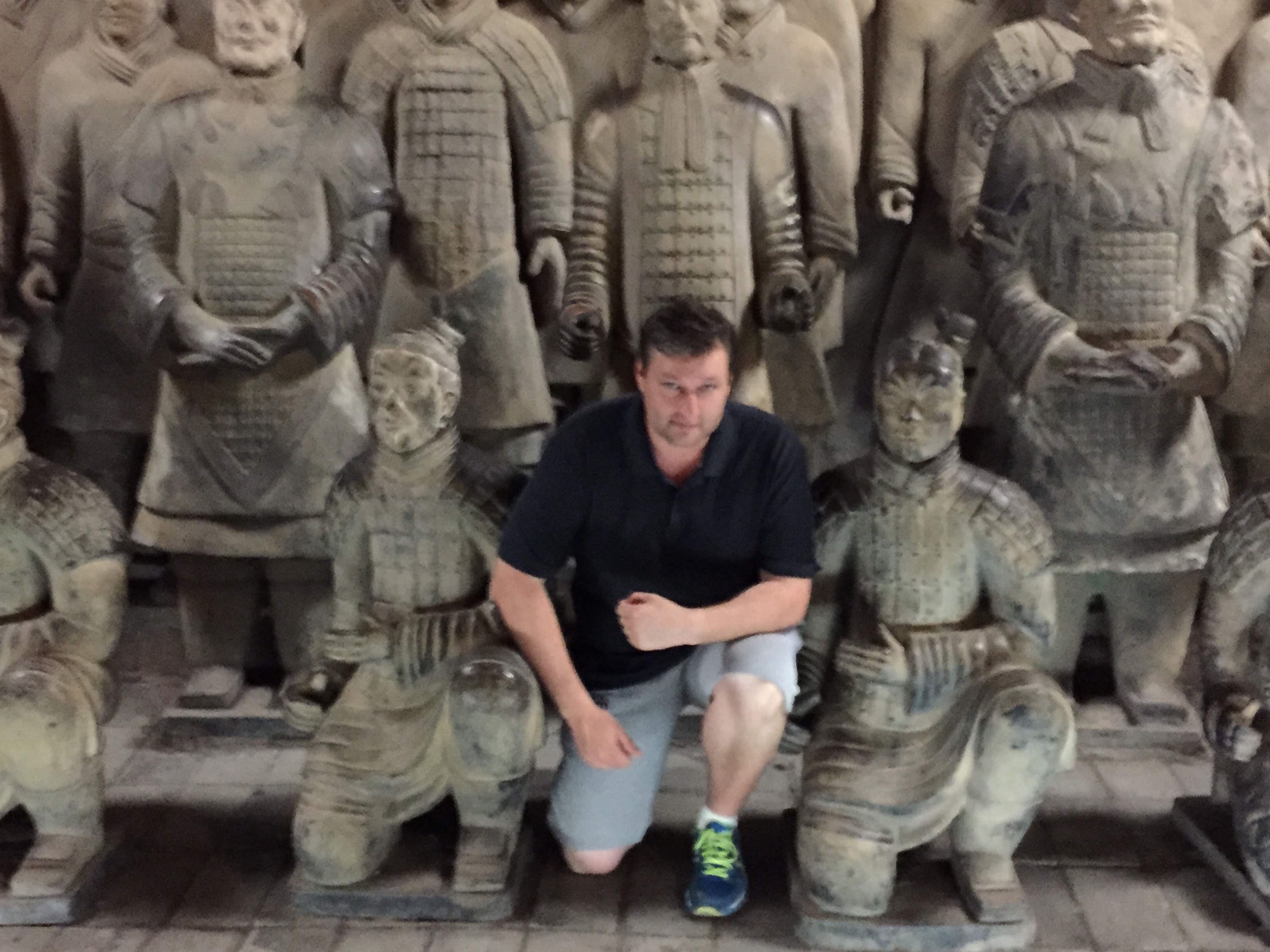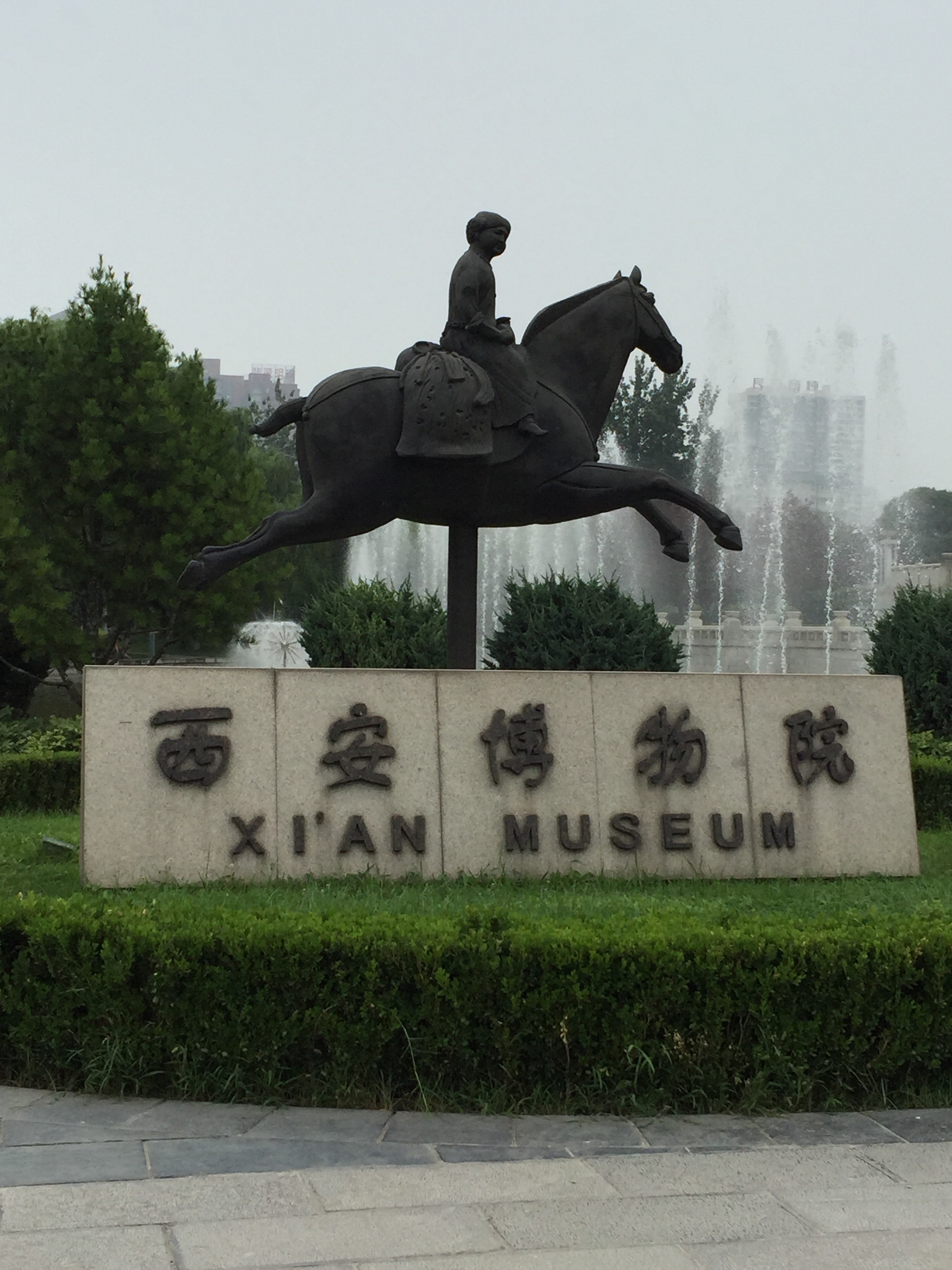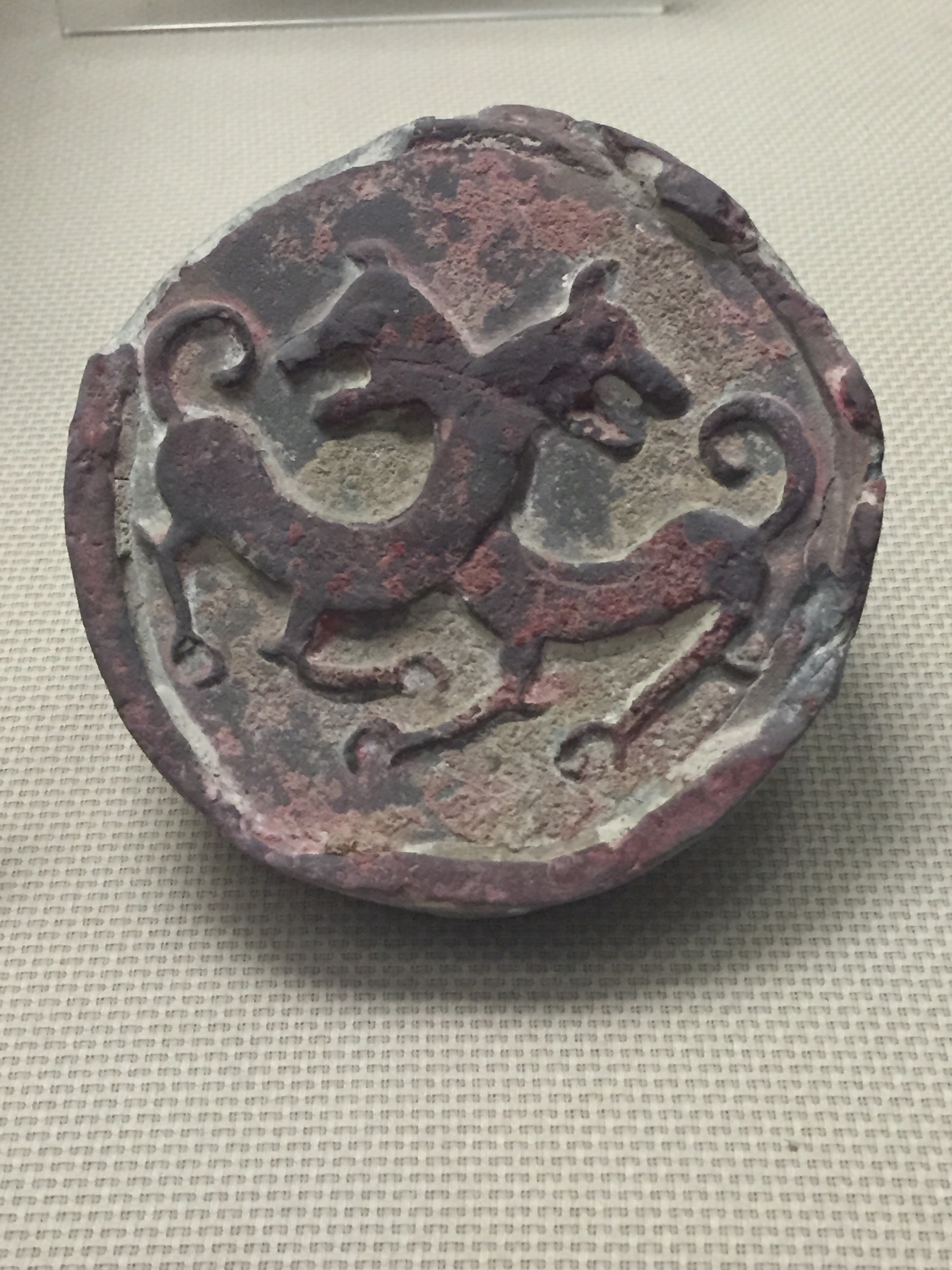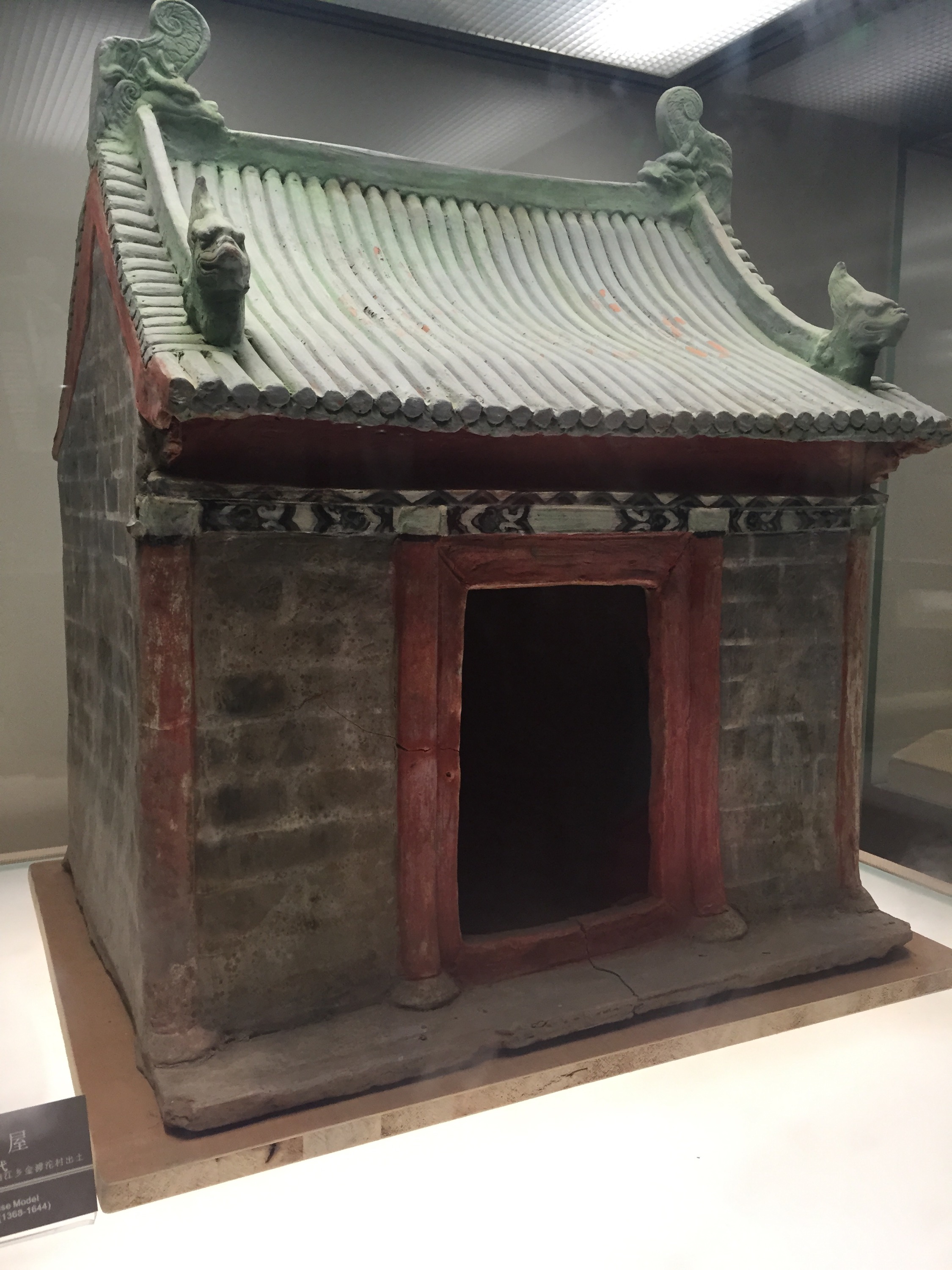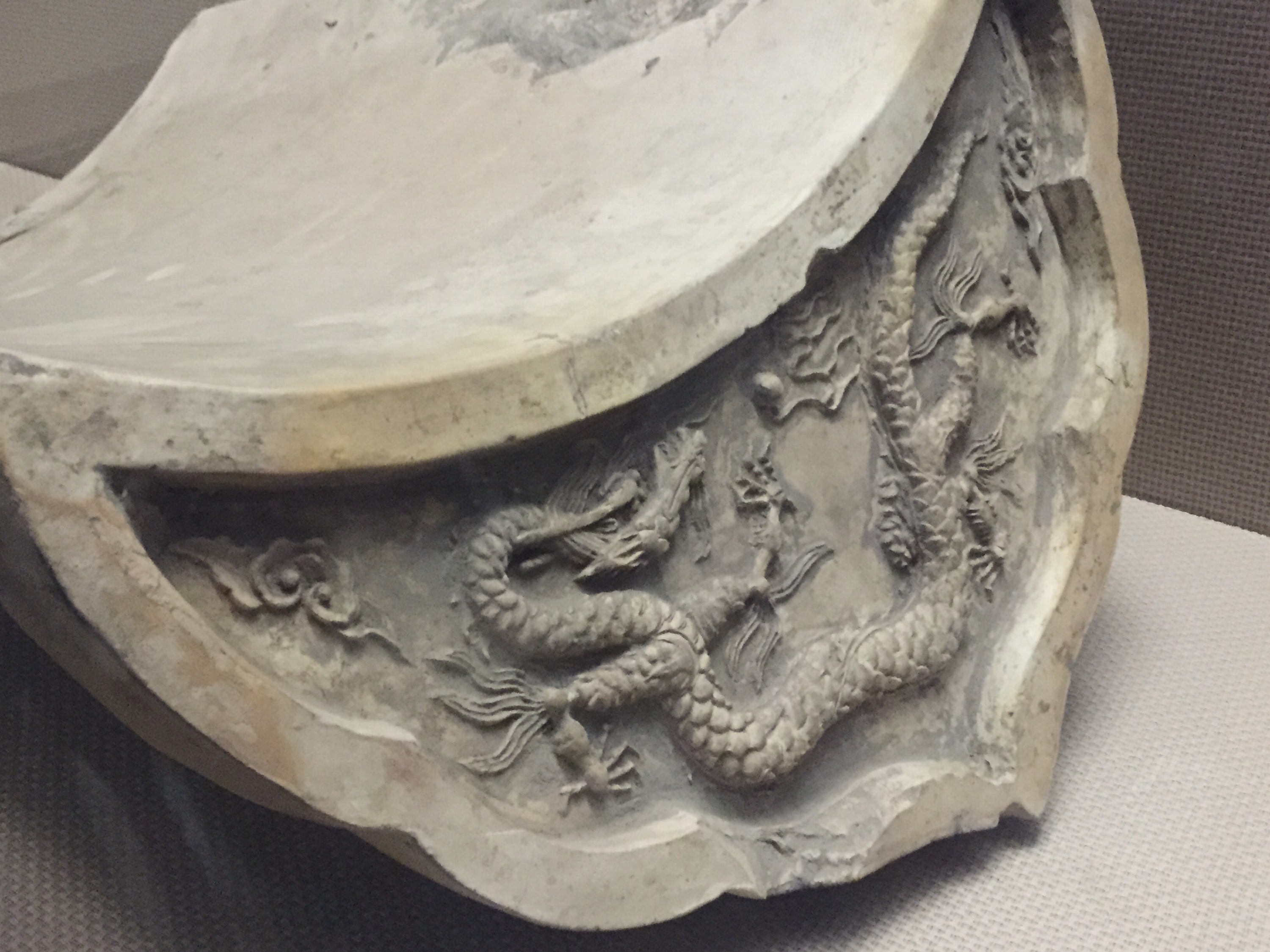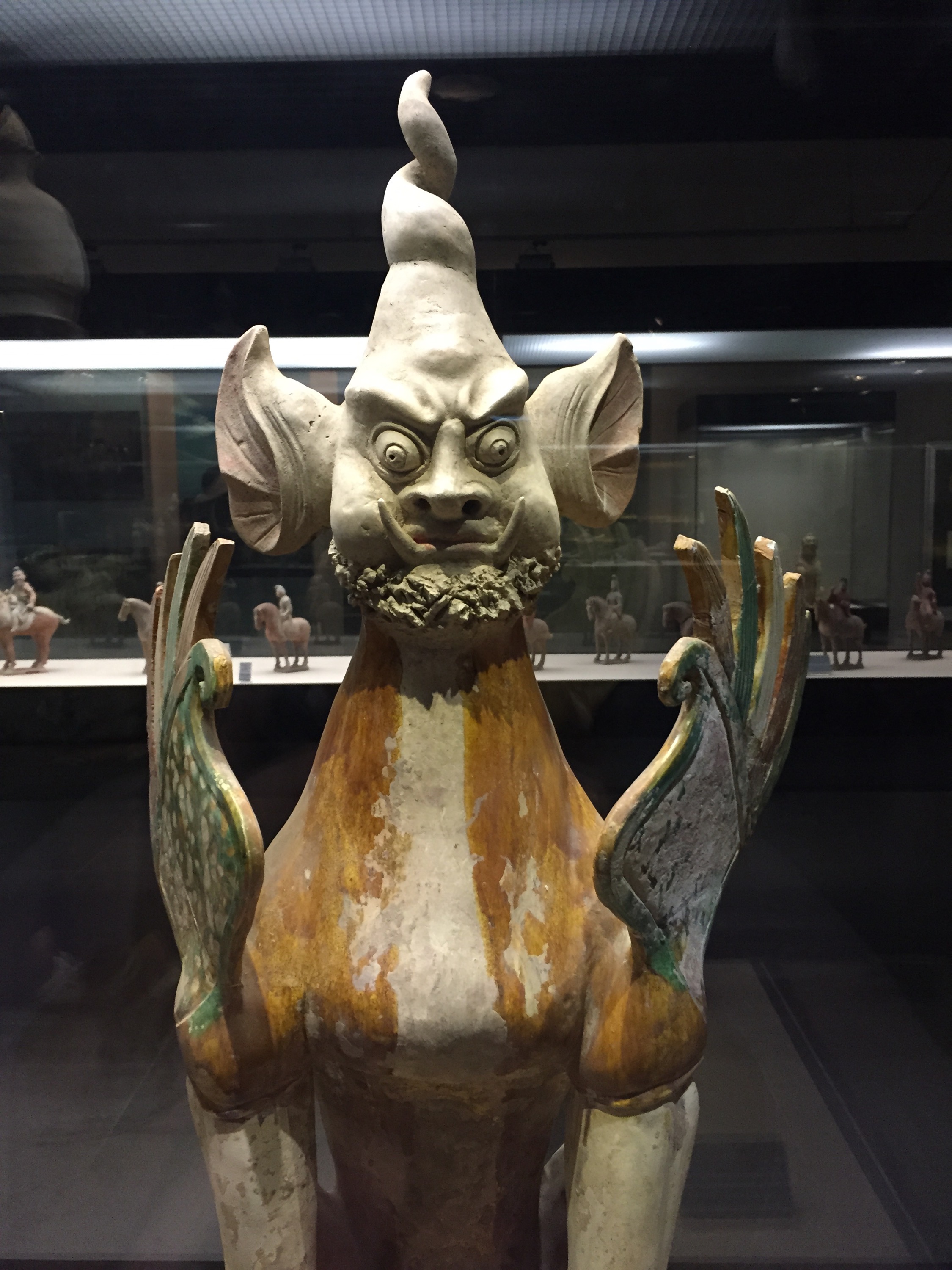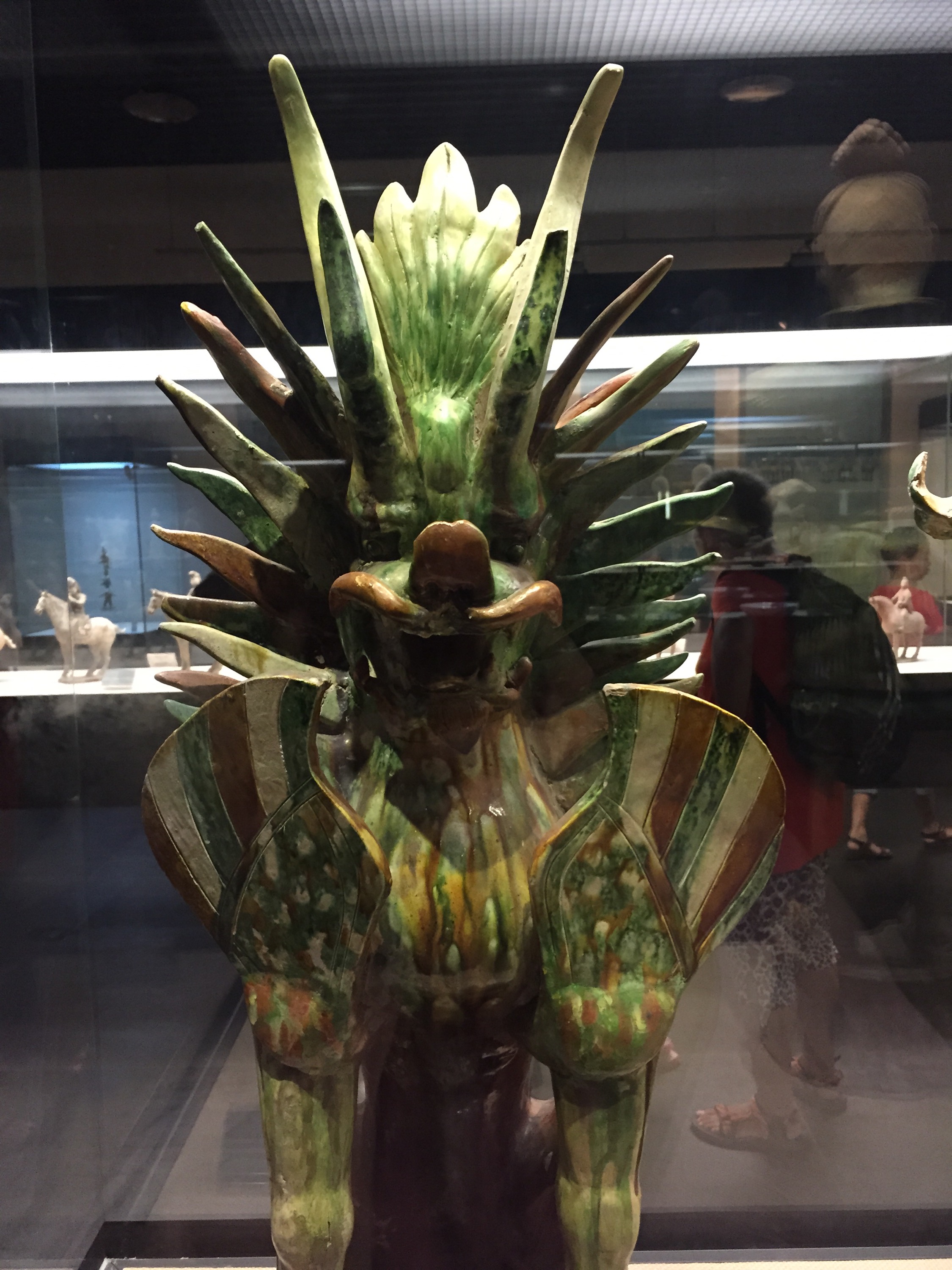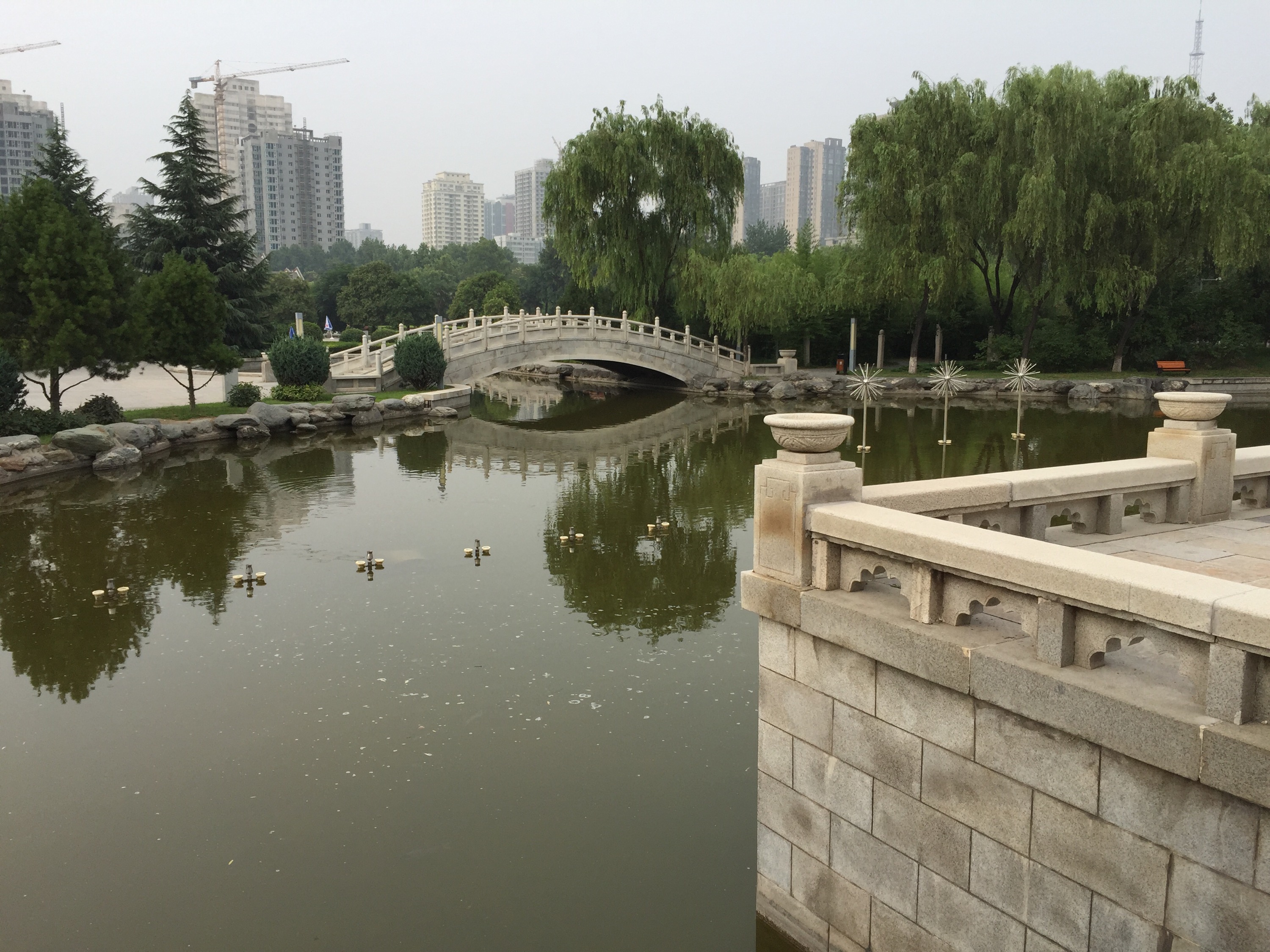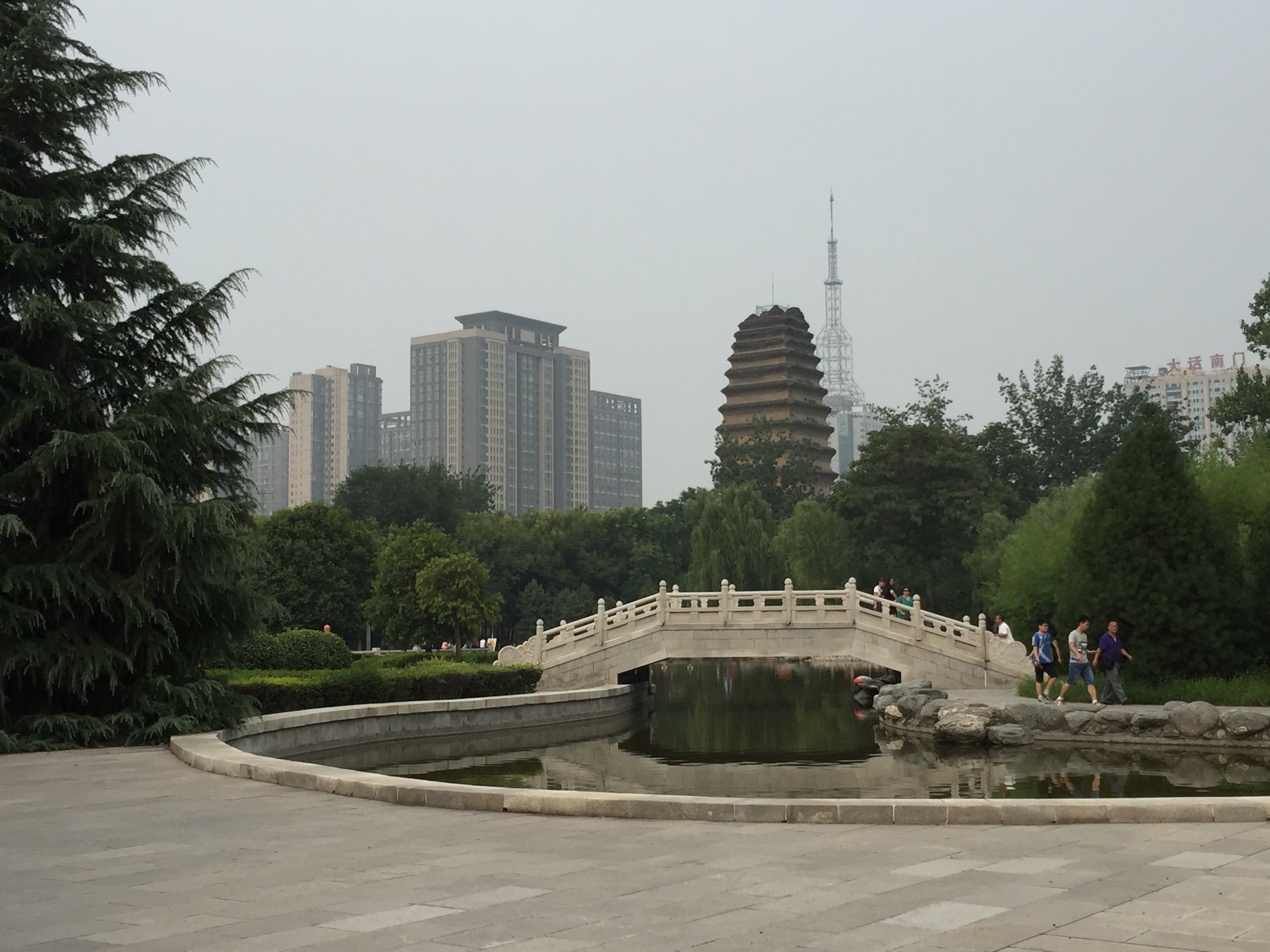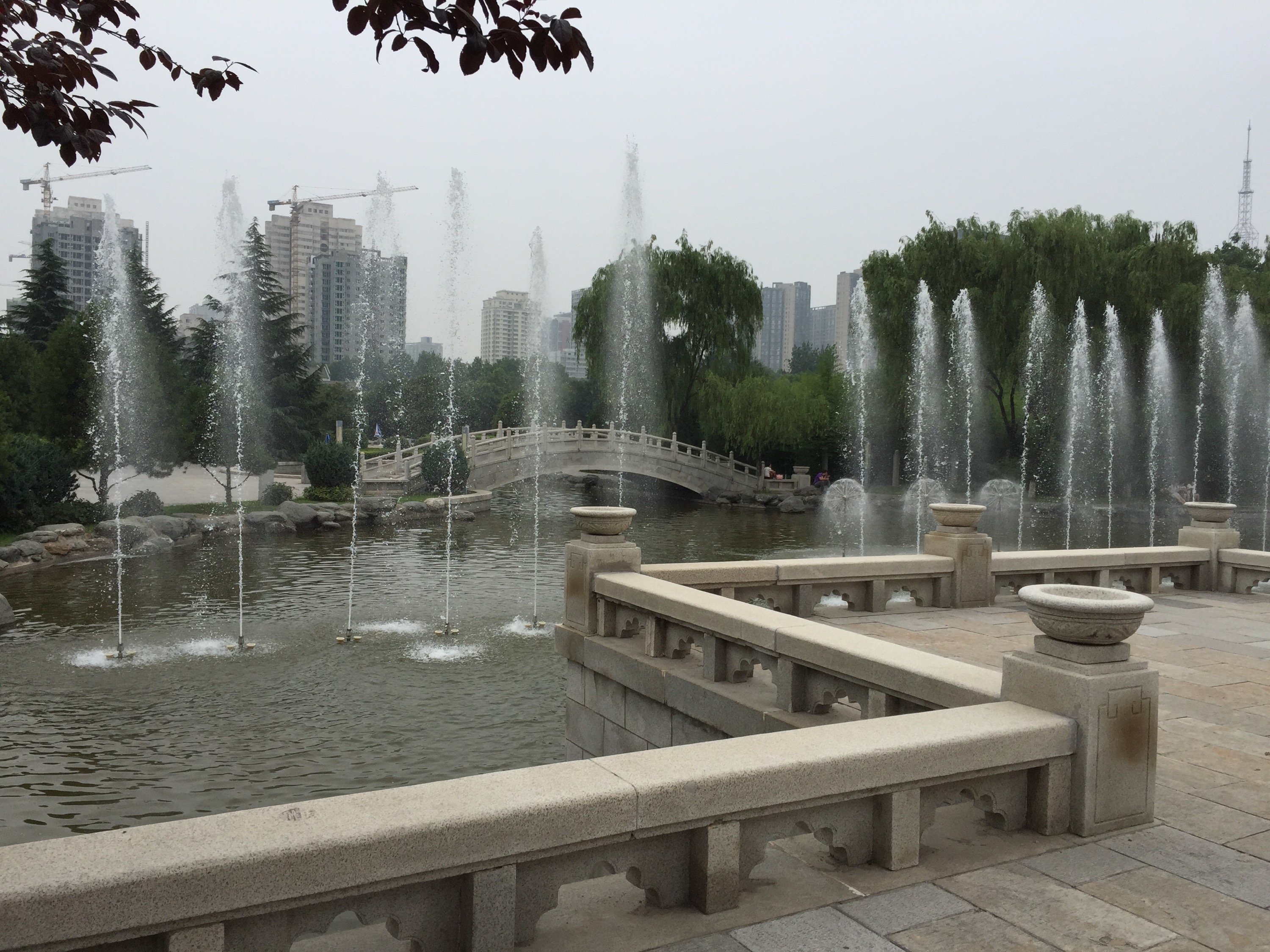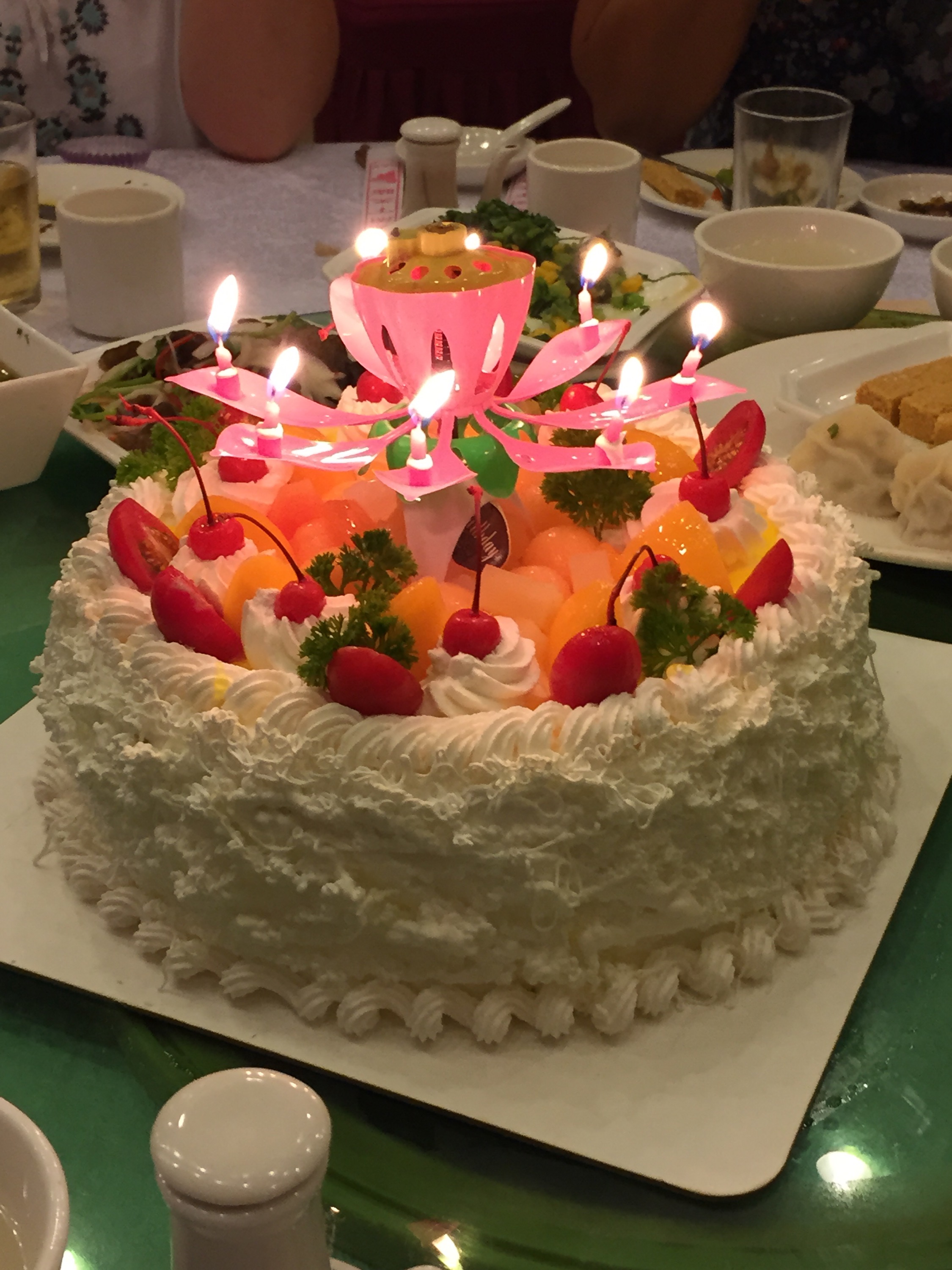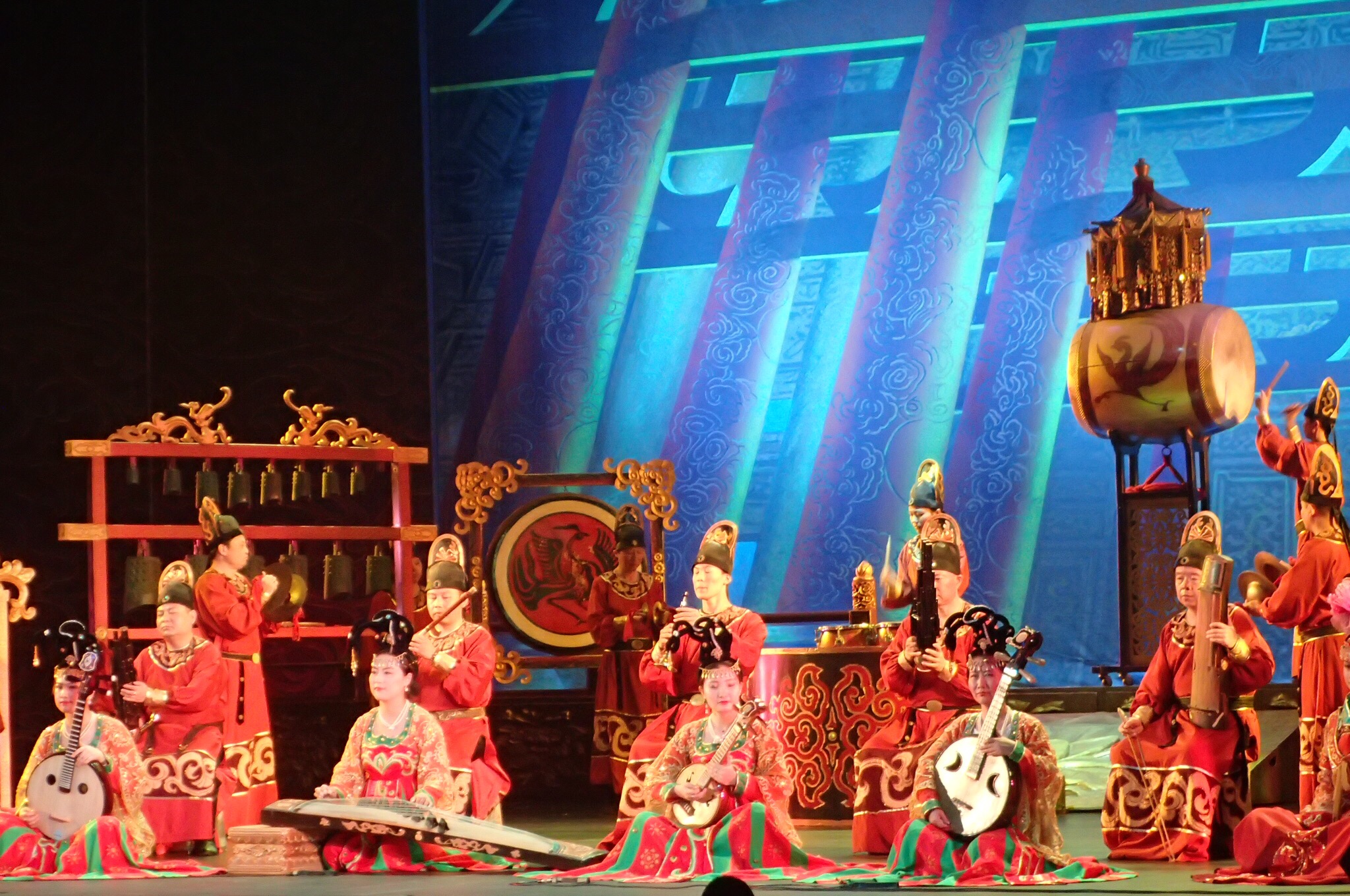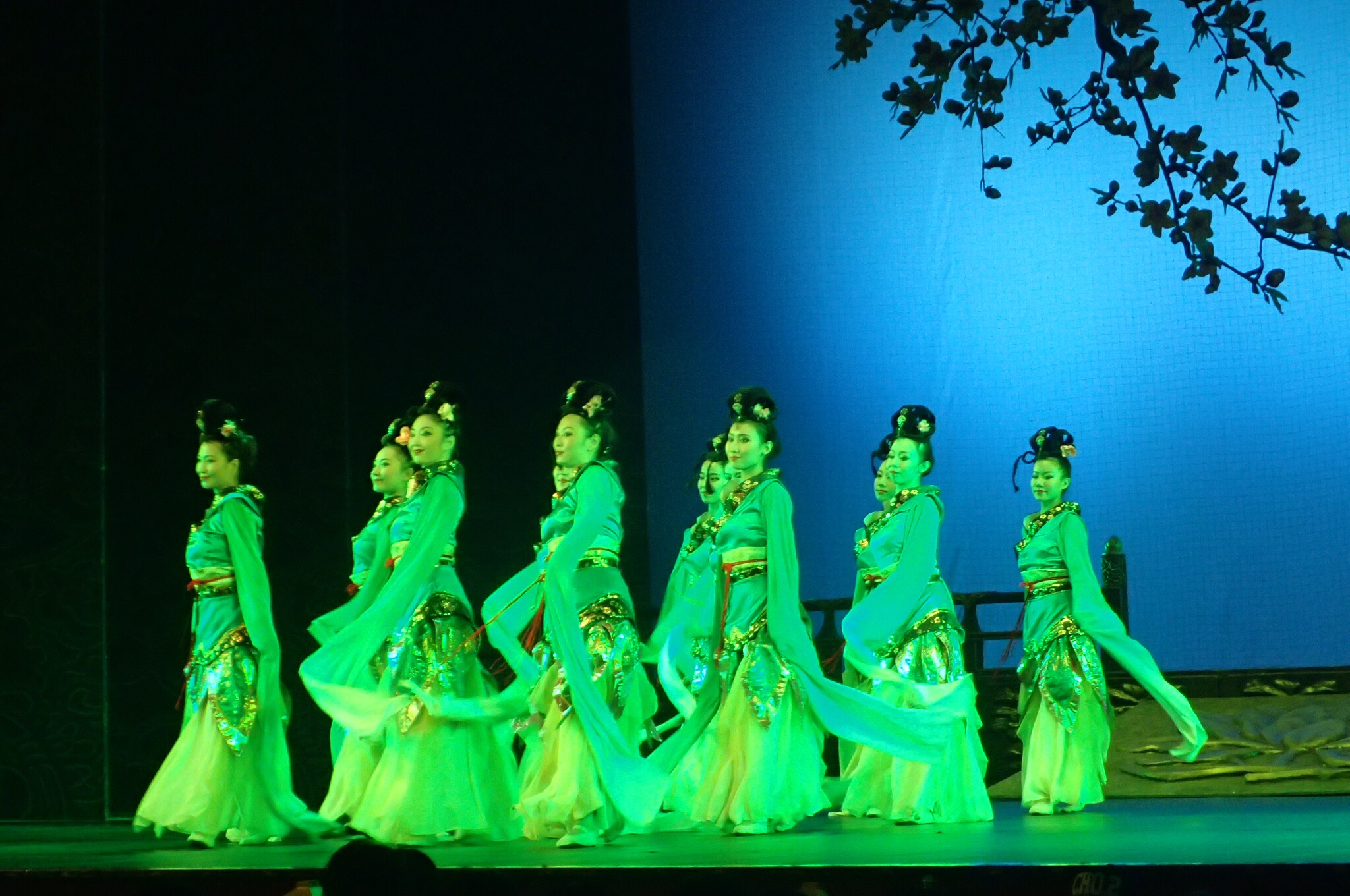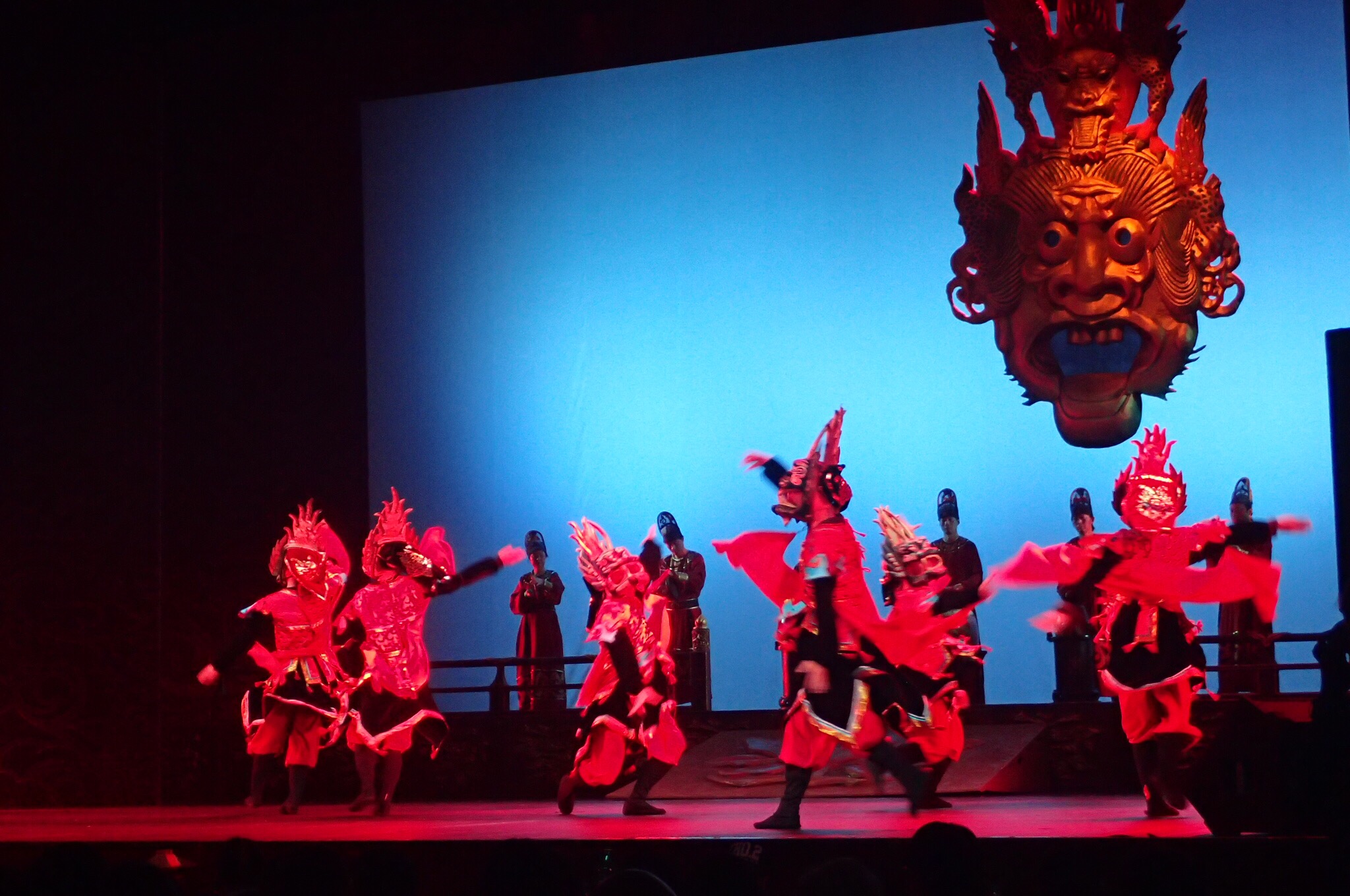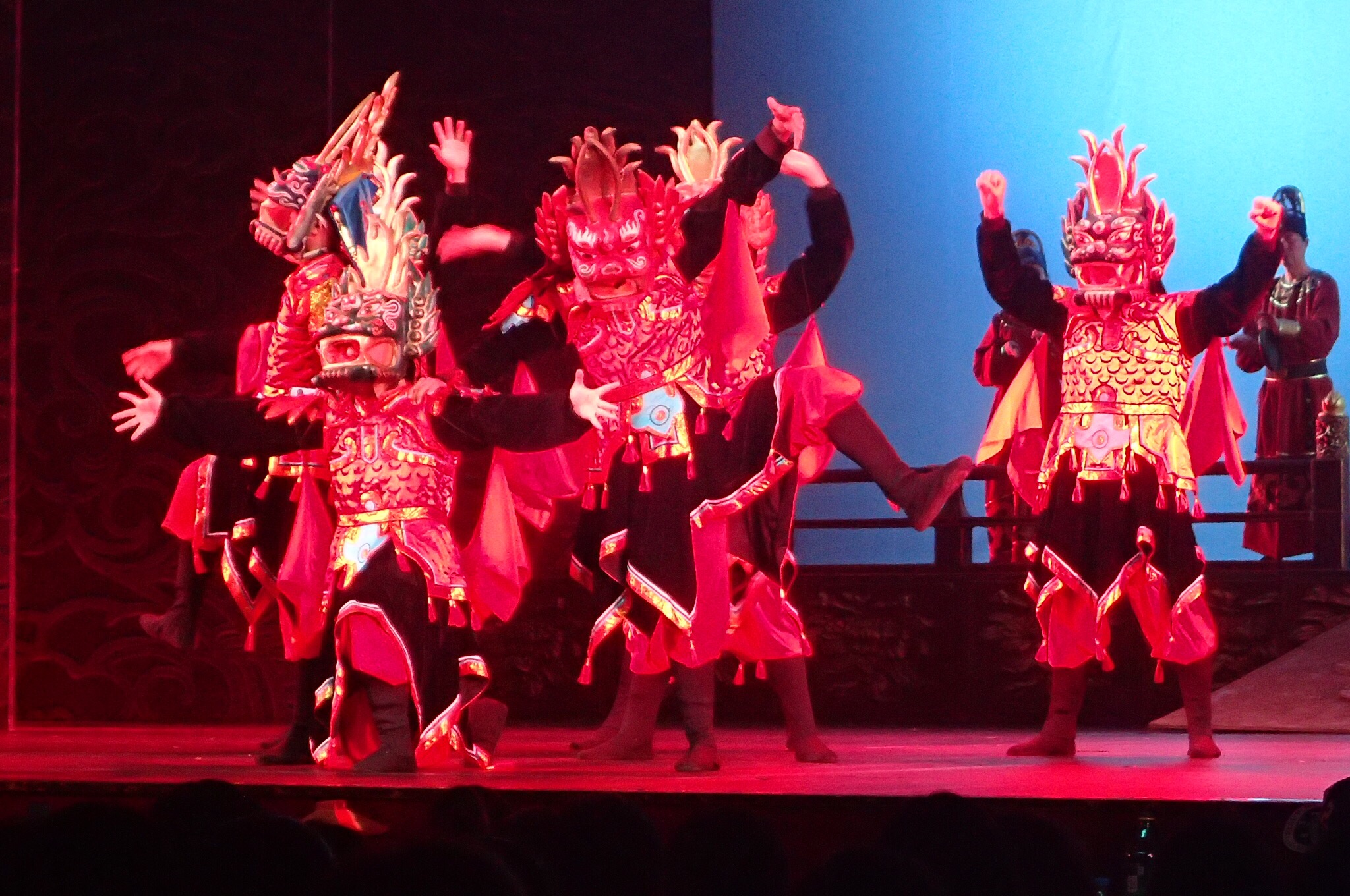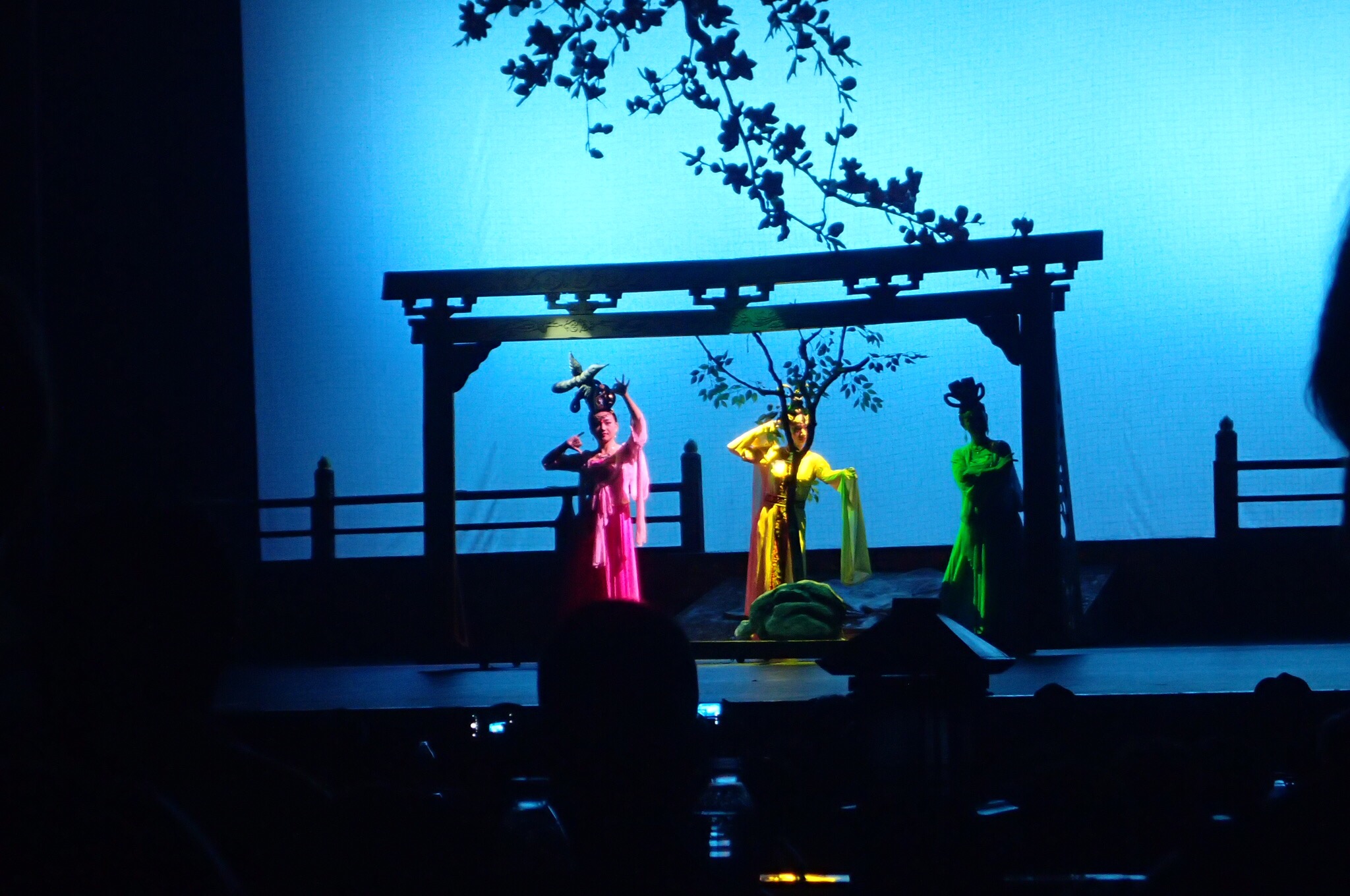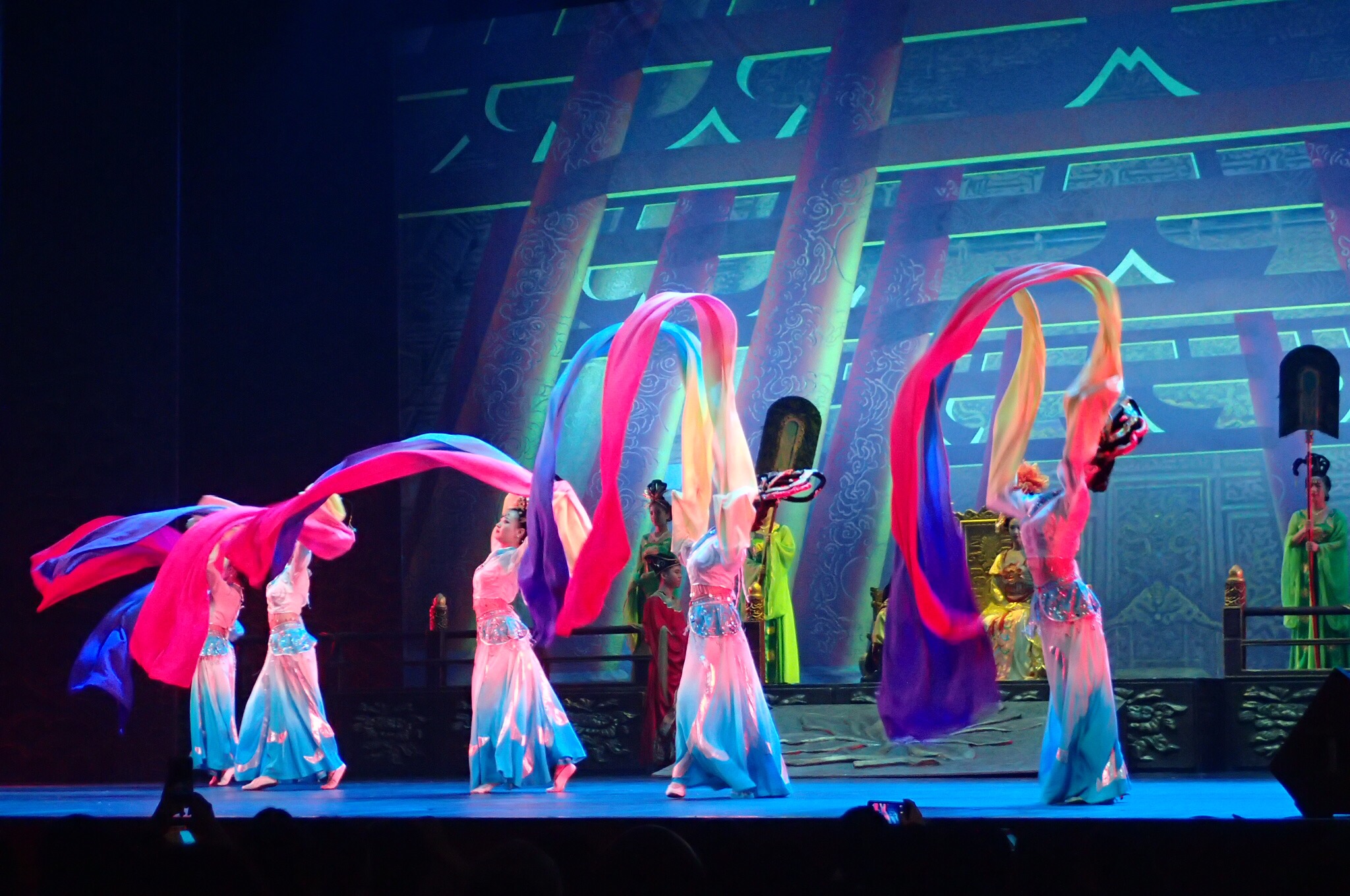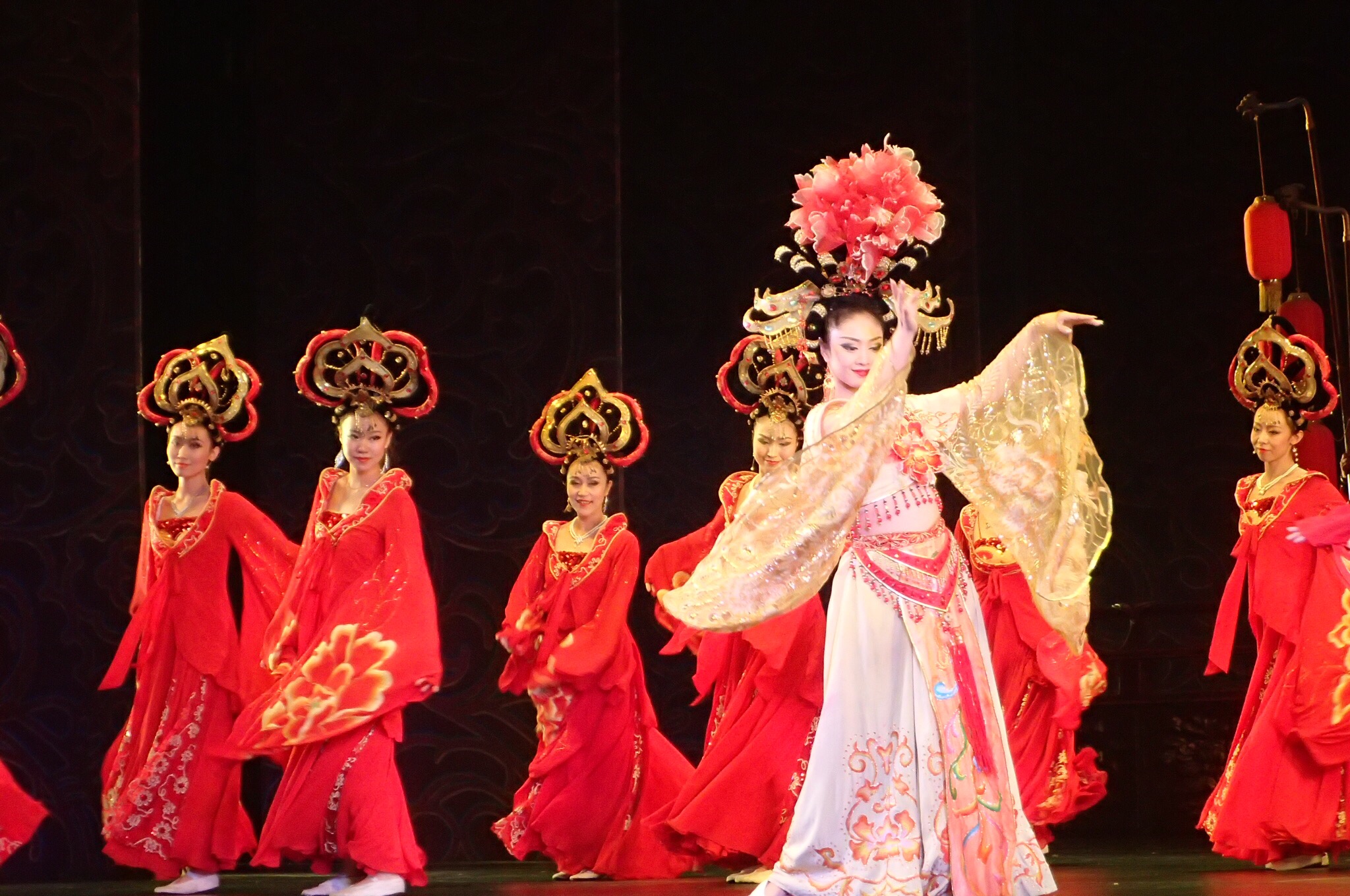As you’d expect, things are a lot different in a country like China than they are at home in Australia, or even when compared to travelling in other Western Countries.
There are so many things, it’s hard to know where to start so if this seems a bit choppy and all over the place it’s because I was making little notes for myself over the last two weeks that are sometimes just snippets…
Let’s start with driving shall we? The first few forays out onto the road for us were in small vans or tour buses. There are road rules in China, I am certain of it, though no one seems to obey them and we never saw a single cop the whole time we travelled through so many different cities (until we reached Shanghai, and then they seemed to be everywhere). They drive on the right, but have a tendency to just go where ever they want. We saw our tour bus driver do a very impressive u-turn across 8 lanes of two way traffic, by sheer will, and by virtue of 1) being bigger than every other vehicle in the vicinity and 2) generous use of his horn. No bus drive in Aust would even consider such a thing. Horns are a necessity, being used at every single moment to let people know they are about to run into you, or that you are about to run into them if they don’t get out of the way. There is no waiting for people to move, you just honk them until they do.
Red lights don’t really apply to motorcycles and mopeds – they seem to be more of a suggestion than anything else. Also, pedestrian don’t have right of way. If you want to cross the road, you have to simply stand your ground, walk into the street and hope that people will slow down (they won’t stop) enough for you to cross – even where pedestrian crossings are painted on the road… I don’t know why they bother with those, it’s like they’ve seen pedestrian crossings in the movies or something and believe they belong on the streetscape, but have no idea what they are for.
Mobile phones while driving seem to be totally allowed – bus drivers, taxi drivers, MOPED riders all on mobile phones all the time. This is a recipe for disaster, but somehow the only accident we saw was when a taxi swerved out of his lane a bit and side swiped our bus. We later found out the reason for this is that the fine for using your mobile phone while driving is 50RMB – about $10. The driver was horrified when I told him the penalty for using your phone while driving in Australia was about 1500RMB.
The vehicles themselves are an oddity. We saw many three wheeled taxis that seem to be just a moped with a double back seat – a modern day rickshaw. We saw enormous luxury vehicles covered in scrapes and bangs from the way people drive, we saw overloaded motorcycles, and my favourite weirdness on a highway near Xian – a small produce truck driving along stacked high with watermelons that were held together with two inch sticky tape.
Then there is the high speed train. They look the same as Japan’s bullet trains, but they couldn’t be more different. In Japan, you knew which platform you were going from, and even where to stand to wait for the correct carriage for your allocated seat and you could arrive ready for your trip and await your departure in your own time. In Beijing, you are not allowed on the platform until 15 minutes before you train is to depart, and there is one solitary ingress point for everyone to move down tot he platform. That means that approximately 1275 people (most toting luggage) were all crushing the one single ticket inspector across a 15 minute period to get to their platform. Fucking ridiculous.
Once on the train you notice it is not as clean as the Japanese counterparts, in spite of the fact that there are two ladies on every carriage whose jobs appear to go about sweeping and cleaning the bathroom facilities. If you have the misfortune to require the bathroom during the 5 hour journey, you will end up holding your breath, cursing that you didn’t bring more tissue with you so you could wipe down the seat, and then try hard not to touch any surfaces after washing your hands to exit the bathroom. Ewww… Additionally, your fellow passengers will be: playing video games out loud. Playing music on speaker. Playing movies aloud… and eating foul smelling dried out meats or extremely pungent pickled mystery goods. Just no consideration for other train passengers.
Smoking! Everyone still smokes. It’s like they haven’t got the memo yet that well, the damn things actually kill you. And smoking is still legal in most public places – including restaurants. Nothing worse than being asked if you want a non-smoking table, knowing full well that right beside you somewhere in the same room, someone is going to light up. You see people smoking on their mopeds, smoking in fast food places, while walking through shopping malls, hotel lobbies (right under the ‘no smoking’ signs), in public parks, on ferries and boats, in taxis… just about anywhere – even if it is suppose to be a non-smoking area. They just don’t are. It’s really horrible to find yourself a nice spot to look at something and then someone comes along and lights up right beside you. I think I have consumed more second hand smoke in two weeks in China than I would have in the last ten years in Australia.
Which I personally think is a bit weird really, considering the Chinese have a very particular, and frequently discussed, obsession with longevity. They have Happy Buddha, you can rub his tummy for ‘luck and long life’, they have turtles everywhere – in ponds, in statuary, in tokens and charms, for ‘longevity’. Rivers stand for longevity, twisting walkways, long covered corridors, knotted tokens, certain foods – every time you went to a shrine or a temple, you would be encouraged to make wishes and prayers for a long life. Make a donation here, tie a string there, hang a token over there, write you name over here and always, always, make a wish for long life. It is just a ‘thing’… and a long standing thing at that. Wishing someone a long life is the traditional way of offering well wishes to someone, anyone. Which I find odd… because so many of the Chinese have endured god awful suffering over the millennia. It’s not like many of them have had easy or pleasant lives at all. And I am not just talking about rural peasants eking out a living, working on farmlands for rich landlords, I am talking about privileged families too who were persecuted through the Cultural Revolution, the Taipings, the Great Leap Forward, famines and so many wars. No one quite does suffering, like the Chinese do. I am not quite sure why, historically, you would wish longevity on someone who lives a miserable downtrodden and oppressed life. Obviously things in modern China are improving – ‘We have partial freedom in China now. Can do what we want so long as government say it okay, not like before.’ (direct quote from our first tour guide) – but they have such a long way to go. Still, the obsession with longevity seems prevalent everywhere you go.
Their only other true obsession that runs as deep, is the obsession with wealth. The Chinese people, who have suffered so much deprivation in their history, seem obsessed with the protection that being wealthy can offer. They have several tokens that represent wealth – the fat toad with three legs and money in mouth, he is constipated so that the money comes in and never goes out – we saw the fat toad a lot in Northern China, in the Southern areas, it was a dog set high on a families roof that ‘has no anus’ who is also ‘constipated’ who brings in wealth to the household and it never lets the money out.
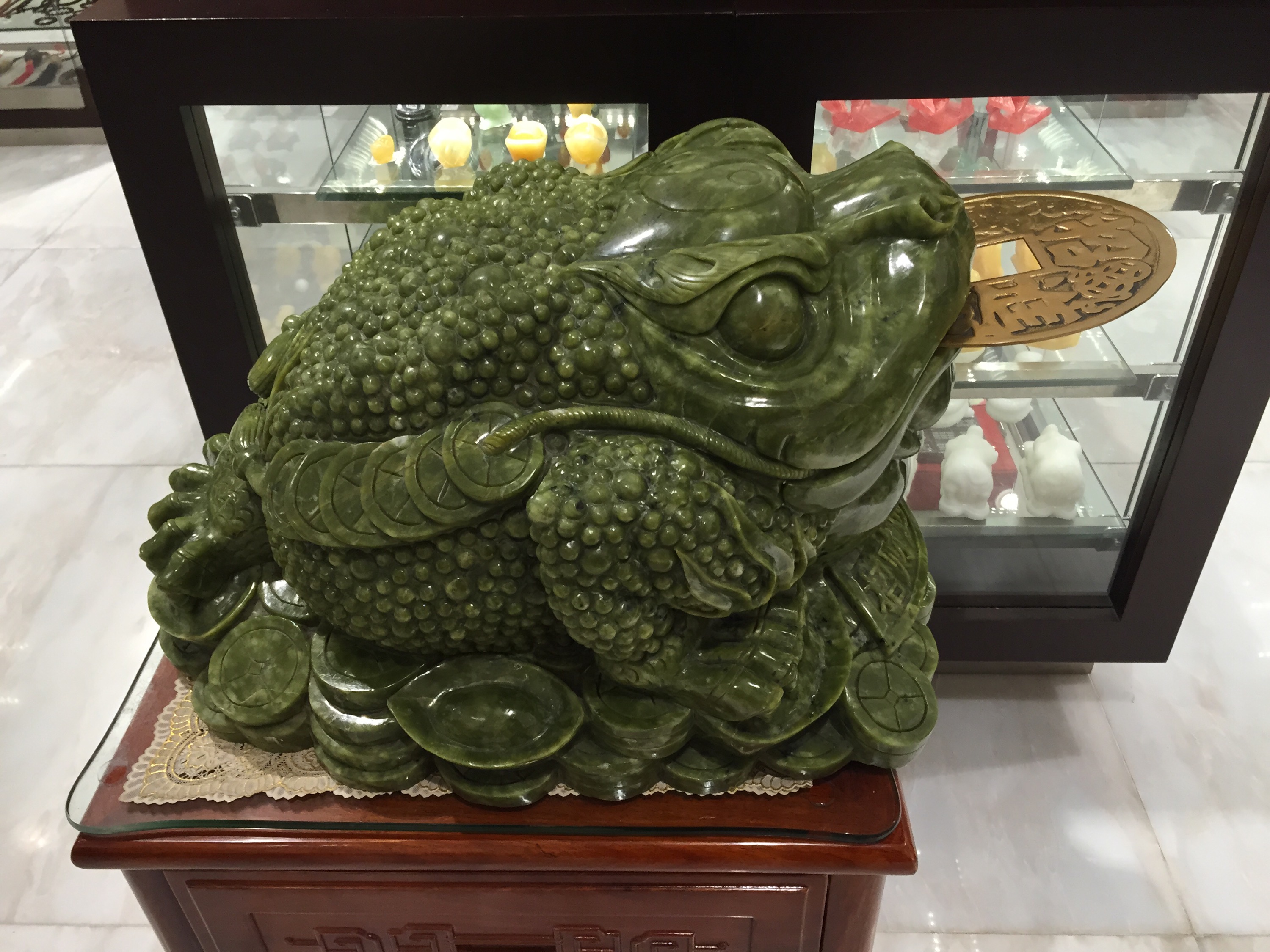
In the North – Beijing and Xian, we discovered that foreigners were known as ‘big nose’. Given that many in the north have Mongolian ethnicity in their genealogy somewhere, it is quite common for them to have broad, flatter features, so they are quite frequently fascinated with the ‘big noses’, and would want to stop and take photos with members of our group who had narrower features and larger more protruding noses. In the South, Guilin, Yangshou, Yi Chang, foreigners are known mostly as ‘hellos’… so when you go to the ‘Hello Market’ you are going to the tourist market for foreigners. It comes from the hawkers saying ‘Hello, fan?’… ‘Hello, jade?’… ‘Hello, bag?’ … ‘Hello, watch?’ etc. Yes, as places like this, foreigners are pretty much viewed as walking wallets, which you get in tourist destinations the world over.
We discovered that the Northern Chinese have a none too high opinion of the Souther Chinese and vice versa. The Northern Chinese say they are all wheat eaters and they are strong and they speak all gruff and ‘herrr-harr!’. While the Southern Chinese are rice eaters and are weak and they speak all squeaky, ‘mi-mi-mi-mi ‘. The Southern Chinese believe the Northerners to be course and uncultured, while there in the South they are more refined and delicate.
North or South however, all of them are equally fascinated with people like me – pale skin, blonde hair. There are some areas that rarely see a tourist, and when those people are playing domestic tourist themselves (and I’m told about 90 million Chinese travel to the major tourist sites in China each year and that foreign tourism makes up only about 10% of tourism income), many of them have never seen a Westerner in real life – only in the movies. The fascination with fair skin runs in their own history too – beauty ideals have tended towards the fairer for centuries. In much the way Georgian Britain valued a woman’s ‘indoorsy’, peaches and cream complexion, the Chinese too value a fairer complexion when judging beauty – no small commodity when marriages were traditionally arranged and bride prices were negotiated the highest for those of fairer ‘indoors’ skin and tiny Golden Lily feet. Traditionally, Chinese women would wear talismans of white jade around their necks or against their belly, while pregnant so as to bring their unborn children the fairest of complexions. So someone like me – who is of Scandinavian and British descent and who has spent the better part of the last two decades fastidiously avoiding the sun – well, I’m quite the oddity.
So much of an oddity, that I was frequently having people stop and wanting to take my photo, only they weren’t so prepared to approach me as the brunettes in our group – perhaps I looked so ‘indoors’ as to be high in station as well! So people didn’t approach me so much as attempt to surreptitiously take my photo… point a camera in my direction and look a different way while clicking away. Stand and face away from me and take a selfie with me in the background. I couldn’t even escape this sort of thing over breakfast in the Grand Mercure Hotel in Xian, a major city. I had people constantly just stopping dead in their tracks and staring at me, poking their friends and pointing at me to make sure their friends didn’t miss the sight, one guy nearly twisted his own kids head off to try and turn him in my direction. This I didn’t mind so much, if only they had wanted to keep their distance. But I had many, mostly men, wanting to touch my hair. The guides gave me no clue as to why this was so – they just said it was because maybe they had never seen blonde women before, Mr K kindly suggested they had probably seen plenty of blonde women – in porn. I did not like it at all, and when someone in the jostling crowd at the Terracotta Warriors on day three, yanked on my plaited pony tail so hard as to jerk my head back – that was it. For the rest of the trip, my hair was in a bun and under my floppy hat. I’ve been stared at for being blonde in Greece and in Italy in the 90s, in Dubai, in Istanbul and Pakistan in the ’00s, but people always kept their distance. Not in China. In China there is no sense of personal space. It was so bad and so pervasive that I have come to love China and it’s amazing natural beauty, culture and incredibly rich heritage, but I came to seriously dislike the Chinese people themselves. The only ones who were nice or respectful in anyway, were the ones we were paying. Which is kinda sad… I eventually learned to say “Bee pung wua.” = “Don’t touch me.” and it seemed to help. :/
Anyway… Food! The favoured way for us to eat as travellers wary of the water and food preparation was in nice restaurants, which we could well and truly afford as food is cheap in China. There is a saying in China: “The Chinese eat everything flying except aeroplanes; everything with four legs except tables and chairs, and everything in the water except submarines”, and it appears be true. In Beijing, we saw scorpions on a stick at the night markets, in Shanghai we were offered bullfrog soup in a nice restaurant, they eat donkey, snake, turtle (for longevity of course), we were told quite openly in Chongqing that people eat cats and dogs, ‘no problem’ – but apparently not ones that come from pet stores, just specially bred dingos. People also have a different attitude towards food, probably from years of deprivation still being in living memory… get in, eat and get out. No one lingers or savours their meal, and they hoe into their food like they will miss out. We were at a banquet meal on the Yangtze cruise, and the Chinese sat down and started eating through the welcoming speeches while the Westerners were politely listening, clapping appropriately and only ate after the formalities. The Chinese were all: sit, eat, run out the door. Done in 15 minutes or less. We also noticed that after four weeks of eating sushi and Japanese prepared vegetables, noodles, soups etc, that Chinese meals are extremely oily. Even a dish of eggplant or something will be drowning in oil. And probably loads of MSG too.
Harking and spitting up globs of phlegm is quite acceptable, whether you are on the street or in a hotel lobby. Spitting on the pavement or into a polished brass rubbish bin is fine. The very sound of it makes you want to hurl sometimes.
People seem to be fine with having their conversations on speaker as they walk along the street – no bluetooth headsets, no microphone headphone cords, just talking with the phone in front of their face, but also kinda yelling at the person as though they are across a busy street. Again, it feels like people don’t understand or don’t value privacy at all.
In Xian, a coffee at the airport was 56RMB, that is over AU$10, and I thought our airport coffee shops want to rip us off – that is the same as the price of a lovely meal at a nice restaurant. Talk about taking advantage of a captive audience.
Airport announcements are usually nonsense – they seem to be recordings on loops that start with a ‘ding, ding, ding’… and they WILL be ear-splittingly loud for no apparent reason. Like, occ health and safety hazard, LOUD. Actually, I think it is fair to say that the Chinese are louder than Americans. They do not possess inside voices at all and they do not speak to each other in a way that might keep any conversation private. I was actually quite glad most of the time that I could not understand what people were saying around me – they often sounded very aggressive when all they were doing was setting a table or maybe asking someone to move things around in a shop.
Tour guides – they are everywhere given the number of rural Chinese in the big city. When Australians travel their own country, they rarely take an organised tour, we just strike out on the open road and do our own thing – not so the Chinese it would seem. The bulk of tourists we saw – about 90% or more – were domestic tourists from rural areas, and they use large tour companies that deal with logistics for them. Tour guides should probably note, there is not much point carrying a tour guide flag for your group to follow, if you are carrying the same colour flag with the same company logo on it, as the other guides from your company. It was nothing to see ten of the same yellow flag marching in front of us and Chinese people confusedly trying to figure out which yellow flag belonged to their guide.
We discovered that the Chinese like desserts for breakfast but not after dinner. Every buffet breakfast we encountered in the various four and five star hotels we stayed in, always offered trays of cakes, slices and even puddings at breakfast. Especially in the South, apparently the further south you go, the sweeter the tooth… by the time you get to Shanghai, even a peppered beef and onion dish will have sugar added to it. 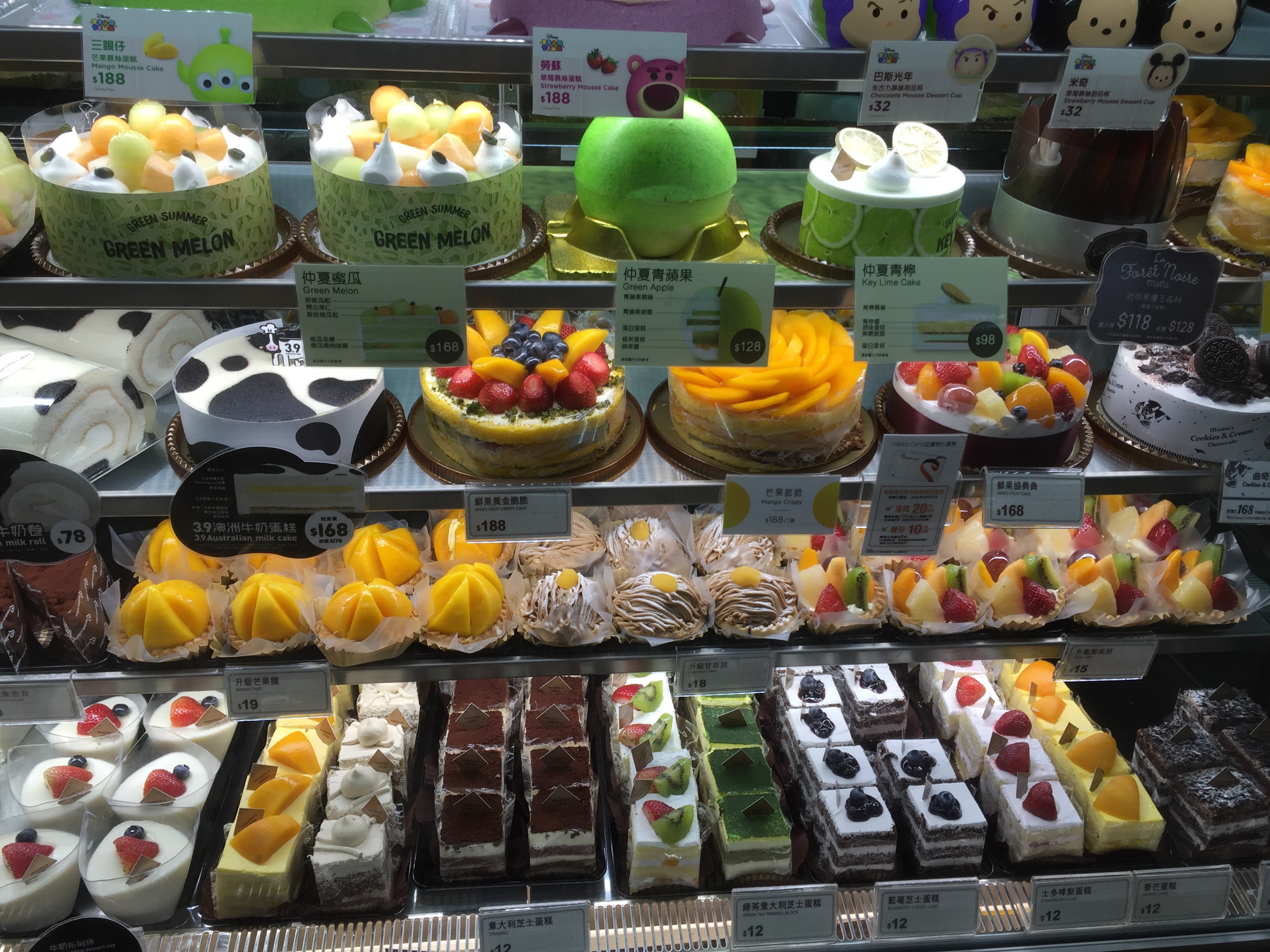 What else? We were in China for a full week before we saw ANY blue sky, and that was in Guilin. We had weather forecasts that suggested that the weather would be between 34-38C, clear and sunny, hot and very humid – but there was so much smog and air pollution hanging about that literally it felt like you were walking around on an overcast day and some days it was so bad, city visibility was down to barely a kilometre or two.
What else? We were in China for a full week before we saw ANY blue sky, and that was in Guilin. We had weather forecasts that suggested that the weather would be between 34-38C, clear and sunny, hot and very humid – but there was so much smog and air pollution hanging about that literally it felt like you were walking around on an overcast day and some days it was so bad, city visibility was down to barely a kilometre or two.
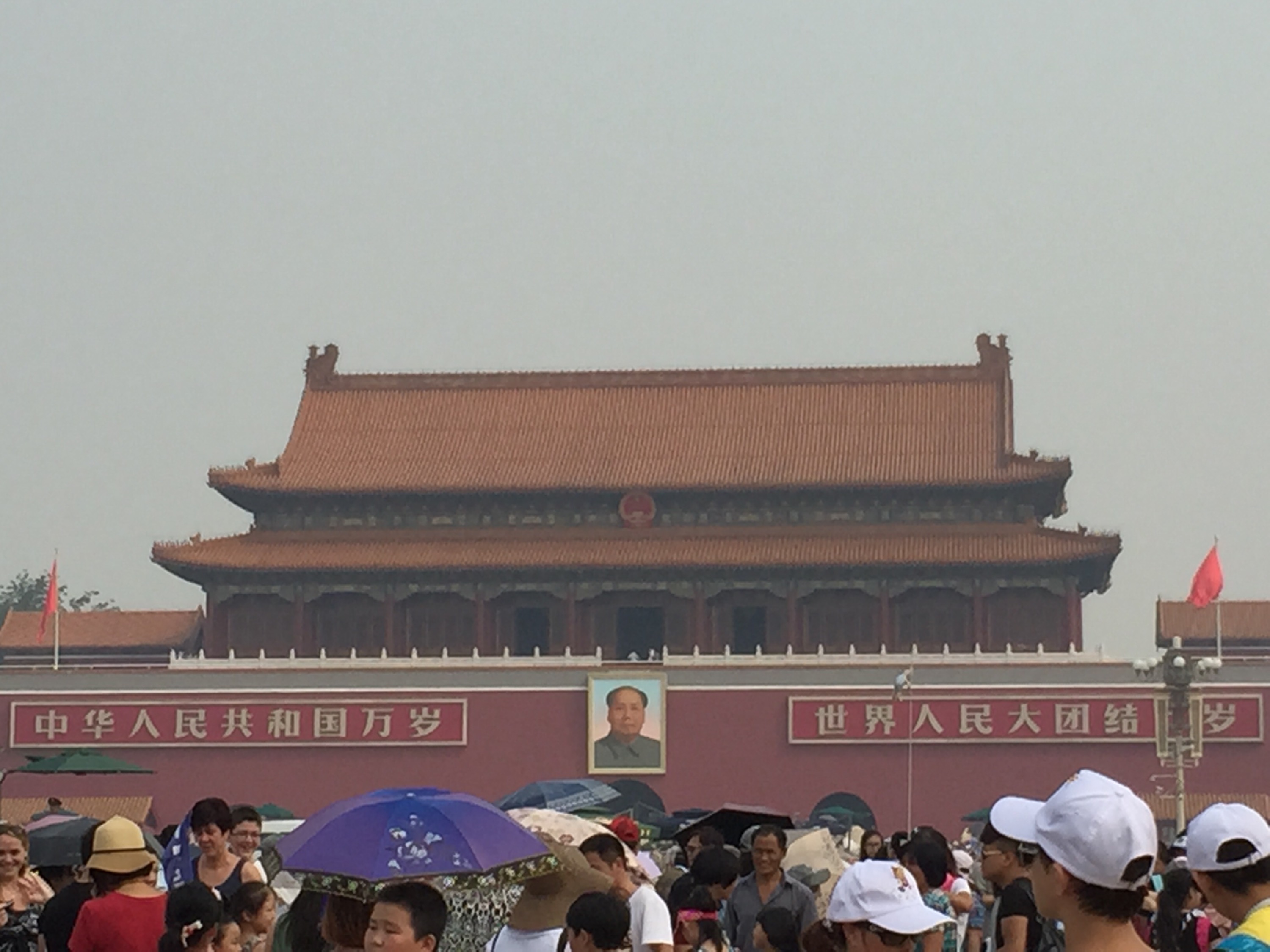 Many of our fancy hotels have Western inspired revolving doors… you know, the sort of large round revolving doors that you see in big swish hotels in New York or Las Vegas or London or Sydney… well, they had the big round shape of the door bit correct, but rather than revolving doors that keep the weather in or out, that patrons use to walk around to get into the hotel – these ones just had the big round shape, but with a regular automatic opening sliding door in the round space and a wee garden just taking up the leftover unused area…? They don’t revolve. No idea. Don’t ask.
Many of our fancy hotels have Western inspired revolving doors… you know, the sort of large round revolving doors that you see in big swish hotels in New York or Las Vegas or London or Sydney… well, they had the big round shape of the door bit correct, but rather than revolving doors that keep the weather in or out, that patrons use to walk around to get into the hotel – these ones just had the big round shape, but with a regular automatic opening sliding door in the round space and a wee garden just taking up the leftover unused area…? They don’t revolve. No idea. Don’t ask.
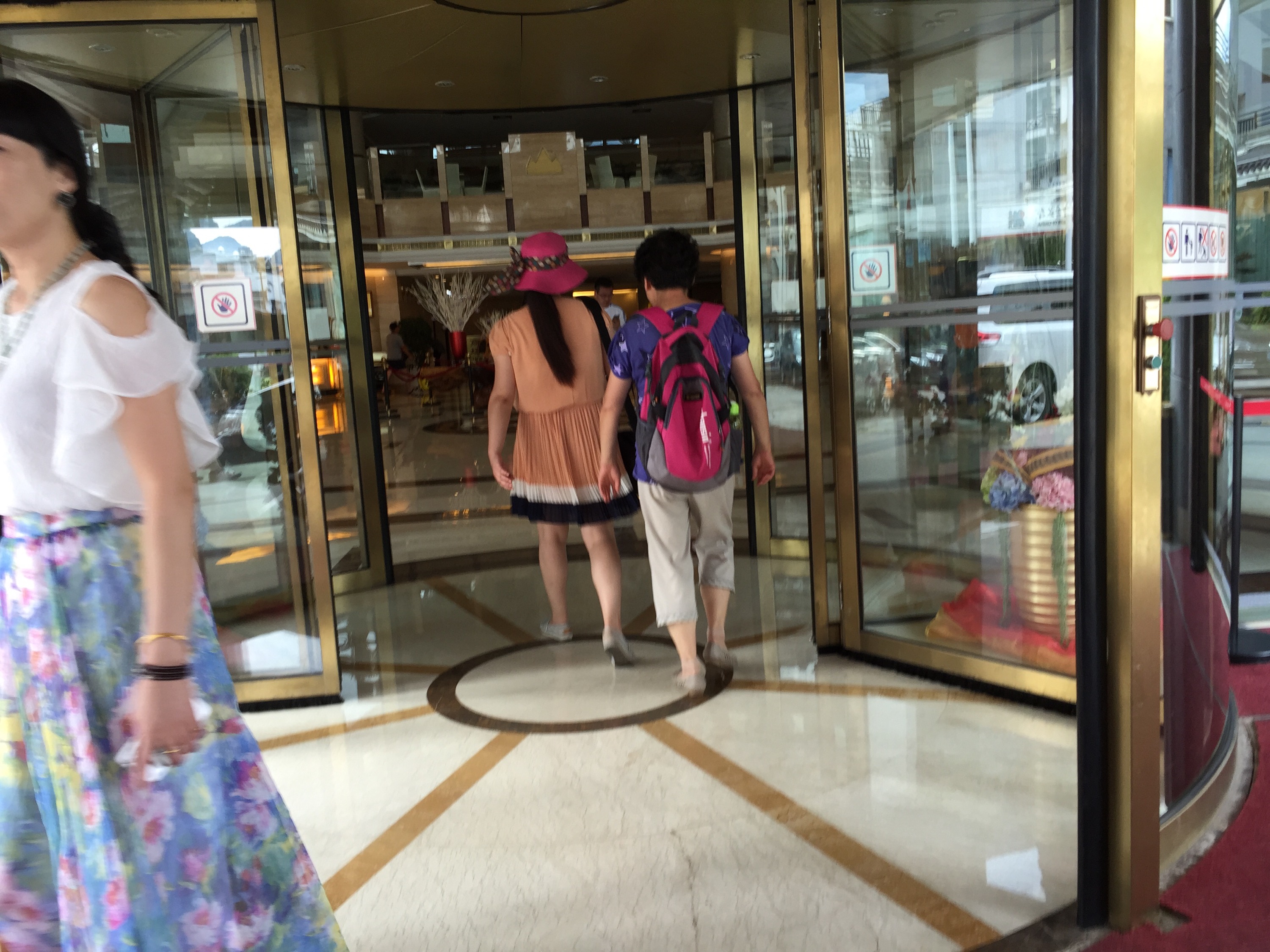 We saw many what they locals call, ‘three generation t-shirts in the marketplaces. They are so called because you buy them for yourself, then wash them once and they shrink to fit your eldest kid, they you wash them and they shrink again and fit your youngest. Three generations shirts.
We saw many what they locals call, ‘three generation t-shirts in the marketplaces. They are so called because you buy them for yourself, then wash them once and they shrink to fit your eldest kid, they you wash them and they shrink again and fit your youngest. Three generations shirts.
We found out there are only 400 golf courses in whole of China, and that the nouveau riche Chinese love their golf. But this country of 1.3billion people are not allowed to build any more golf course because it uses too much arable land. To put that in perspective, South East Queensland has about 150 golf courses with a population in the area of about 3 million tops.
We discovered that the numbers, 3 – 6 and 9 are all lucky numbers for special dates and that people will still go to diviners to check the best days for them to marry or to have a baby – now medical science allows elective c-section births, many women choose to have their children born on the most auspicious date available according to the local diviner. Some country markets only occur on the 3rd, the 6th, the 9th, the 13, the 16th, the 19th etc of the month, as to use other days would be unlucky.
I always though Chinese opera was more akin to cats wailing, but have come to realise it is music with people shouting at each other rather than actually singing. Not pleasant, even our local Chinese guides would screw up their faces at the suggestion off sitting through traditional Chinese opera.
We tried to learn some basic Chinese while we were here, but failed miserably, particularly after having spent four weeks trying to nail down some Japanese. All I managed to absorb was (and this is probably all spelled incorrectly):
- Xie xie – thank you
- Duo show tien – how much
- Ma ma hu hu – it’s so so
- Ni how ma – how are you
- Ding ding how – I’m very very good
- Xiong Mao – panda
- Bee pung wua – don’t touch me!
… and now I am going to have to reset my phone dictionary because it is going to accept these non-English words after typing so many place names etc.
What else? Many years ago people only married in the same district and nationality as the one they were born into. This has kept the ethnic minority groups quite strong in China. Now of course, people marry where they please and the government is trying to preserve the cultures of the ethnic minorities. In the past, you would ‘marry your daughters out’ to some other village, not many marriages would be arranged between people who knew each other and if a girl was lucky, her natal village would be relatively close to her in-laws home, as she was required many times a year to travel back to her family for festivals and holidays. And of course this being the case, your sons ‘married in’, which means their wives came to live in their family home primarily under the control of their new mothers in law. Can you imagine that? Getting married and going to live indefinitely with your mother in law and be at her beck and call and follow all her instruction until she croaked and (if you were lucky enough to be married to the elder son), you would then become the matriarch and torment your own daughters in-law? Sounds like hell on earth to me.
Another tid-bit: pomegranates are considered very lucky and of course is a powerful symbol of fertility (that one seems to translate to Western cultures too…The Chinese character for ‘many seeds’ is the same character as the word for ‘children’, so it is considered especially auspicious to give brides pomegranates or decorate her dowry gifts with pomegranate motifs..
Speaking of children, many of us would be well aware of the seemingly bizarre, One Child Policy that was instituted in 1978 to try to stem the tide of over population. At first, many families rebelled against the directives, having children and keeping them in secret (raising their own less preferred children as household servants). Also a tragic systematic disposing of girl babies started to occur as it was too important to have a son to carry on the family name – interestingly this has now swung the other way… after the initial generations all desired sons, they have finally figured out that their sons have no daughters to marry, and there is a little discussed problem with girls being kidnapped from country areas by wealthy family to be raised in their families to be wives for their prized sons. O.o This is happening now according to our most informative guide Sue in Guilin.
In the last couple years, the One Child Policy has been relaxed a bit and some families are allowed to have two children. To be eligible, both parents must come from single child families themselves OR come from one of the many ethnic minorities I mentioned earlier. If you meet this criteria, and you already have one child, when that first child reaches five years old, you may apply to the government for permission to have a second child. So, if a farmer from an ethnic minority background has a first child that is a daughter, then five years later, he is allowed to apply to have a second child. In spite of this relaxation of laws, apparently most eligible people have not taken up the offer to have a second child – child birthing and rearing is very expensive business in China. It cost over AU$2000 to have a baby in a hospital, and education can run to thousands of dollars a year, even at the most basic kindergartens and schools.
And of course no discussion of Chinese weirdnesses would be complete without a run down on toilets. All travellers will tell you of the vital importance of finding clean, free toilets when you’re out and about all day every day. China has some of the best and some of the worst ‘Happy Rooms’ I’ve ever seen. They also have some of the best worst ones too… Our first guide Kelly in Beijing set us off on a star rating system so we could report back to the group what to expect before venturing forth to test the facilities:
⭐️⭐️⭐️⭐️⭐️ Happy Room: Western toilet. Clean. Paper available. Soap available. Automatic taps. Hand dryers available. View optional.
⭐️⭐️⭐️⭐️ Happy Room: Western toilet. Cleanish. BYO paper. Water available. Sometime soap, but BYO hand sanitizer in case.
⭐️⭐️⭐️.5 Happy Room: Western toilet. People may have been standing on the seat. Need to clean first. Floor… questionable. Hand washing water available, definitely no soap. BYO paper and sanitizer.
⭐️⭐️⭐️ Happy Room: Asian squat toilet. Clean. Paper available. Soap available. Hand dryer available. Somewhere to put/hang your things while you balance to use the loo.
⭐️⭐️ Happy Room: Asian squat toilet. Cleanish. BYO paper. Water, but no soap. BYO hand sanitizer.
⭐️ Happy Room: Asian squat toilet. You will smell it before you see it. Urine visible on the soaked floors. BYO paper – sewerage system doesn’t cope with flushing paper and used paper is placed in a waste bin. Many will refuses to flush at all. Sometimes no doors. No sink. No way! Oh, and someone might be smoking in the stall next to you.
It was not unusual to go into a lovely hotel for lunch, with marble floors, beautiful chandeliers, granite vanity tops, and lovely well appointed western style bathrooms, only to find there is no fucking toilet paper… I mean, not an empty dispenser, just no toilet paper roll holder even. The weirdest toilet experience I had was at Guilin airport, where the cleaner, ever dilligent, didn’t even wait for me to exit the stall to mop the area and literally pushed the mop under the door and yelled at me to lift my feet WHILE I WAS USING THE TOILET! Bloody hell.
And last, but not least, in my list of China weirdnesses – which I found both weird and annoying… but which probably won’t even hit anyone else’s radar. Souvenir lapel pins. I collect them from all over the world. In fact, I’ve been collecting them since my first major overseas trip in 1995, when I bought pins from all over Europe (except Romania, but they were only a few years independent and hadn’t got the hang of the whole tourism thing yet). But no…. Chinese souvenir stores don’t seem to have them at all. Which is just fucking weird! Because the world over, whenever I pick up a souvenir pin in Alaska or New Zealand, or Japan, or Turkey or wherever – it will invariably, and inevitably, be in packaging that says that the damn thing was made in fucking China!

